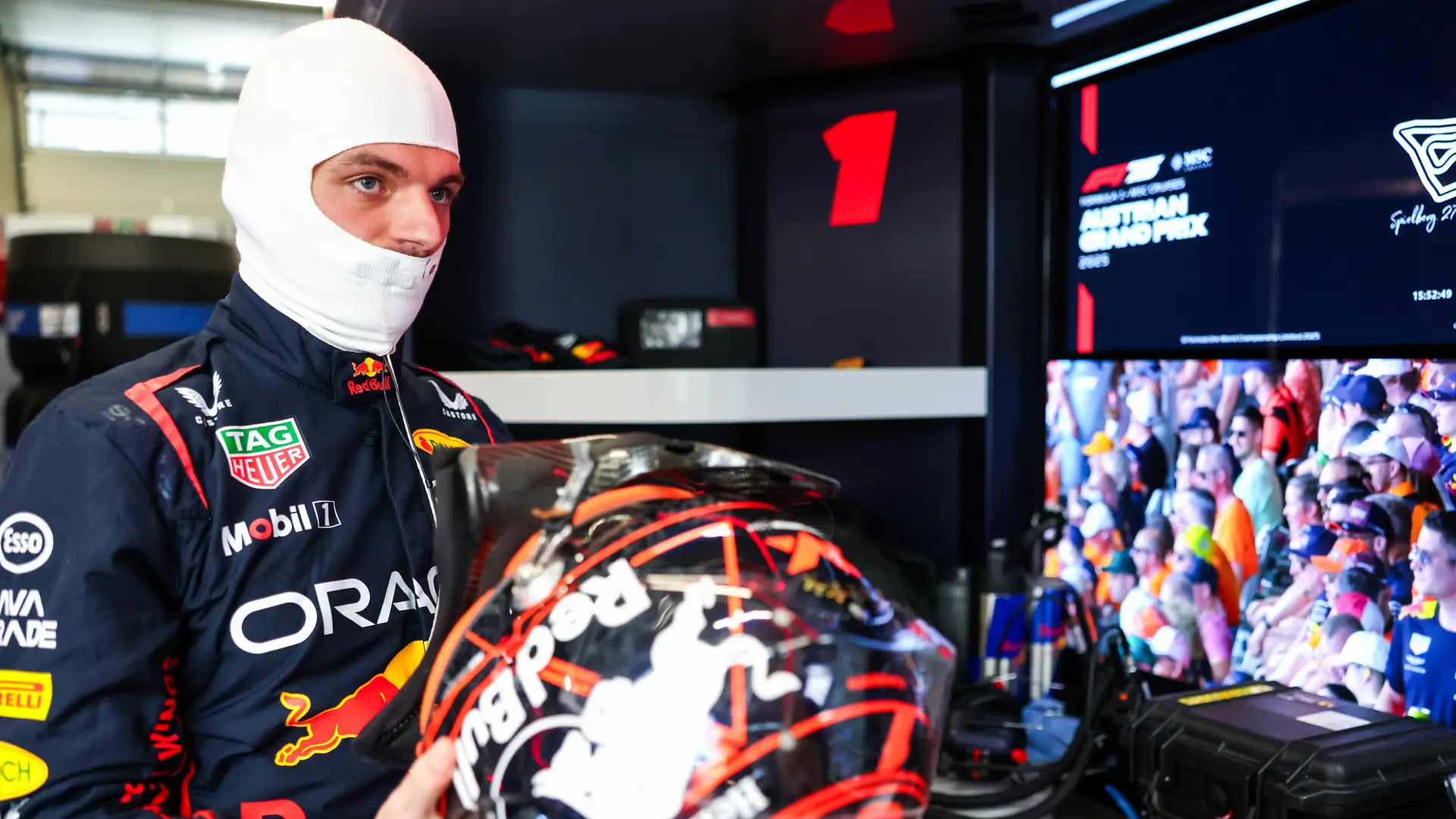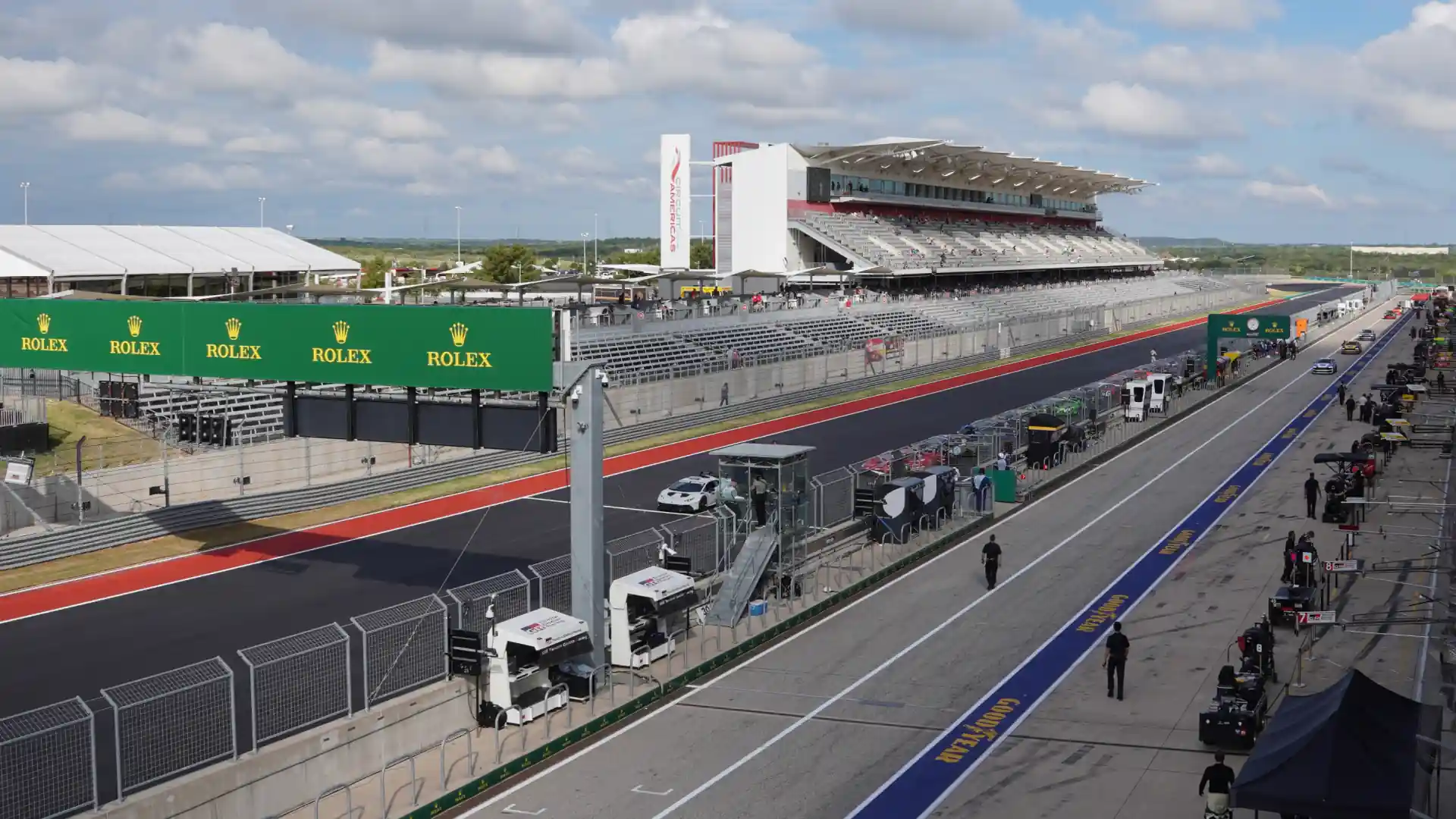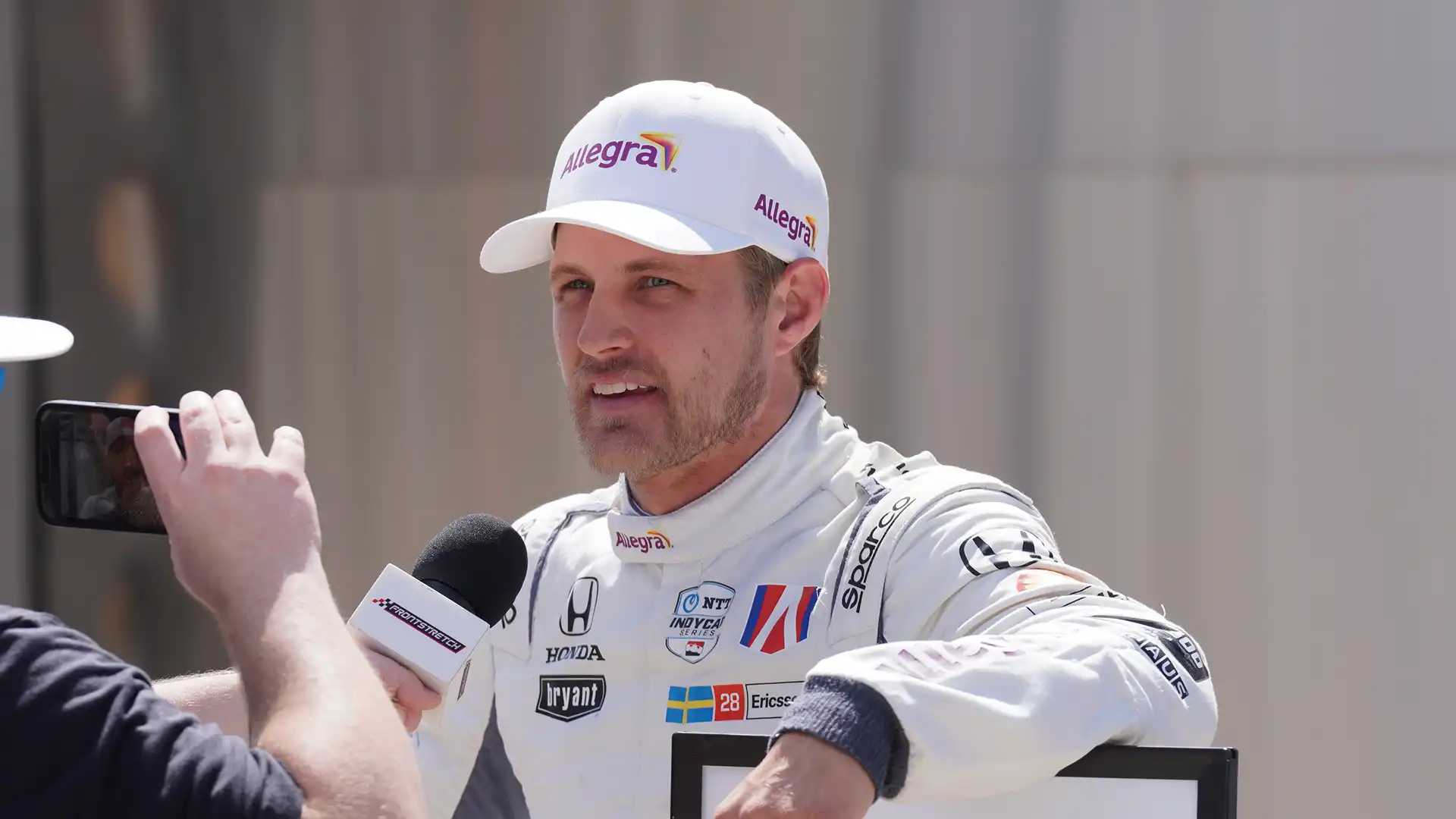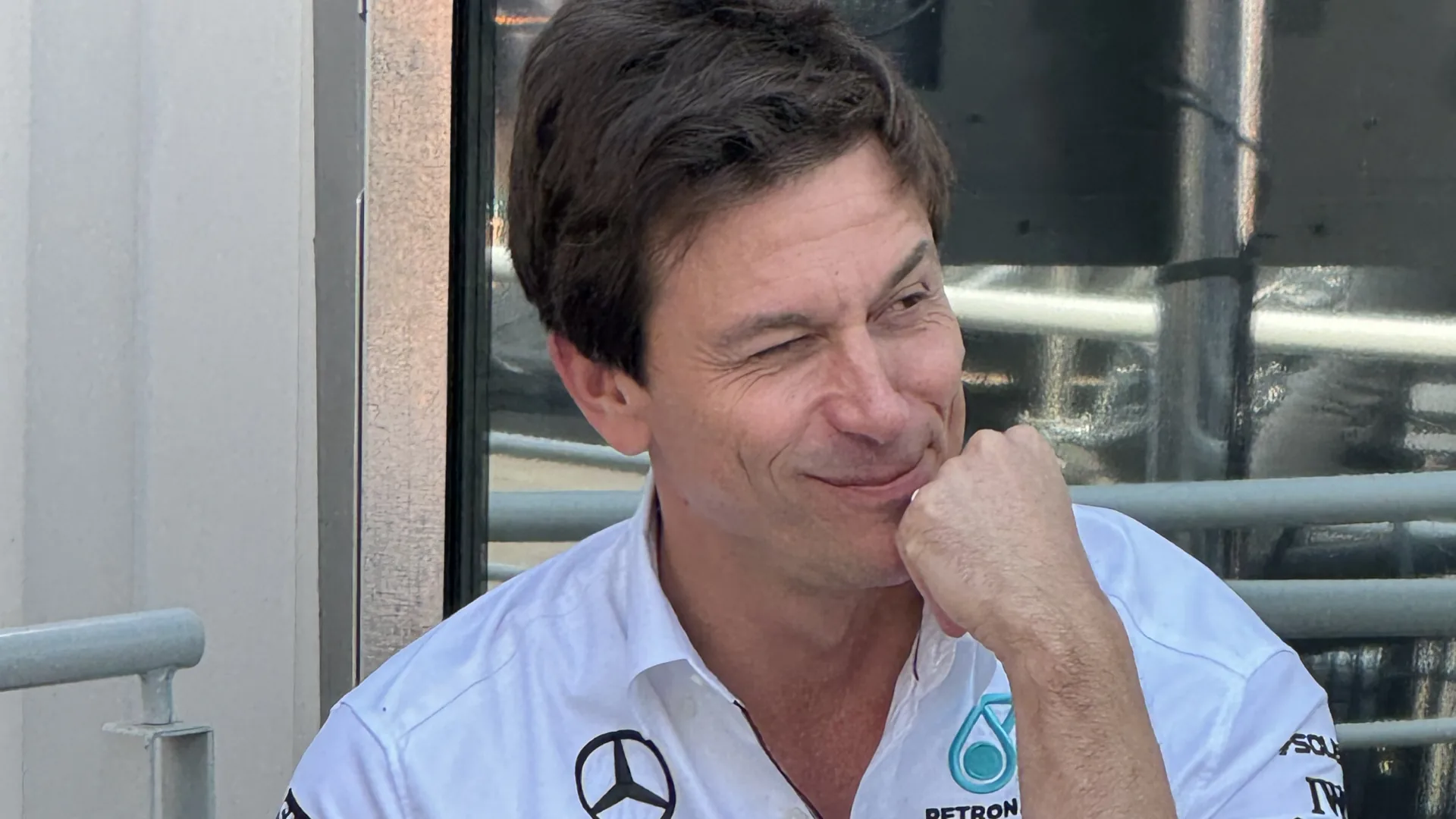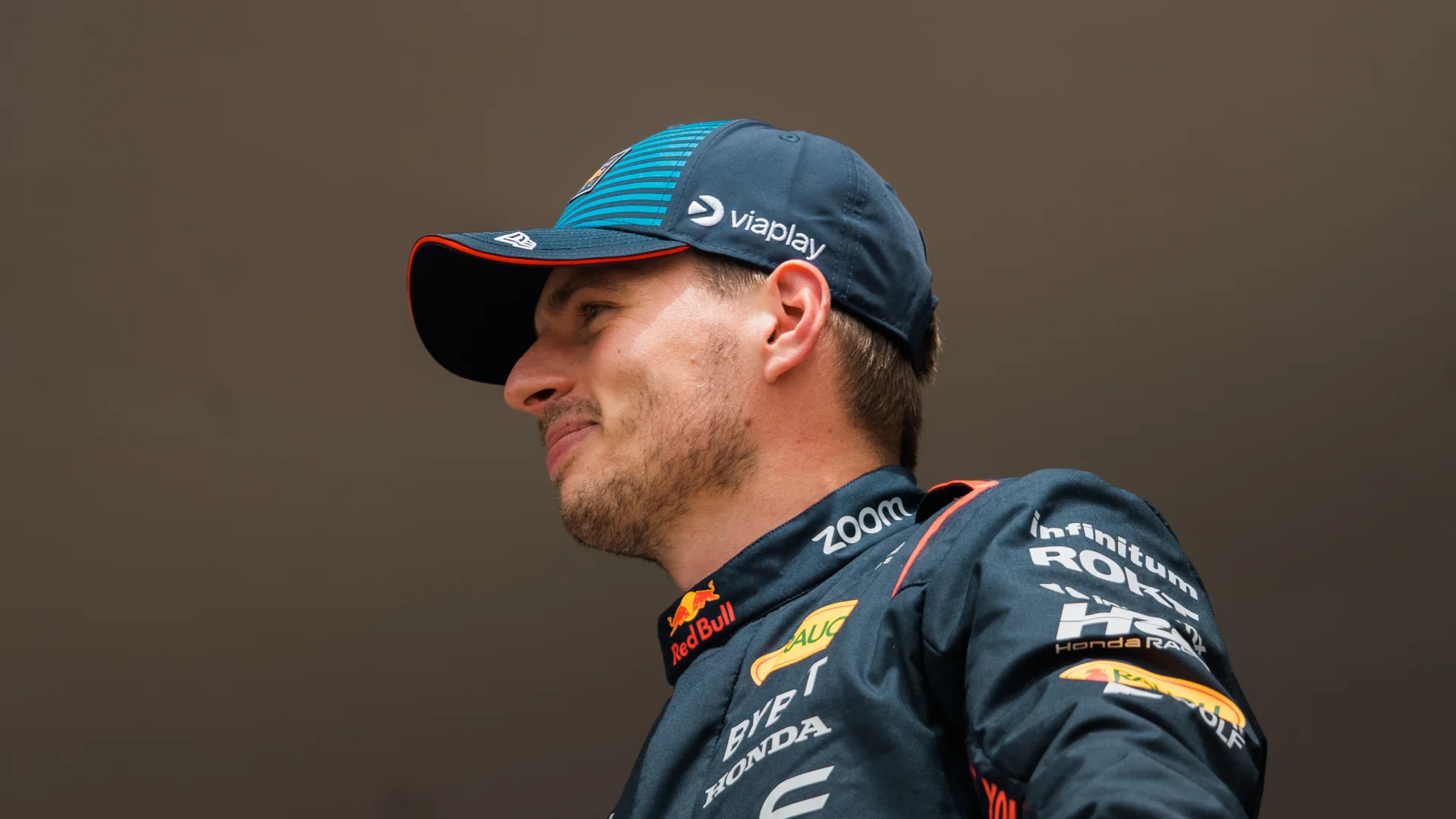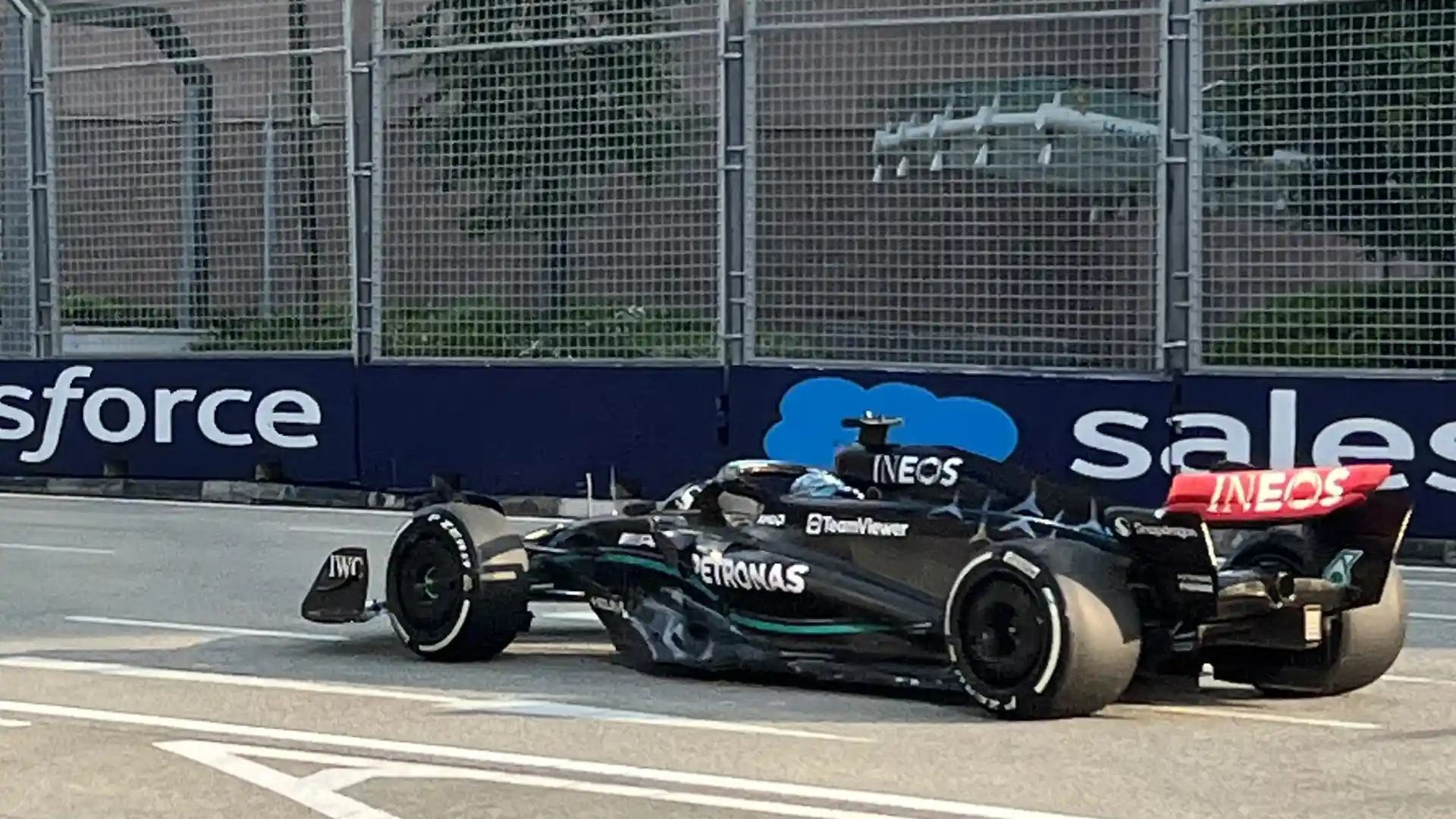Who would have thought that buying and selling used BMWs would lead to racing cars then crafting sports partnerships? Chris Vlok explains how he made it happen
Position: Founder of CVM
His Role in One Sentence: I'm an entrepreneur around sports and entertainment partnerships mostly with Formula 1.
Years in the role: 17
Chris's early career and start in racing
#1. What was the first moment that you can remember discovering motorsports?
Oh man, it takes me back. I’d probably say when I was younger, when I was 13, 14 years old. I used to buy and sell old mountain bikes and cars to make money on Trade Me, which is like New Zealand's eBay. And back then it was just coming out. So I used to buy old E30 BMWs specifically and clean them up and then sell them for a little bit of a profit on Trade Me. I'd buy them out of the newspaper or buy-sell exchange and then flick them onto Trade Me. So I started doing that quite a bit, me and my older brother did that, Steve. Eventually that got me quite into BMW motorsport. I think if you're in and around BMW as a brand, very quickly you become obsessed with the motorsport element of that brand.
I ended up building one of the cars I had into a track car and, you know, I painted stripes on it and drilled some holes in the exhaust to make it loud and that kind of stuff, and that was really where it all sort of kicked off. Someone was like, "you should race it." And I was like, "yeah, that's a good idea actually." And I started racing it and that's how I got into this.
Fast forward, I ended up racing all over the world professionally for many years and all sorts of things. And then yeah, parlayed that into business and started doing this in the business side of motorsport. It's been a long time, but that was my first sort of intro into the motorsports world for sure.
#2. When did you decide that this was the industry you wanted to build your career in?
To be honest, I think it kind of just happened like this. You know, earlier, I've always been into business and I think motorsports was actually a byproduct of my enthusiasm for business and specifically, you know, buying and selling when I was younger. That really kind of, you know, was my first sort of taste of business and making money. And I liked it and I was good at it. So, yeah, I always sort of have, since then, been thinking about business ideas or, you know, cool ideas to start or companies or brands or how can we spin stuff up or whatever. Motorsport was sort of a byproduct of that, they went hand in hand for a long time as well.
My whole career of motorsport, you know, I didn't really have significant sponsorship or huge backers. I was very lucky. My parents supported me a lot in the early days and a lot of the time as well, I was able to do deals with teams or get support from teams to either be running at cost or below cost with a bit of help from their sponsors. But it came to a point where the racing was becoming so expensive or the budgets that I would have to bring to a team was so significant and I sort of started wondering, okay, well, I'm spending so much time trying to find sponsorship from other people, I think it is actually probably easier to make my own money. Or if I put this amount of time into my own business or startup that I could make my own money and fund my racing
Easier said than done.
But that idea was the catalyst to wanting to start something significant, not just flipping cars or something like that. So from that point onwards, there've been multiple startups or little spin-off companies that I've tried to do, then failed, then tried to do, then failed, but all the while was a lot of learning taking place. Eventually it came to a point with my racing or my own driving that I couldn't accept any of the drives I was getting, and couldn't bring enough sponsorship to the table.
So I sort of pivoted and went to the business side of the sport, which wasn't so easy and wasn't, you know, a goal initially or anything like that. I think it was the natural progression of, okay, here's something that I really love as an industry to be around and be with, and one that I want to be in. Also something I'm very good at, I've sat on both sides of the fence as a driver, plus wanting sponsorship or looking for sponsorship and now going out and brokering deals like that for teams and other drivers and other athletes.
#3. What was that first step you took to go in that direction? What was the first thing that you did to try to bring this business idea to life?
Well, funnily enough, initially the way that this kind of came to life was a little bit unique. It wasn't planned as such. Back in 2016, I was driving for a team called REITER Engineering in Europe and their GT program. And at the time, one of their sponsors had a track day. At that track day I met the CMO of a company and I went on to do a lot of work with a company called Acronis. You've probably seen them in the motorsports and sports world, they’re still very prominent. But at the time I wasn't thinking actually in terms of business or brokering deals or working for them or anything like that. I was really actually quite infatuated with the idea of filming all these cool things I was doing around motorsports, the travel, the unique events and things like this. And so I pitched the idea to them when they were about to do this deal with F1. I said, “Why don't I come and film it from behind the scenes? I know all the drivers, I know most of the teams, and why don't we show the world the behind the scenes perspective of Formula 1?” Which at that stage hadn't been done yet, and of course is now featured in Drive to Survive.
So that was set to go ahead for 2017 and there were a few changes internally at that company that meant that didn't end up happening. But we kept talking, we kept chatting and a lot of the time during that process as well, the CMO would ring me and say, “Hey, what do you think of this? And is this a good deal? They want this and that, what are your thoughts” and this kind of stuff. I didn't really know the value I was adding at the time, to be fair, but it very quickly developed into this position where they asked me to come to work for them full-time and you know eventually that's what we ended up doing so that was sort of the the first time that my motorsport career or driving career actually made sense in the real world or had some value to the real world. That's often a big issue with athletes or younger athletes or drivers where they spend their most formative years of their life coming up to that title, like racing driver or hockey player or whatever. And then when they don't make it, then what do they do? That position or all those years of skill and training and dedication to this one sport doesn't translate. You can't go be a builder with the same skills or go work in a bank. It's different, right?
That was the first time, which was quite cool, that a lot of the skill set that I'd learned over those last 15 years of driving all of a sudden made sense and something that I could properly get paid for, for one. And secondly, you know, build into other stuff that I'm quite passionate about, which is other businesses and that's where we are now. So it wasn't really the plan, I guess. Maybe I would have naturally found myself here anyway, but it was sort of a nice parlay into this.
Chris's current role
#4. What does the average day look like for you? What's a standard ‘day in the life’ for you?
Yeah, it's pretty interesting. So I've got so many projects or fingers in many pies, I guess. From that period of doing stuff for just one company, it's really snowballed into a lot of stuff. And I'm in a position now, which is nice, that I'm able to start doing stuff that I'm really into rather than stuff that I have to do, which is nice. So some of the projects that I'm working on now and, things that I'm involved in are really passion projects. So, and again, noting, you know, one of my passions is business. They're not, non-profits or things like that. It's trying to make successful businesses and build successful companies. Some of the things that I'm doing now, besides brokering deals, mostly in and around Formula 1 brand partnerships, the latest being ELEMIS, which I'm sure you saw, was the first B Corp into Formula 1. So that was pretty cool.
Basically, I've launched my own fund, or not since then, but I've been working on that for the last couple of years. The idea being that I'm involved in so many interesting facets of this sport and entertainment world, that there's a lot of opportunity to be involved in companies that I'm working with or meet or come across. So the idea of launching that fund was basically to be able to partake in some of those companies or opportunities that I come across which is exciting. Then the second point of that is really with me and my network and some of the LPs involved is to be able to take a company or see an opportunity where the group of us can collectively grow that company through whatever interests we have already, whether it's existing investments or partnerships in sport or things like that. So that's something I'm heavily involved in working on at the moment, which is cool.
And then day to day, it changes, and being based in New Zealand at the moment where I grew up, makes it interesting. I mean, this is 8:30 am for me in the morning now having this call. I'm usually up, you know, it's like 6:30, something like that, and doing calls back to back, or the opposite, sleeping in until 10 a.m. because I've been up till 3 or 4 a.m. doing calls with the other side of the world as well. So it's funny for a lot of people. I think that would probably not be the greatest lifestyle, but for whatever reason, I'm super used to it now, and I quite enjoy it.
No two days are the same here, whether I'm working on my cars during the bulk of the day and then doing calls at night or meetings in the morning or whatever, that's sort of the gist of it. So it's an interesting life I'm living at the moment.
#5. What are the most rewarding and the most challenging parts of your role?
Challenging
I'd say the most challenging thing is all the travel. I'm quite a homebody, like all my friends and family are here [in New Zealand]. Unfortunately, that happens to be on the other side of the world for a lot of this business. So that's something that's been a big challenge for me, even when I was driving, you know, and I think for a lot of drivers too, or young people entering motorsports, you have to travel, especially in Formula 1 or other international leagues or championships.
There's a lot of travel involved and no one really tells you how hard that is at 18 years old, having to pack up your bags and move to England by yourself and live in a little apartment by yourself and cook your own meals and, it’s a big drop into the real world. Then to do that without your friends and family's support- or not necessarily without their support, but they're not local. They can't come over and give you a hug or cook a meal for you or do that sort of stuff or hang out. So you’re forced to make new friends. That's a big challenge for any young person to have to go and do that sort of thing.
I struggled with that a lot with moving overseas. I think I'm quite lucky, I have a really good group of friends. We're very close, and see each other all the time. Same with my family. So to say goodbye to that when you're in your early 20s - 19, 20, 21 - and all your best friends are partying every day and living together and having so much fun. And then you're like, okay, see, I'm going to go chase this dream, which you love, but you straight away see very clearly what you're giving up or one of these things that you're going to have to give up. And so that was tough for me.
Greg: And are you still doing that today? Is that still part of the role that you have to deal with?
Not much. Me and my friends don't party as much as we used to, so there's not as much to miss when I go away. But no, it still is there. I mean, you know, everyone's 32 now, everyone's grown up and has significant others in their lives or kids and their own families and things like that. It does, you know, it does change things, but sure, even now to say goodbye to my family and friends and go overseas for two weeks it's a lot easier these days.
There's some creature comforts involved with that. I'm no longer, or not always, sitting at the back of the plane like I used to which is, you know, nicer but you have to pack your bag, go overseas and things. So I think yeah there's certainly been something challenging for me but you get used to it as well and it's just one of those things.
Rewarding
On the flip side, from a rewarding thing or part of it, I think probably one of my favorite points of being in this world and business is the people you meet. You meet such interesting people and I've developed such nice friendships with so many interesting people from around the world, from all sorts of different walks of life, and that's a very cool thing to be a part of or involved with. If you're constantly getting opportunities to meet people like that, it's fantastic. And that's one of my favorite things about Formula 1, is it's just an absolute melting pot of the most interesting people. When you're doing or trying to do interesting things in business, those are the people you want to be around or spending time with.
To have an opportunity to constantly be around people like that is just fantastic. You don't often get the opportunity to meet so many like-minded people like that. No matter what city you're in, there's no bar you can walk into that's just full of the same sort of people. So that's a really nice thing about Formula 1. The more you're in it, you develop these friendships and familiar faces and you get to know everyone. So that's a really nice part of the motorsport community. And that's not just Formula 1 either, that's all different championships and leagues and series and things like that. It's a strong part of the sport and entertainment world, which is pretty nice.
#6. What are the top 3 qualities that have helped you succeed in your role?
Coming from New Zealand
I'd say one of the biggest, me and my friends often talk about this, but you know, coming from New Zealand, I think it’s a plus. New Zealand has a different mindset toward business or people trying to do other stuff. We call it tall poppy syndrome here. So if people are really reaching for something, nine out of ten people knock them down here. And so there's a fine line to walk when you're a young guy trying to achieve something great in sports or business or whatever that might be. If you're going against the grain, there's typically a big backlash against that so I think actually, that as bad and negative as it is, it’s actually been a really good thing for me because my friends have kept me very grounded throughout my entire driving career. Plus what I'm doing now, you know, there's always some, some, bit of shit behind the scenes of really keeping me grounded and level headed, which is nice. I think that has translated really well into a lot of the business discussions and, especially in a world like F1, sports and entertainment full stop where there is quite a bit of chaos and you know a lot of showmanship and this kind of thing. Sometimes it's nice to know you come from a very normal background or a very grounded approach to how I do things so I think that's definitely been one.
Knowing how a driver thinks
Probably having come from the other side of the fence as in being a driver and then now representing drivers or helping drivers or teams. I kind of know what they're going through or certain scenarios that might come up or things that. It's life experience plus some. So that's probably helped quite a bit.
Not being afraid to try something different
I think the other part would probably be that I've always wanted to do something different. I've really- even when I was 15, 16, I remember saying to my parents, I never wanted to be normal in terms of having a nine to five job. And there’s nothing wrong with it obviously and sometimes I wish I did because there's a lot of stress and angst that goes with trying to do the opposite. I think I've aged prematurely probably 10 years in the last 15 years from pursuing stuff like this but at the end of the day I think the tenacity that I've built and the resilience I've built through all of the hardships I've faced over the years or hurdles I've faced whether it's mental health, traveling by yourself, living paycheck to paycheck, or really putting myself out there.
That's probably been a pretty formidable set of skills as well to bring to business now too, which has been great. So yeah, I think those would probably be my three go-to's, I'd say, or the most influential impacting my life.
Chris's advice
#7. If you could go back and change anything about your path, what would it be?
Hmm man, it's a hard one. I think in competition or in a sporting sense there would be a few decisions I would probably do differently or reactions I would change or things like that from whether it's bad races or teams or cars or whatever.
There's probably a handful there, but I try not to think about them too much. You know, there's always the ‘what ifs’. If I had gone and signed with these guys instead, maybe I would have been here instead or something like that. Because of where I'm at now and how things have panned out, you know, it's not too bad. I don't typically think about that sort of stuff too much, but there for sure was a time where I'd be like, shit, I wish I did that or wish I didn't do that or something like that.
#8. Is there anything you know now that you wish you could have said to your younger self?
I think you could always go with the, you know, I wish I could have invested in this then or that sort of stuff. But honestly, I think the biggest thing that I would have done or told myself is to just enjoy it. And, you know, not that I didn't, but that was a huge oversight. I think a lot of young athletes and a lot of young drivers or young people in general that are shooting for something big typically miss out on the enjoyment. It sounds very cheesy but the enjoyment's really that journey of getting there. It's not once you get the nice car or the trophy or whatever it's all the crap that goes with that to get there.
Me and my dad talked about that a lot and my mom, we had some amazing memories with them traveling, you know, literally to the other side of the world to come to one of my races or to come watch me race at different events and things like that. Sometimes it was just madness and traveling together and jet lag and early morning flights and the cheapest flights we could get to get there or crappy hotels or this sort of stuff.
In hindsight, that's the stuff that we look back on and think, man, that was actually so great that we did that all.
#9. If you could give advice to someone younger who's looking to get to your seat today, what would that be?
I would say take chances.
When I was 15 and buying and selling all these old E30 BMWs, I was part of this online forum of other BMW owners and things and I remember posting on there once and being like, "hey, I've got this car. I want to build it into a track car, what does everyone think?" You know, just soundoarding. I think I'd made up my mind already and knew, I'm going to do it anyway, but I wanted some reassurance whether this was a good idea or not, or what am I getting into. And, you know, everyone was supportive and one guy said, "Chris, you're 15. You either can do it now until your early 20s or something, or again, maybe consider it when you're like 50 and your kids have left home and you can start experimenting with this sort of stuff." So that really stuck with me as well. That's been something I've been pretty big on for until even now. But specifically when I was young, 15 to 25, I took risks big time.
Nine out of ten times that didn't pay off, but you have to put yourself in the right room to give yourself the right chance to meet the right person or get the right opportunity. All of the successes or wins that I've had over the last 10, 12, 13 years or so, whether it was driving professionally or now with business has been from taking a risk of flying to this place, going to meet that guy, you know, going to that event, that sort of stuff.
Chris's career highlights
#10. What is your favorite race, event, or moment that you've had in your career so far?
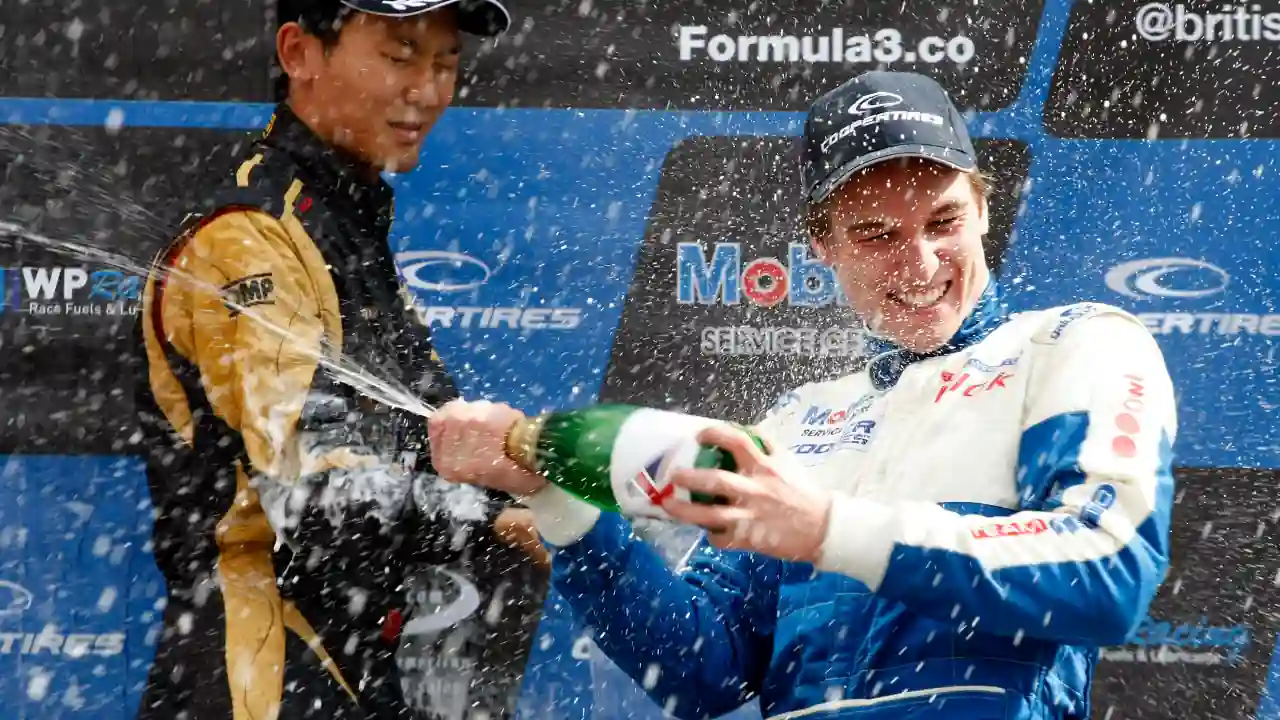
Okay, in the car, 100%, 2011 I drove the Quebec Formula Tour, which is like Formula Ford, and we had a race at Grand Prix de Trois-Rivières, and that was just the best weekend driving-wise. We had the most epic race on the Saturday afternoon that I ended up coming third in and I think that was my first podium for that championship, but it was just a hectic race and that was an awesome championship. 42 cars, super close competition, all sorts of levels of drivers. You know, gentlemen drivers but quick gentlemen drivers, not guys just floating down the back like they were mixing it with all the young guys. And there was carnage, a few crashes and I was right in the middle of all this carnage and just managed to get through. So that was epic. That's 100% top of my list and the awesome podium afterwards and it was televised. We did this victory lap on a truck afterwards and as a young guy doing that, it was pretty cool.
Want to learn more about other professionals across motorsport series? Then check out all of our Fast Lane interviews, or jump right into one of these:
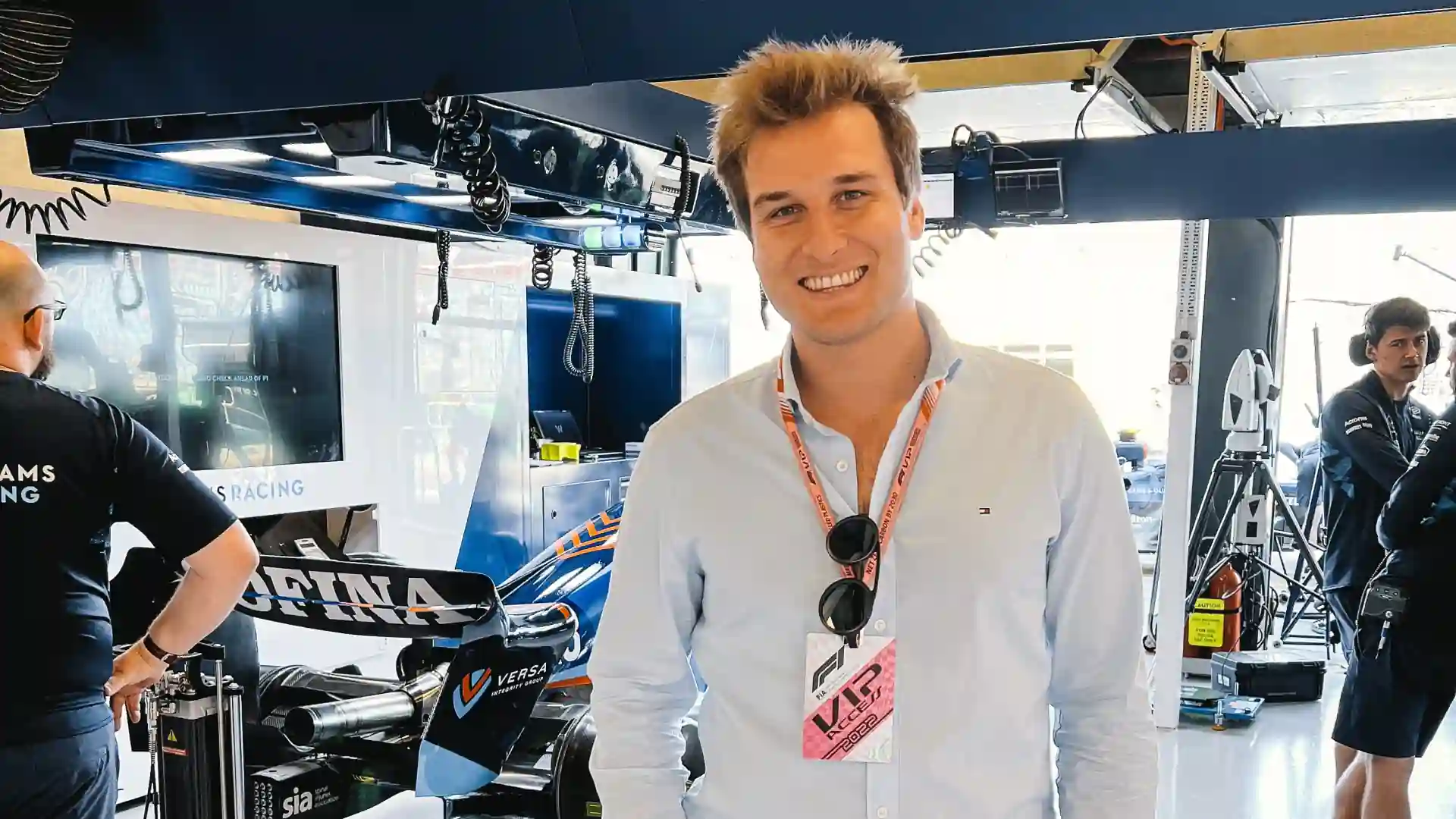
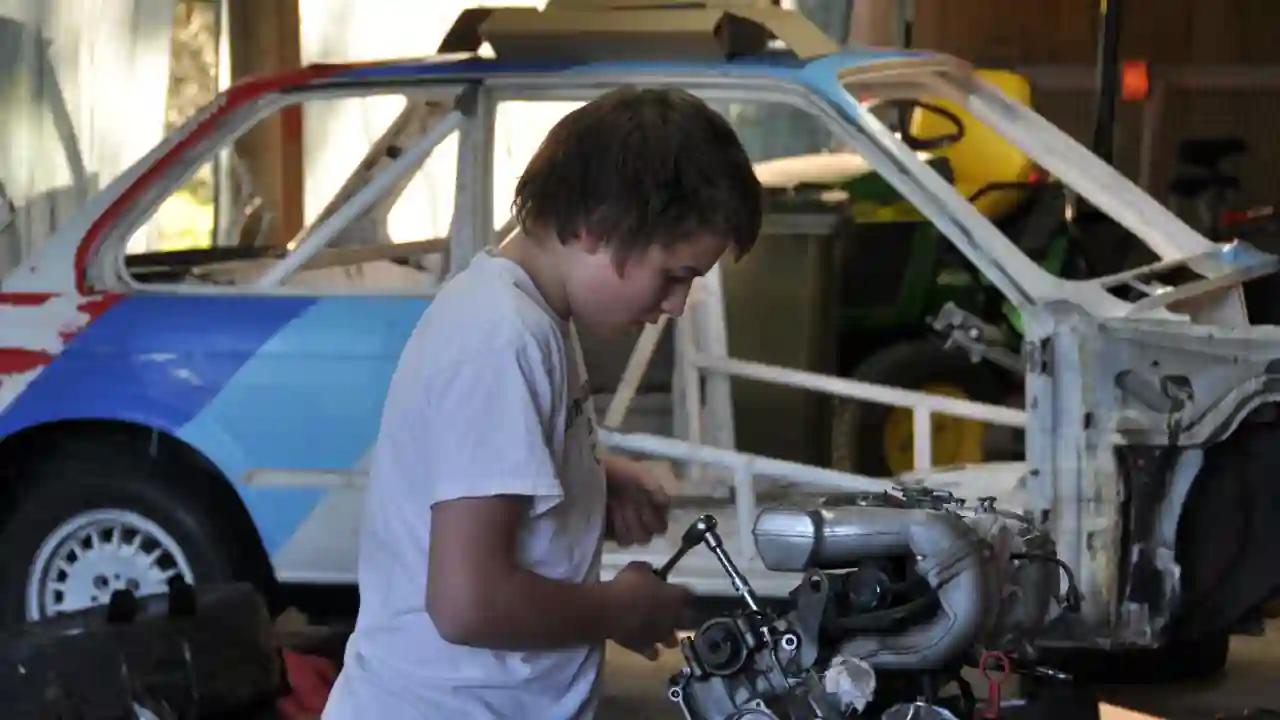
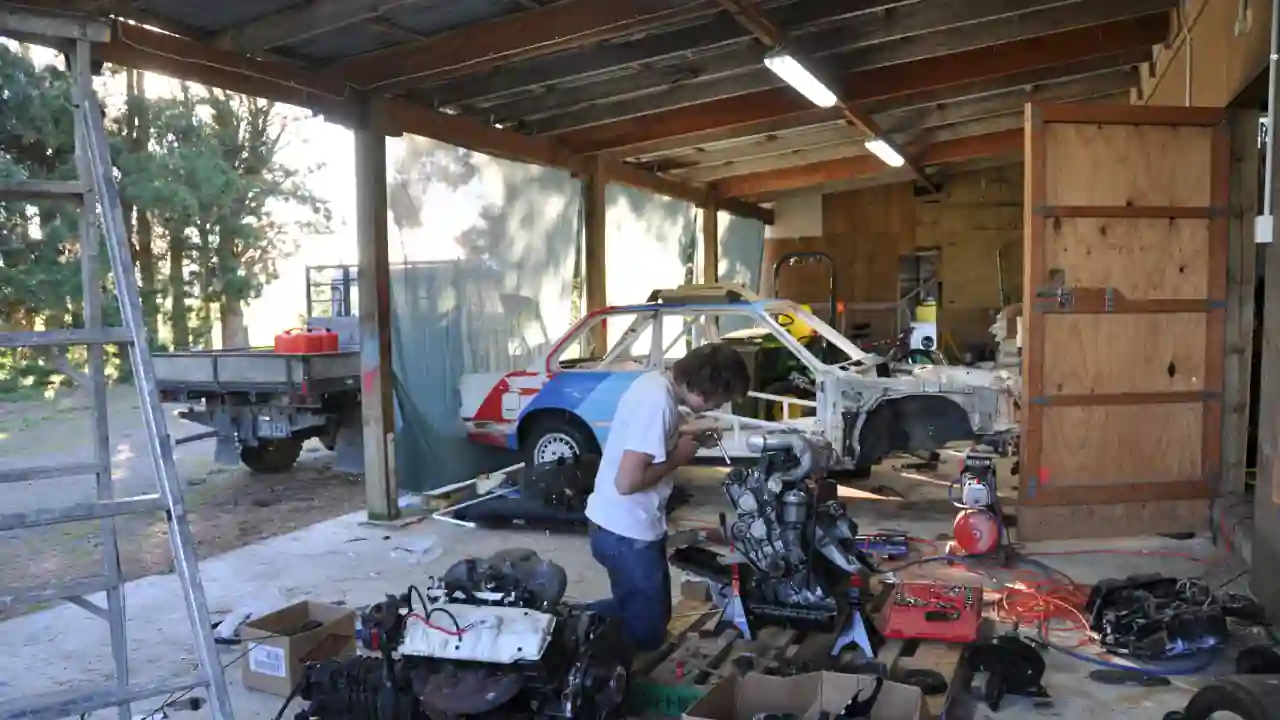
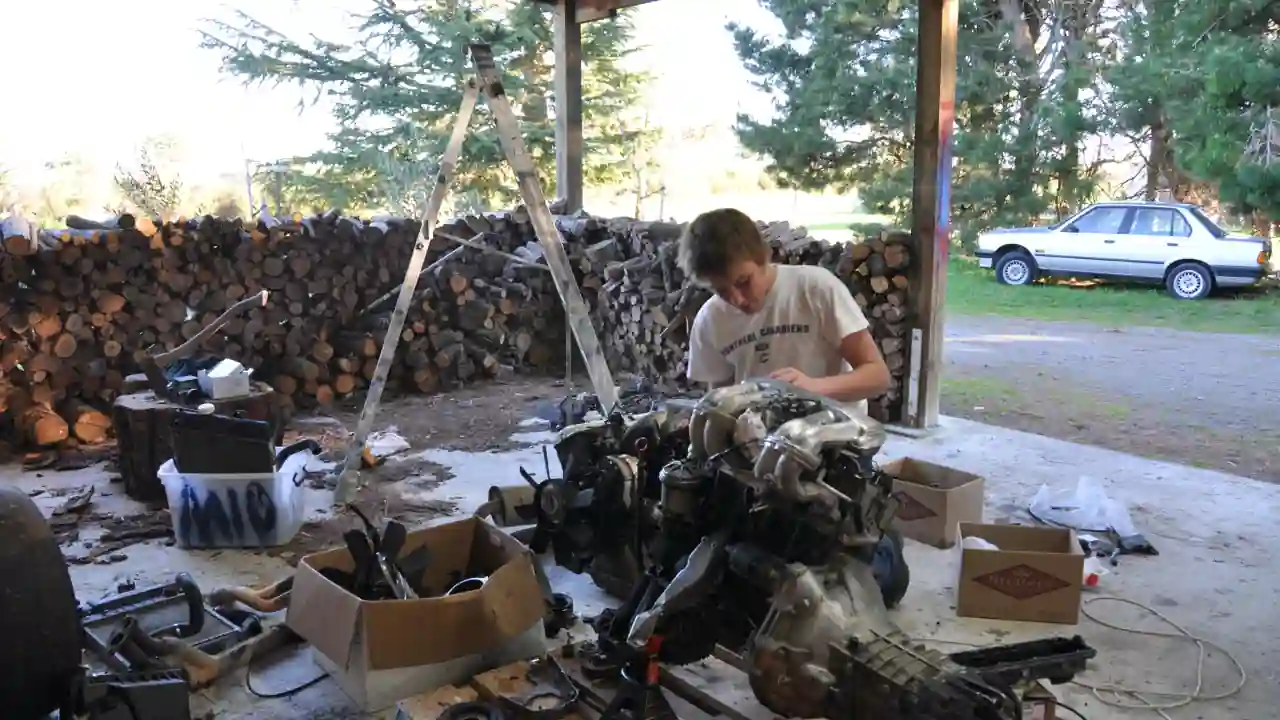



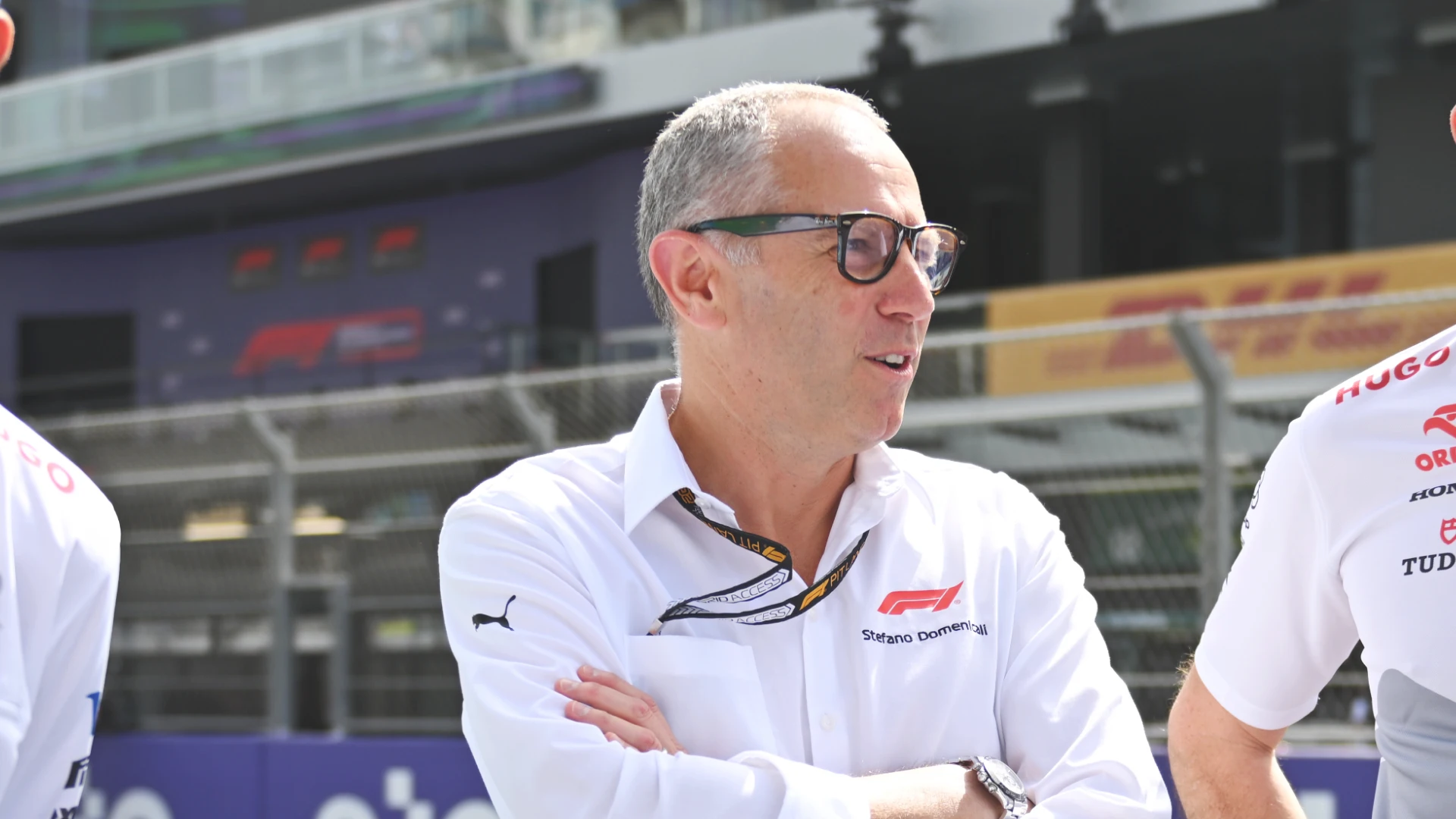
.webp)


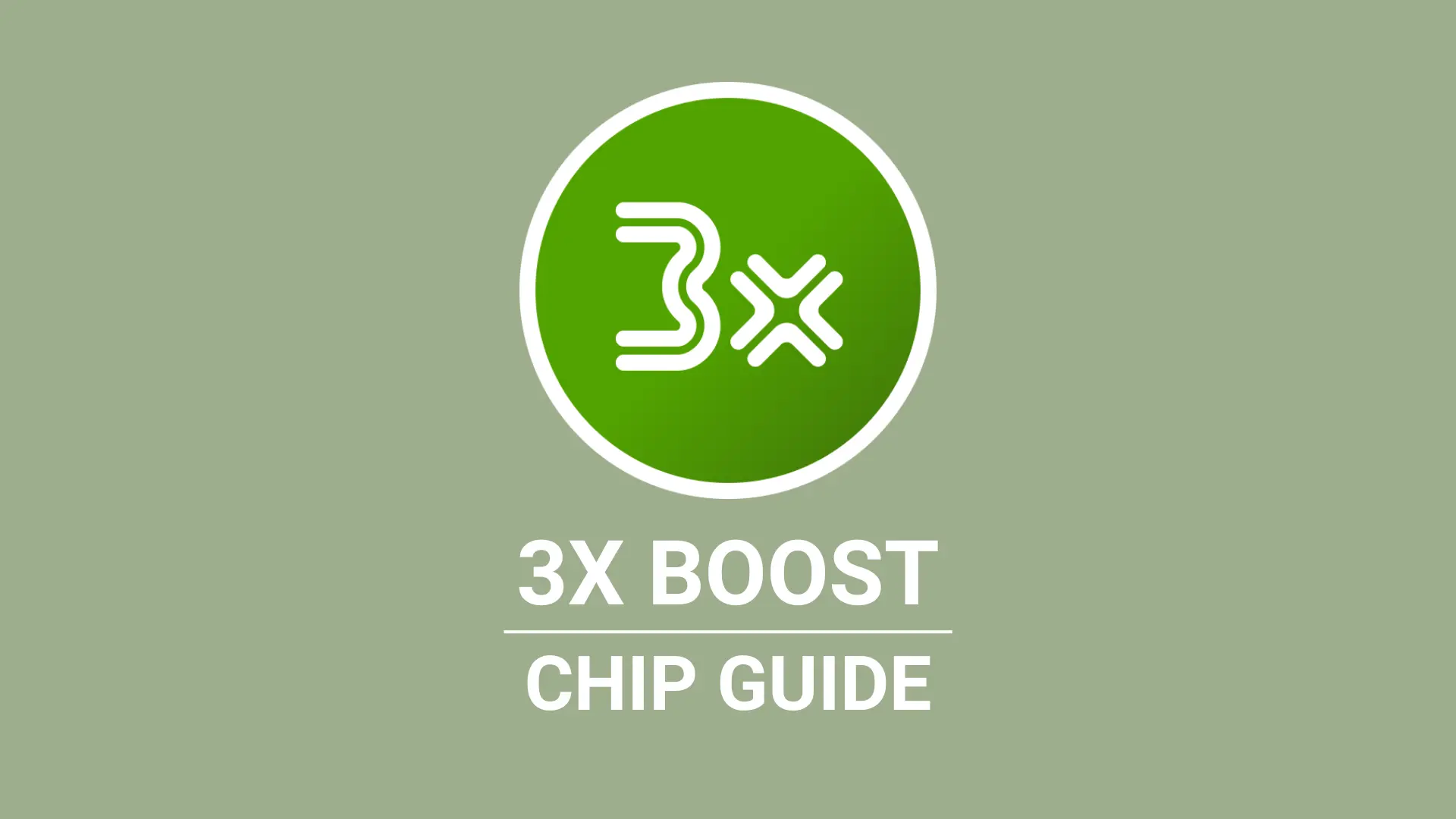





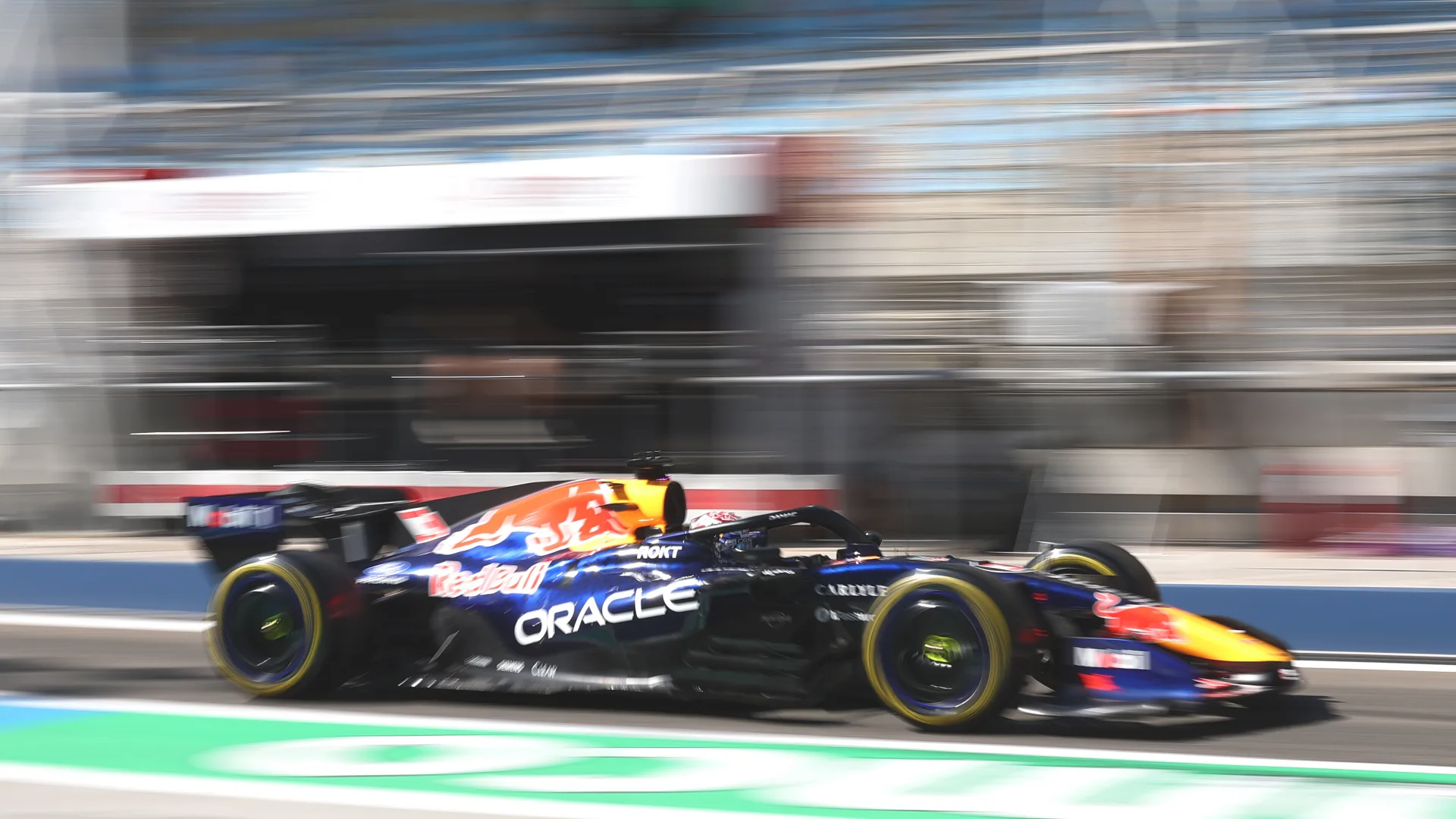
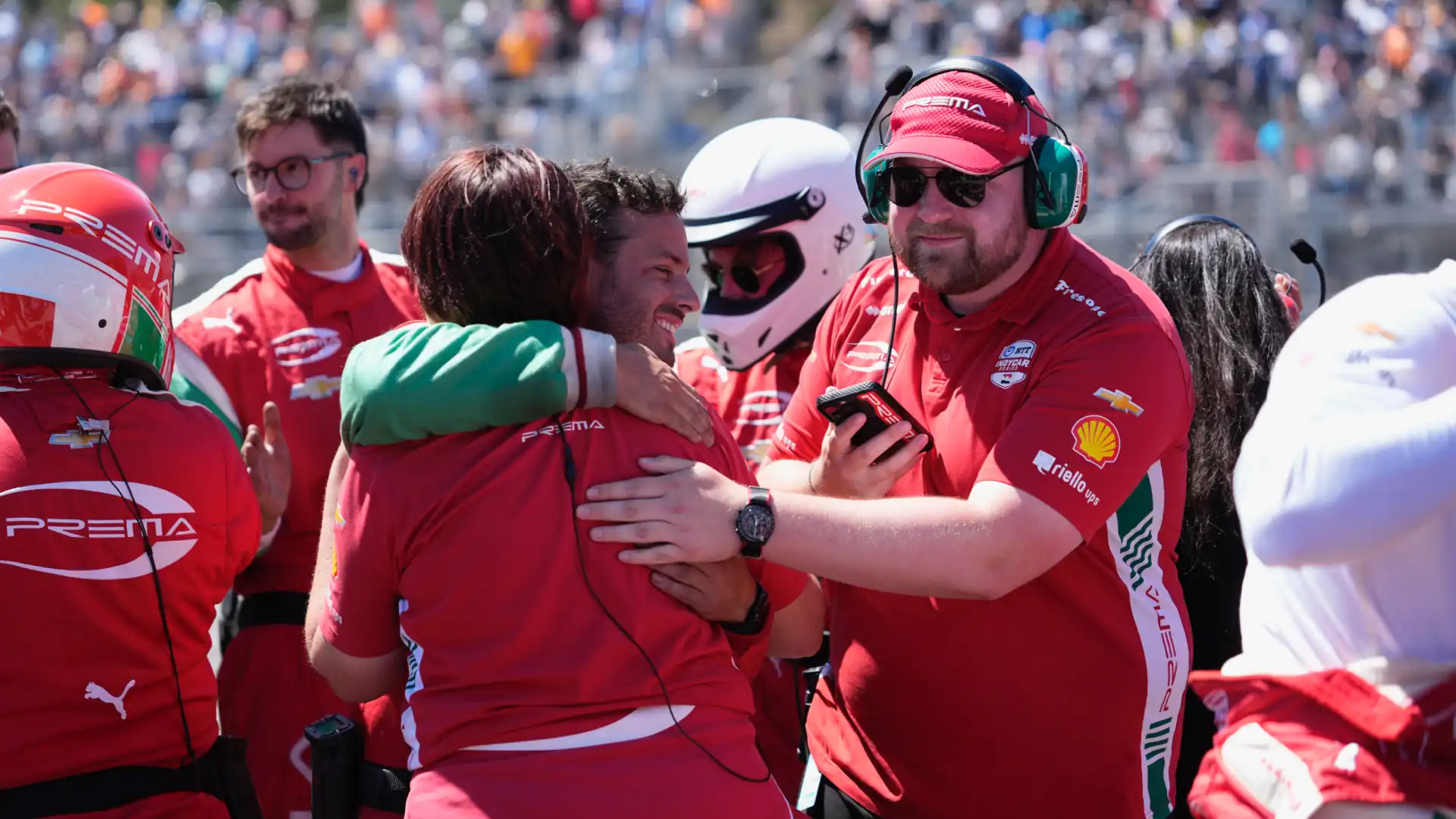

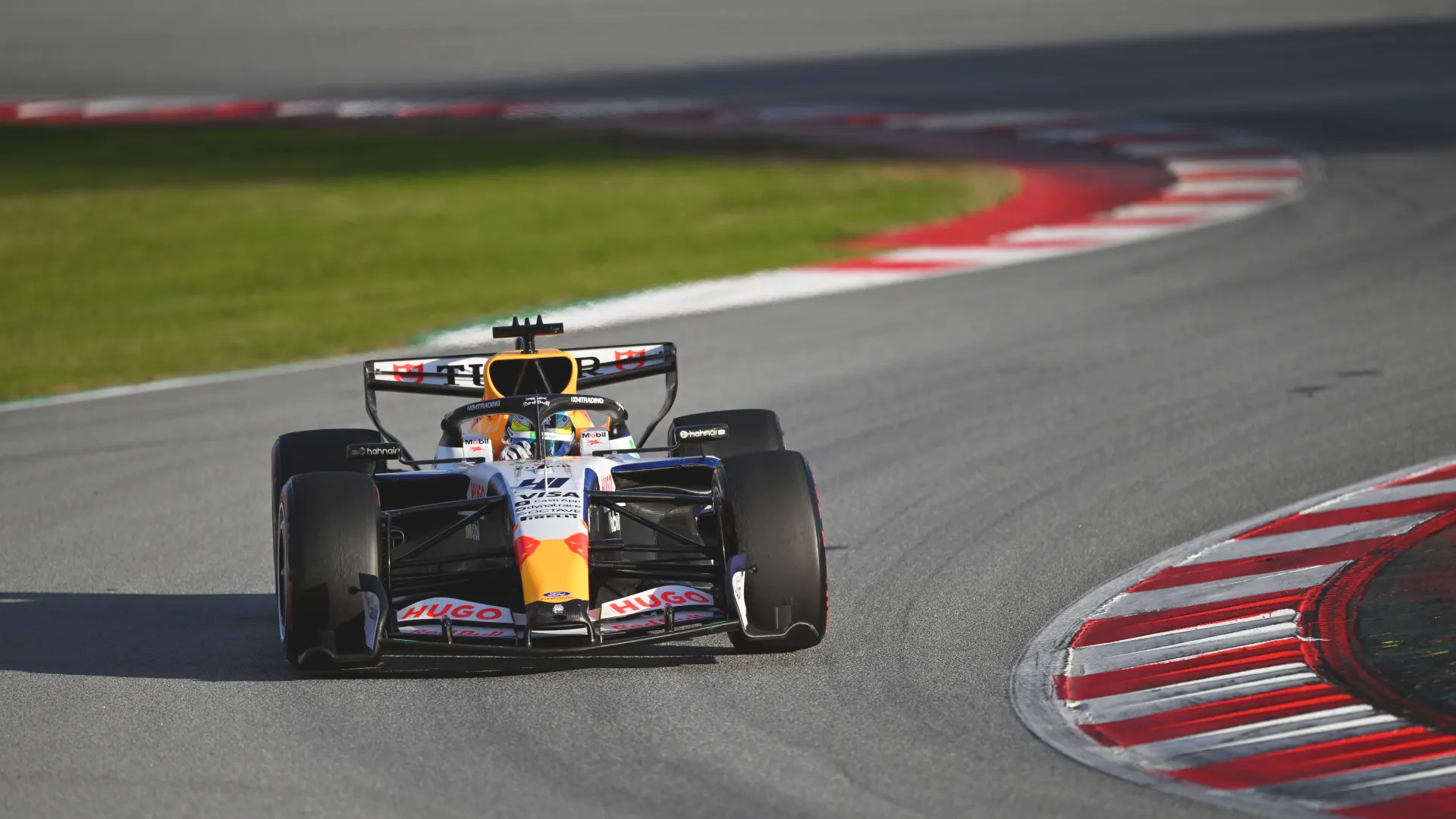
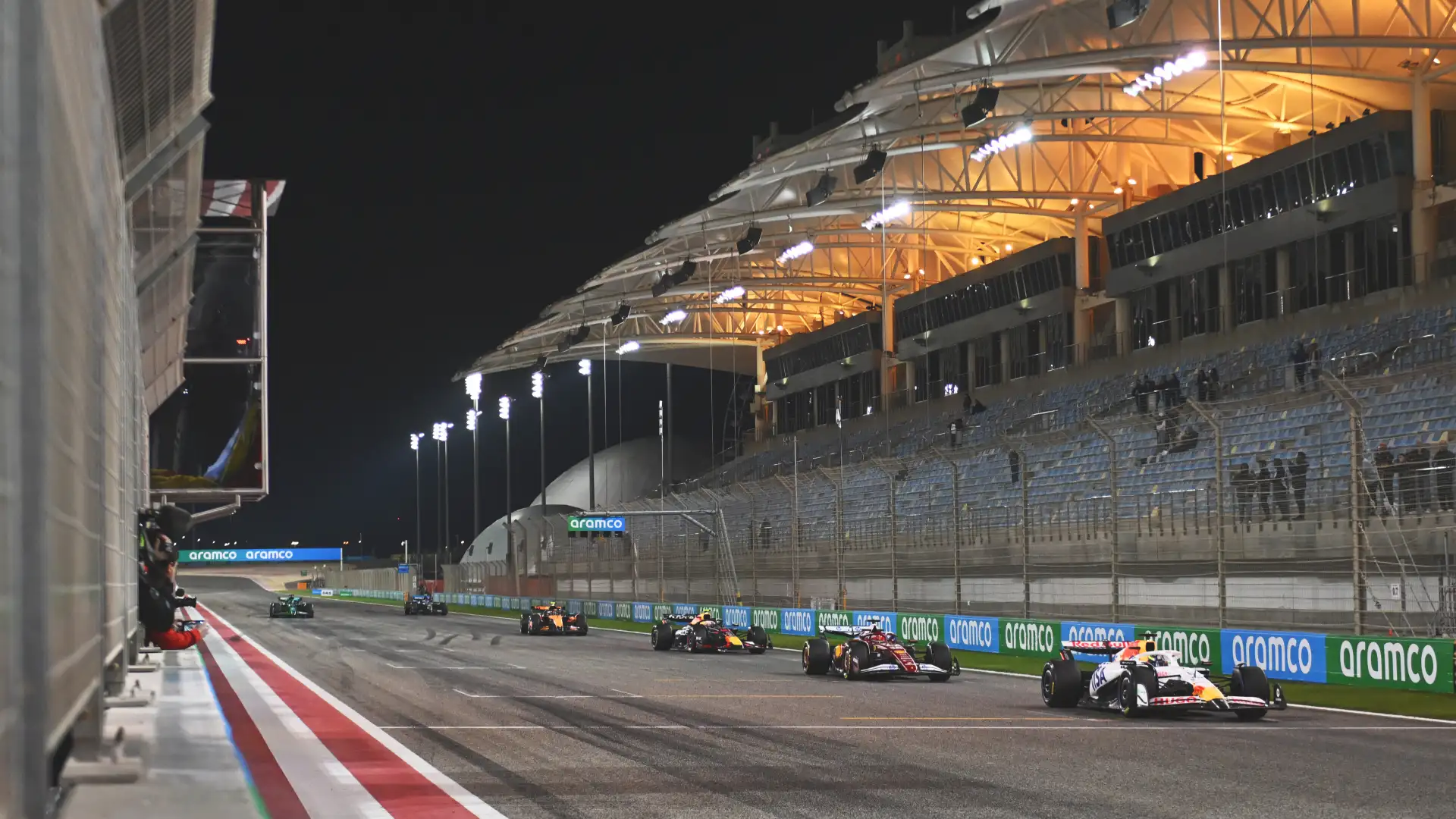
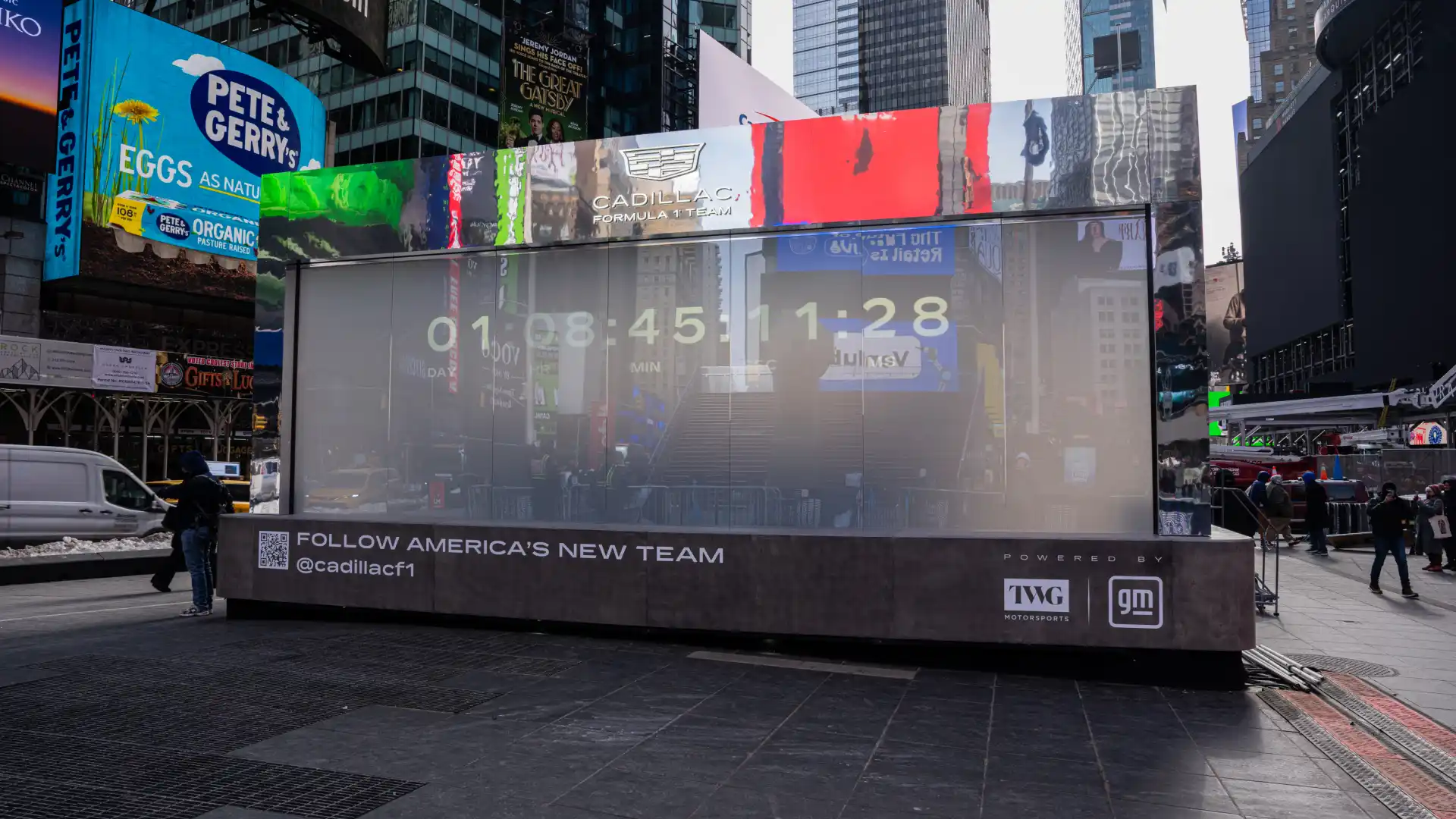
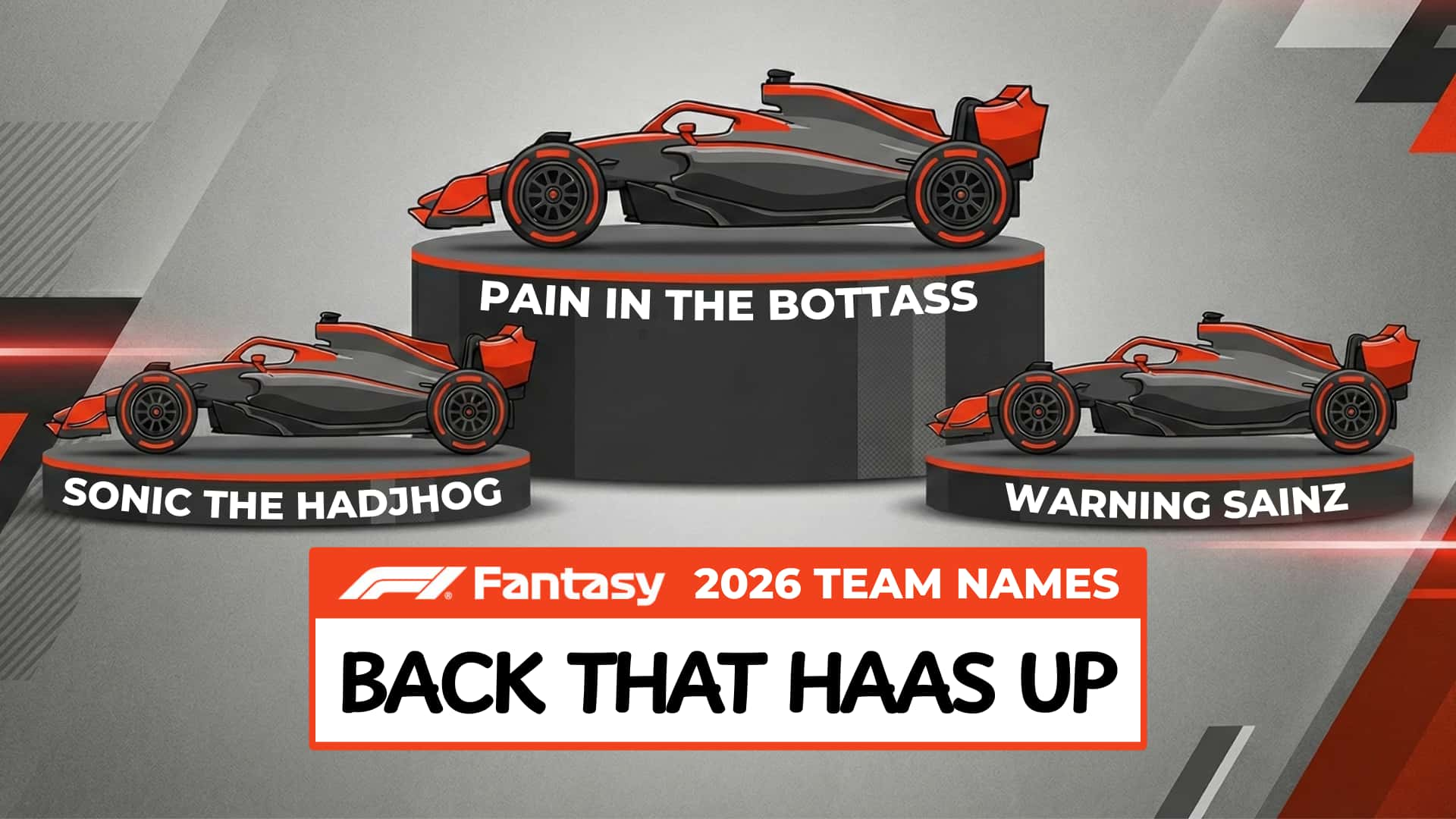
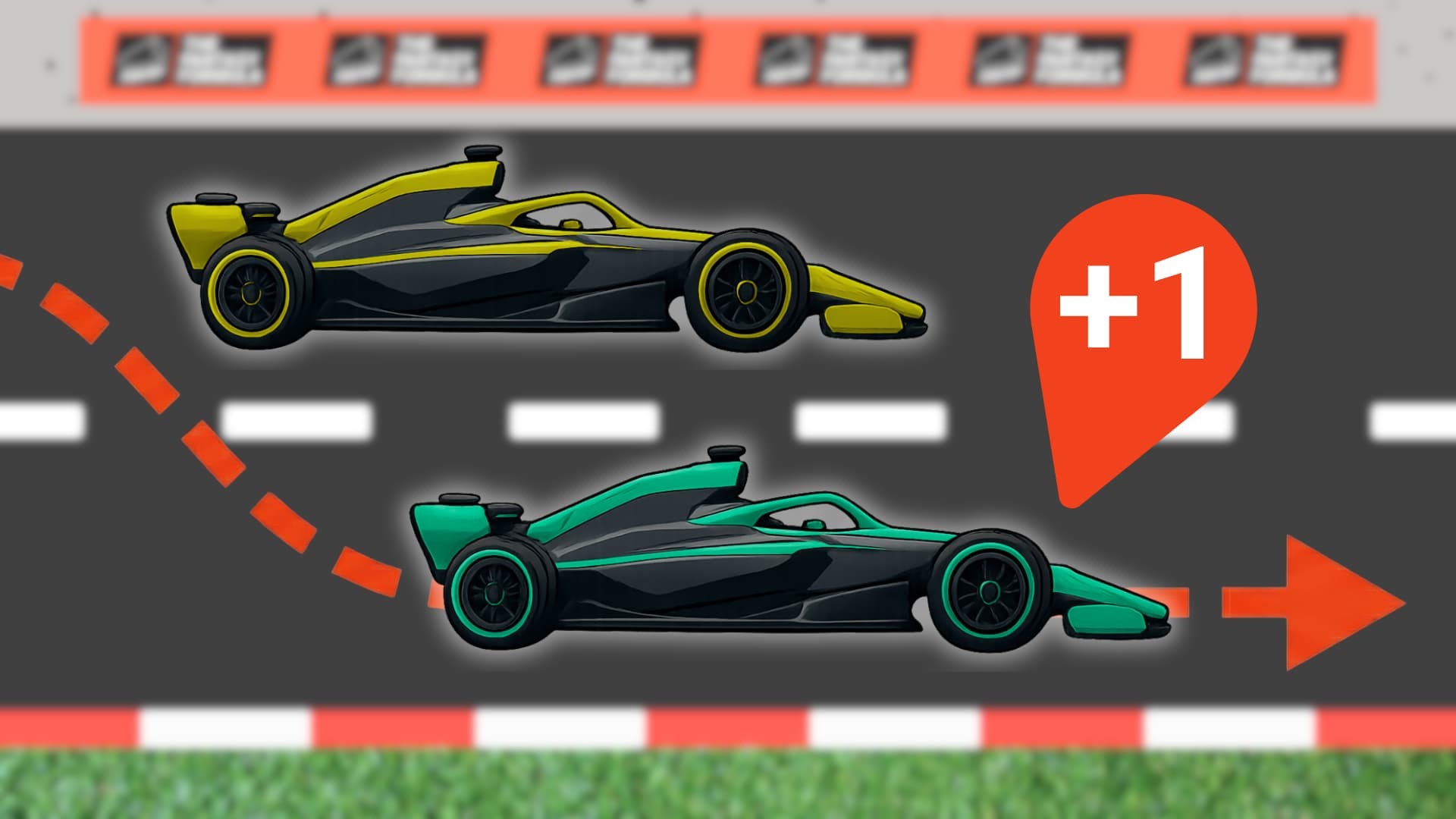
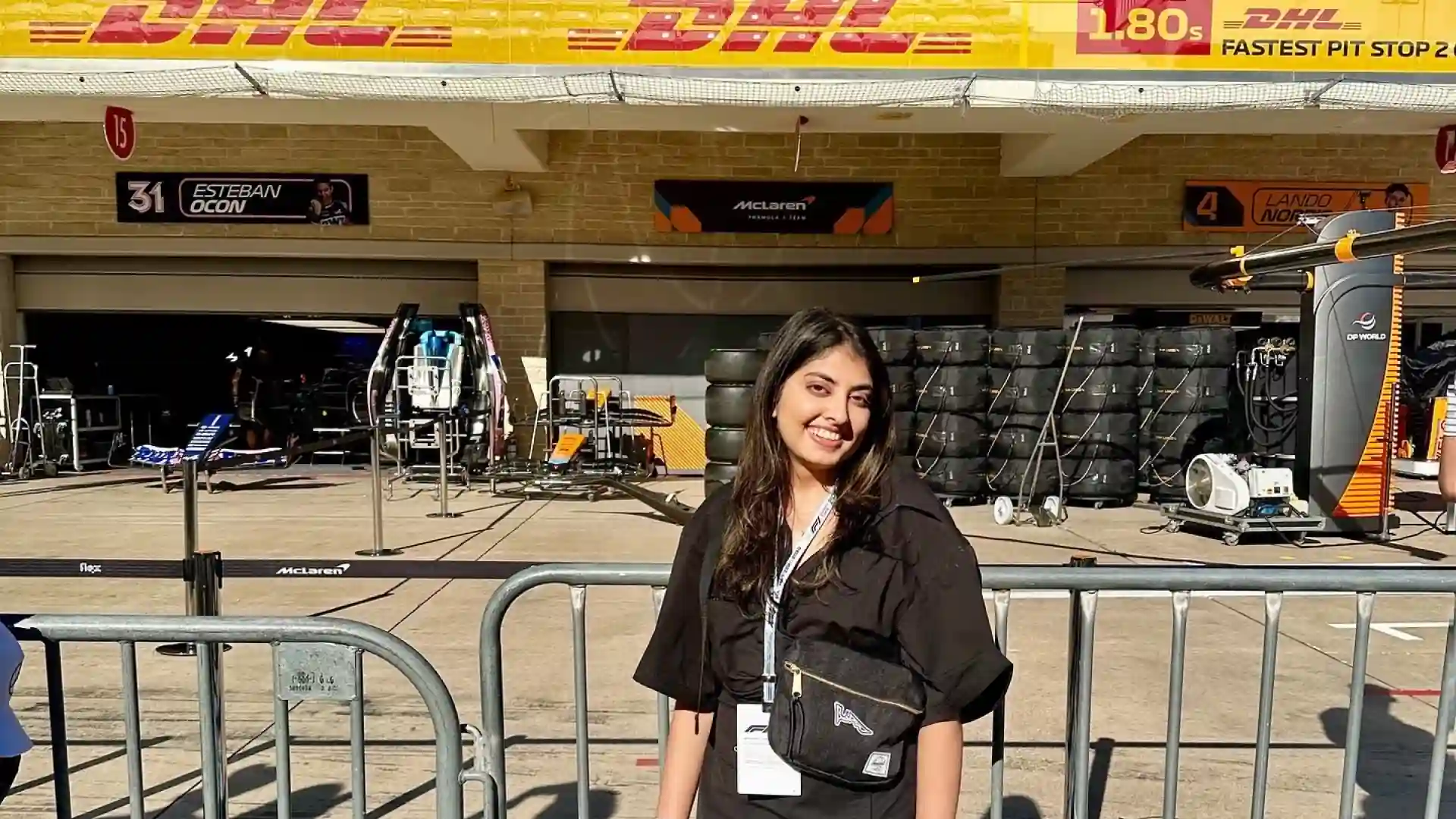
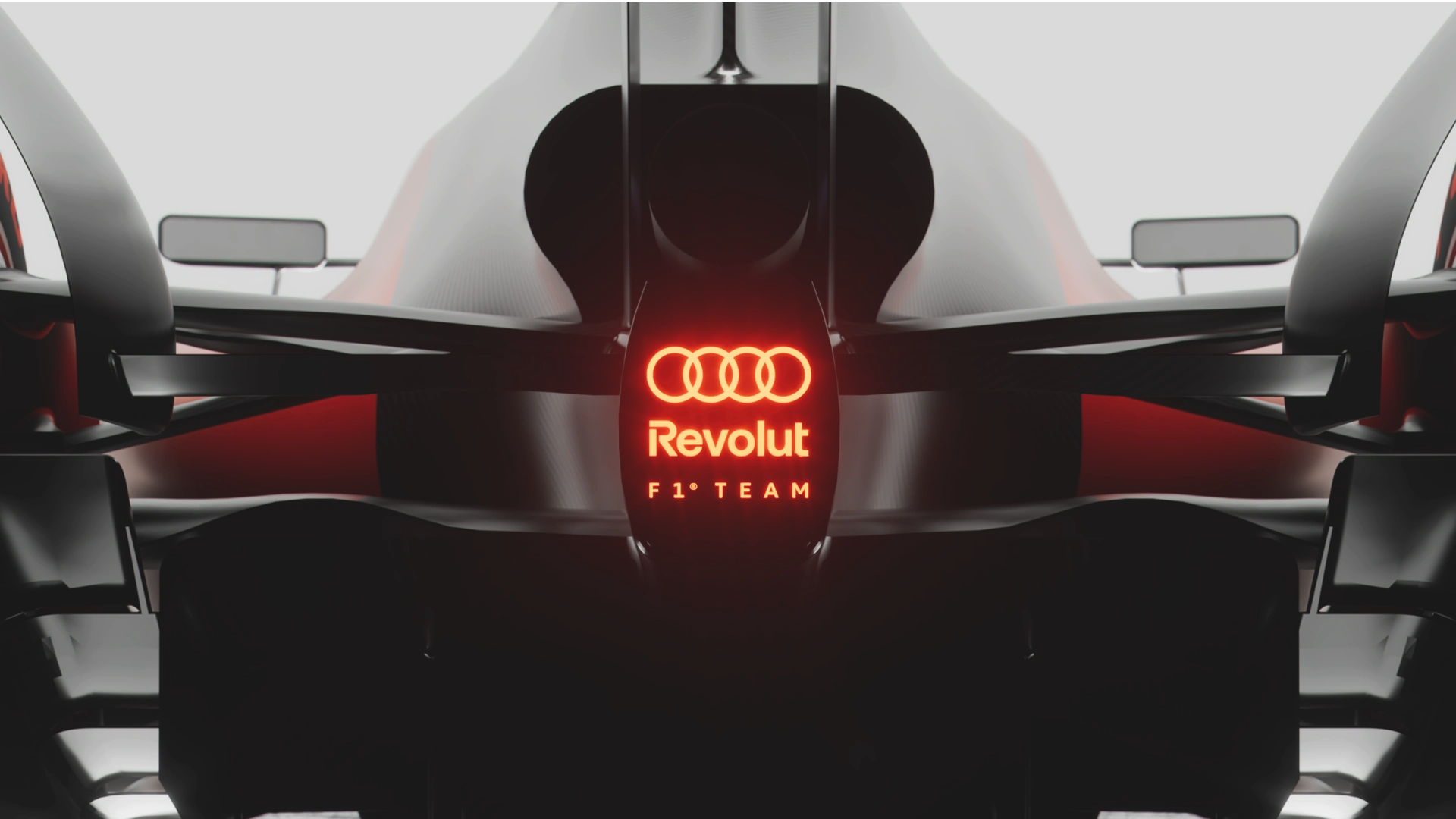
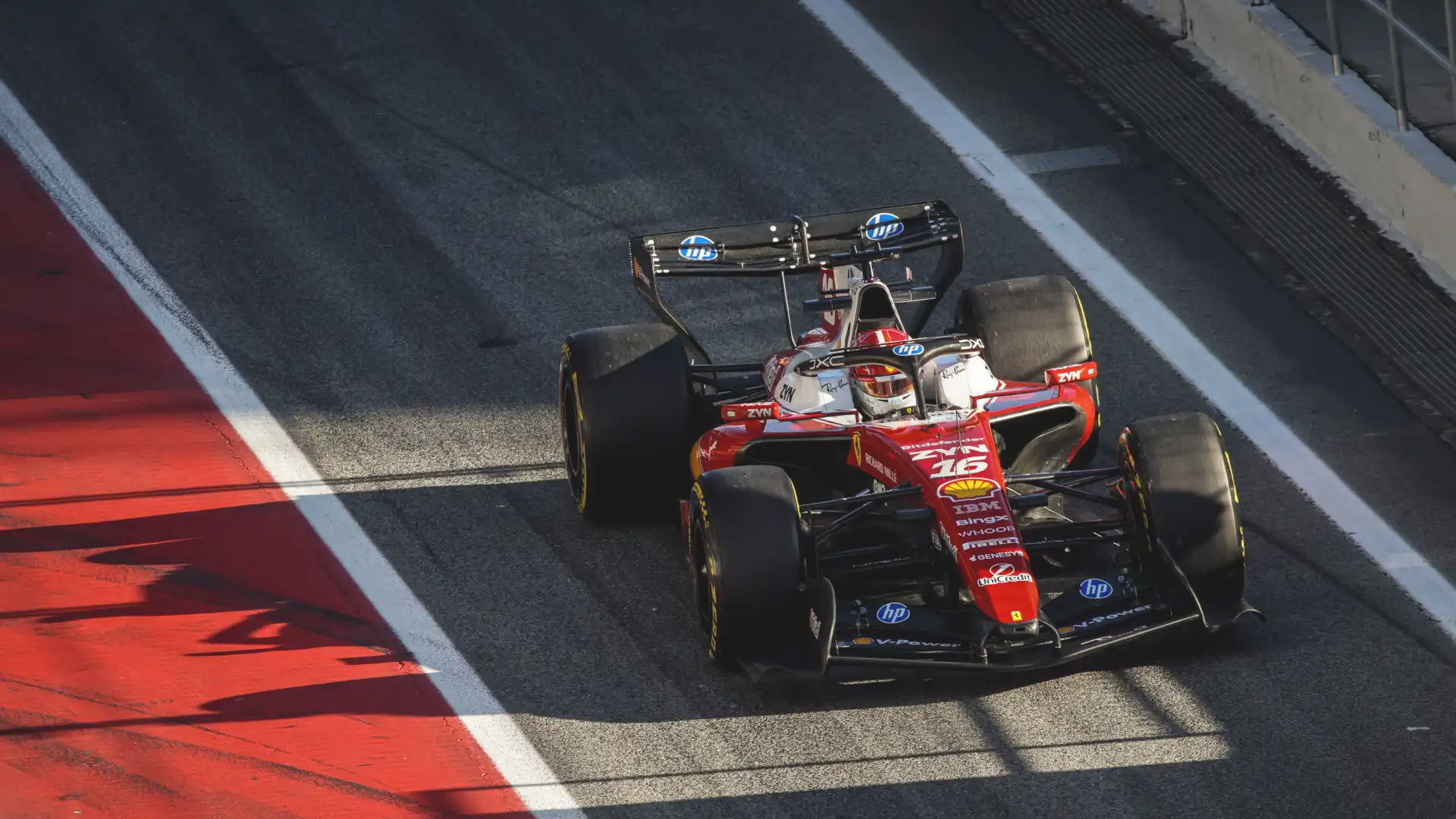
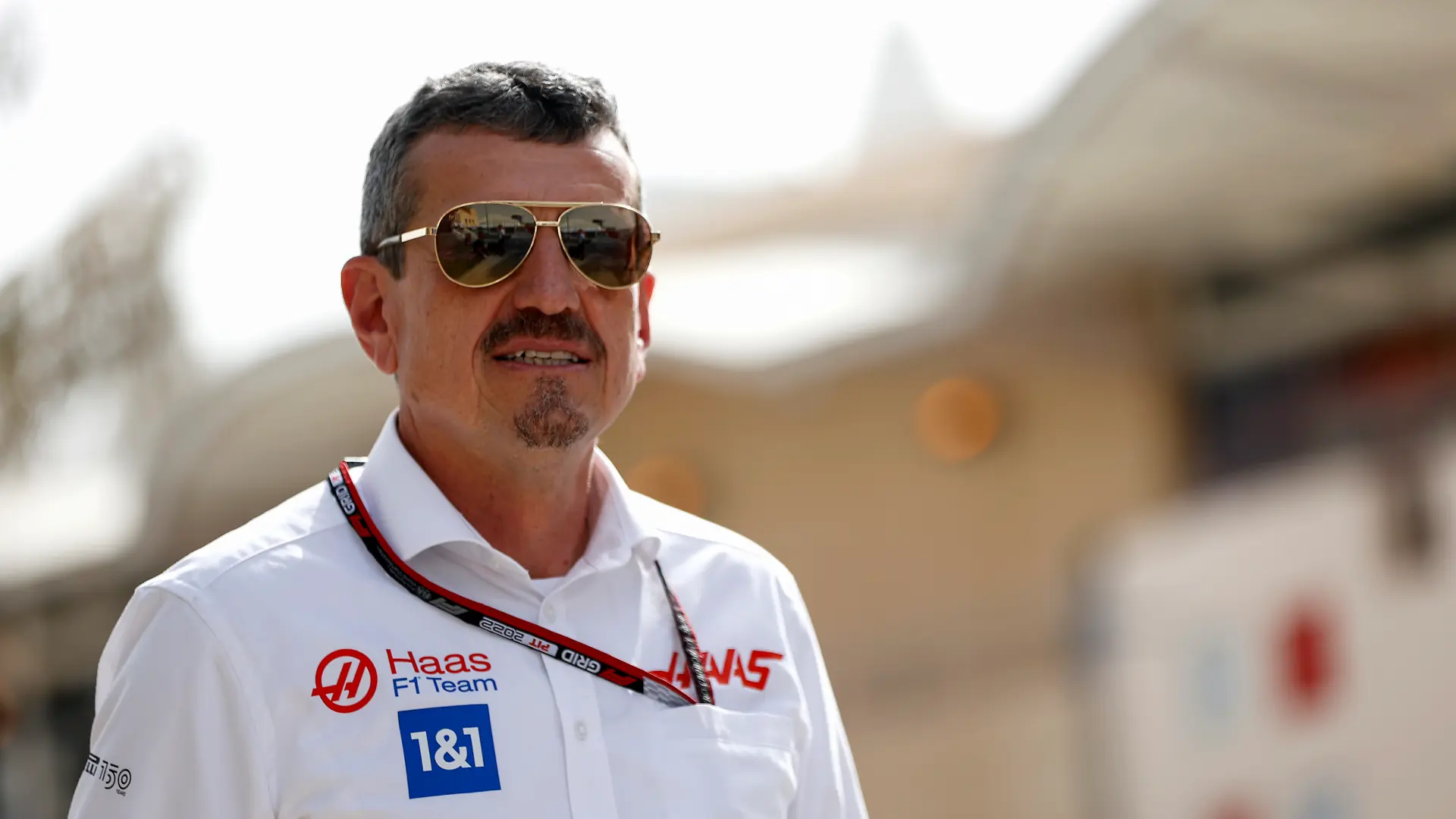
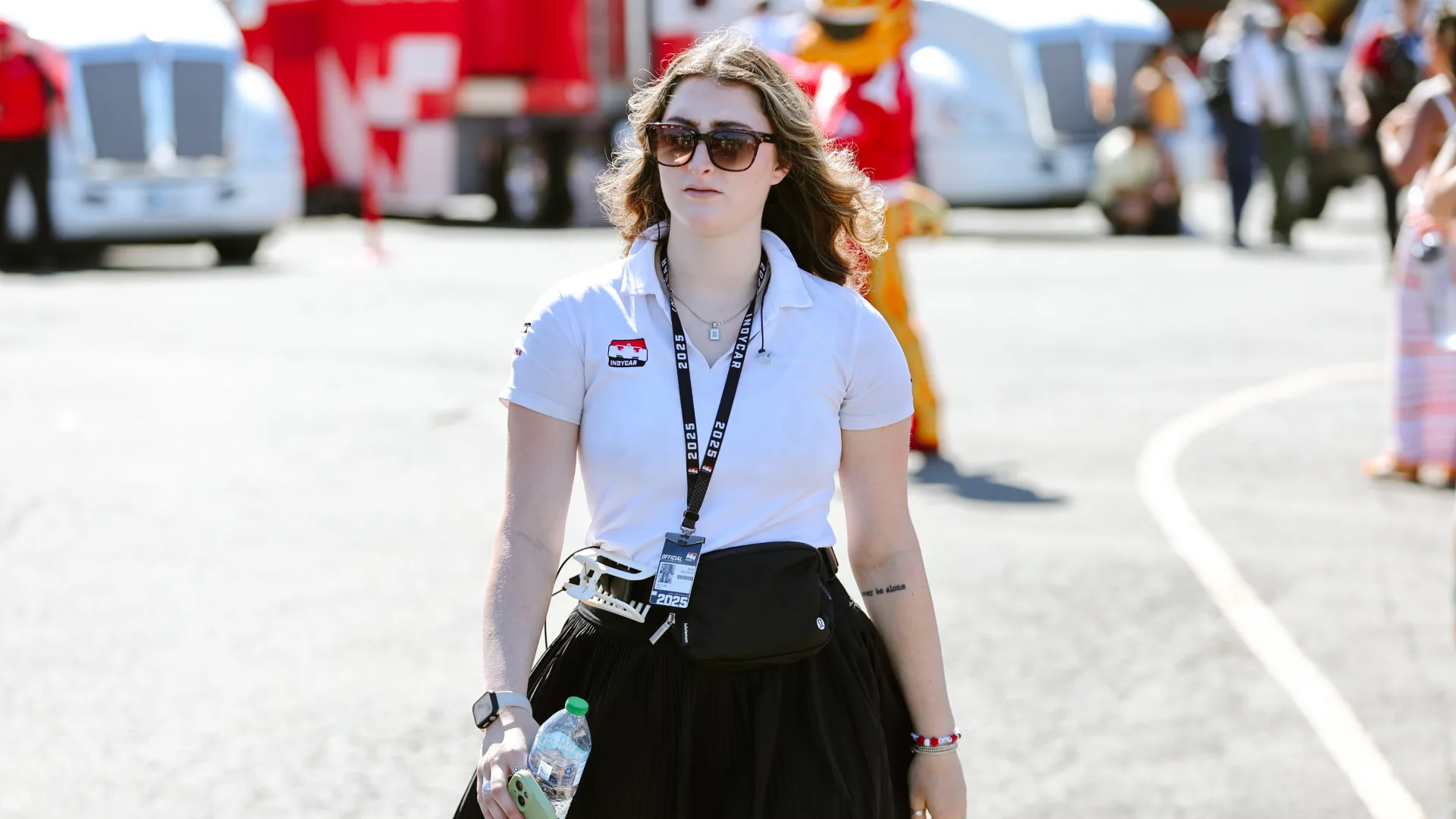
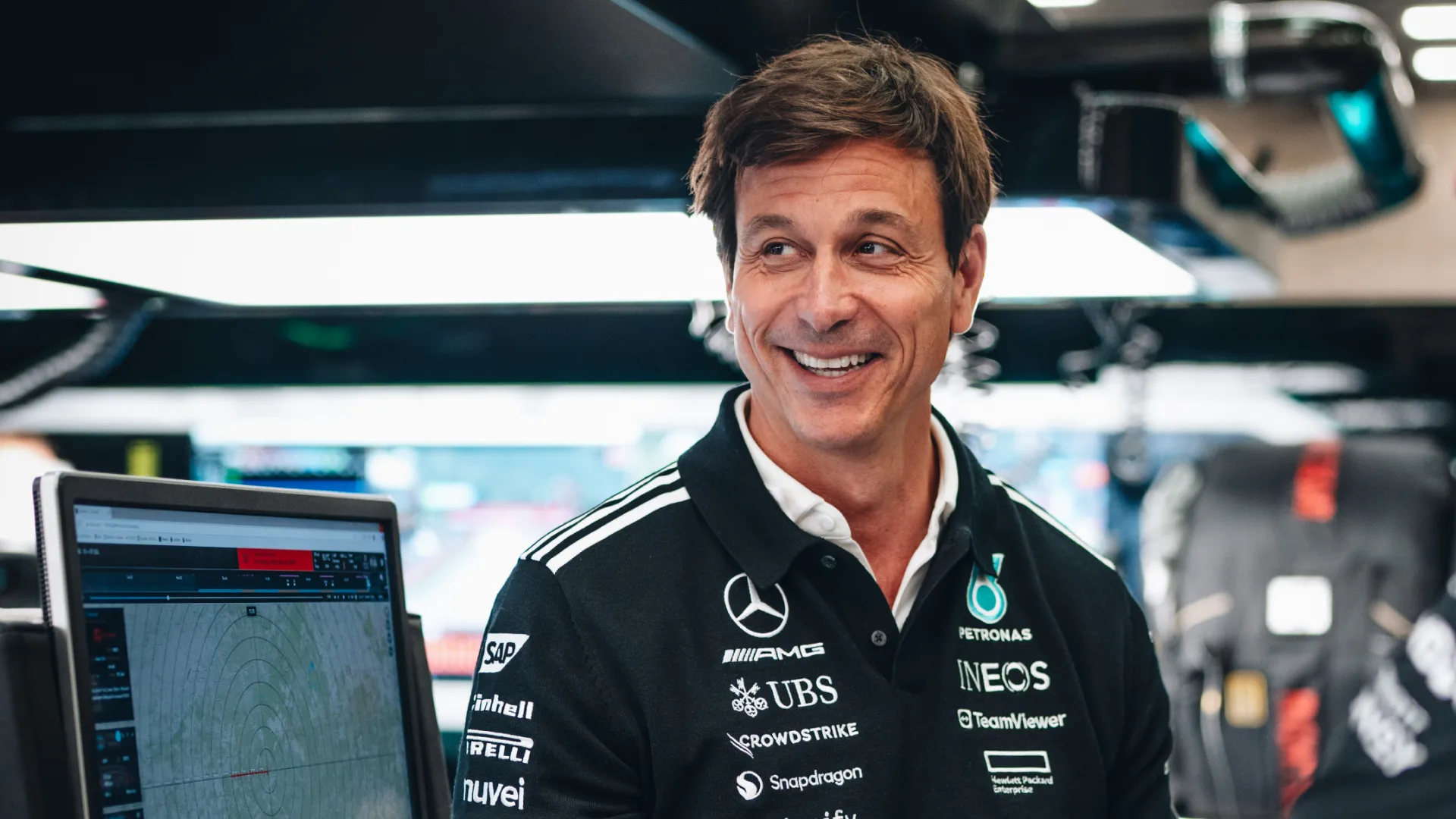
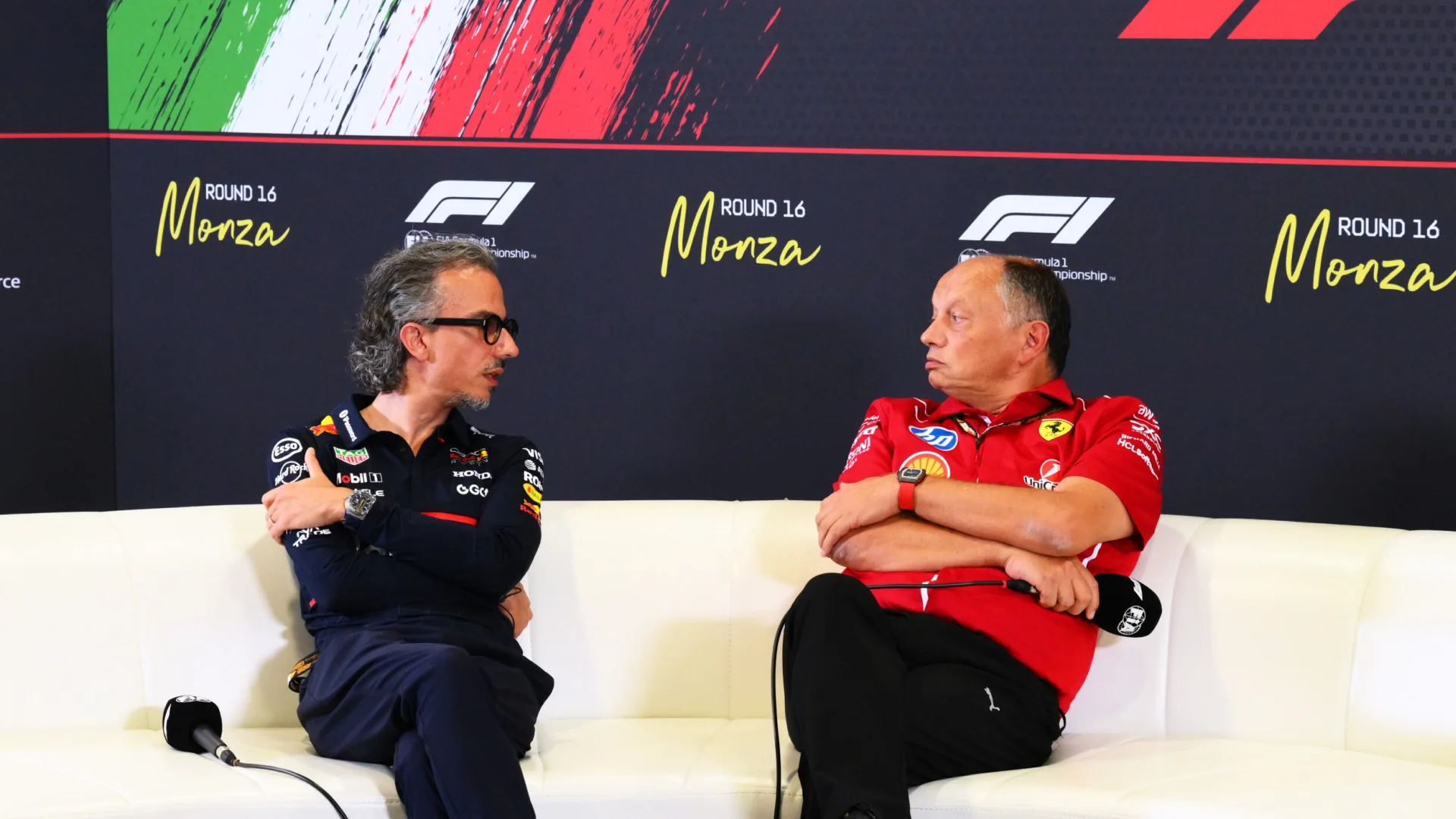

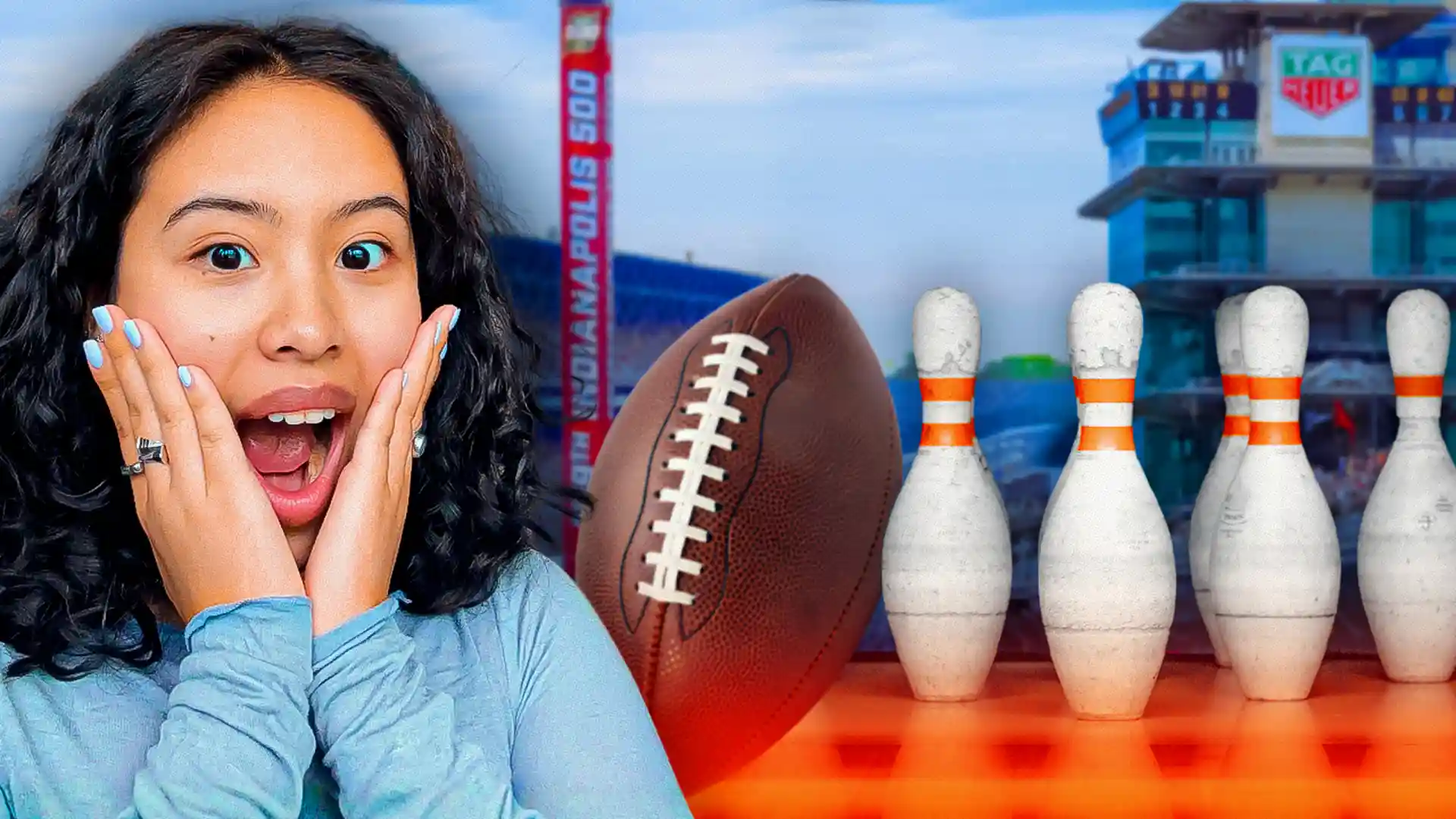
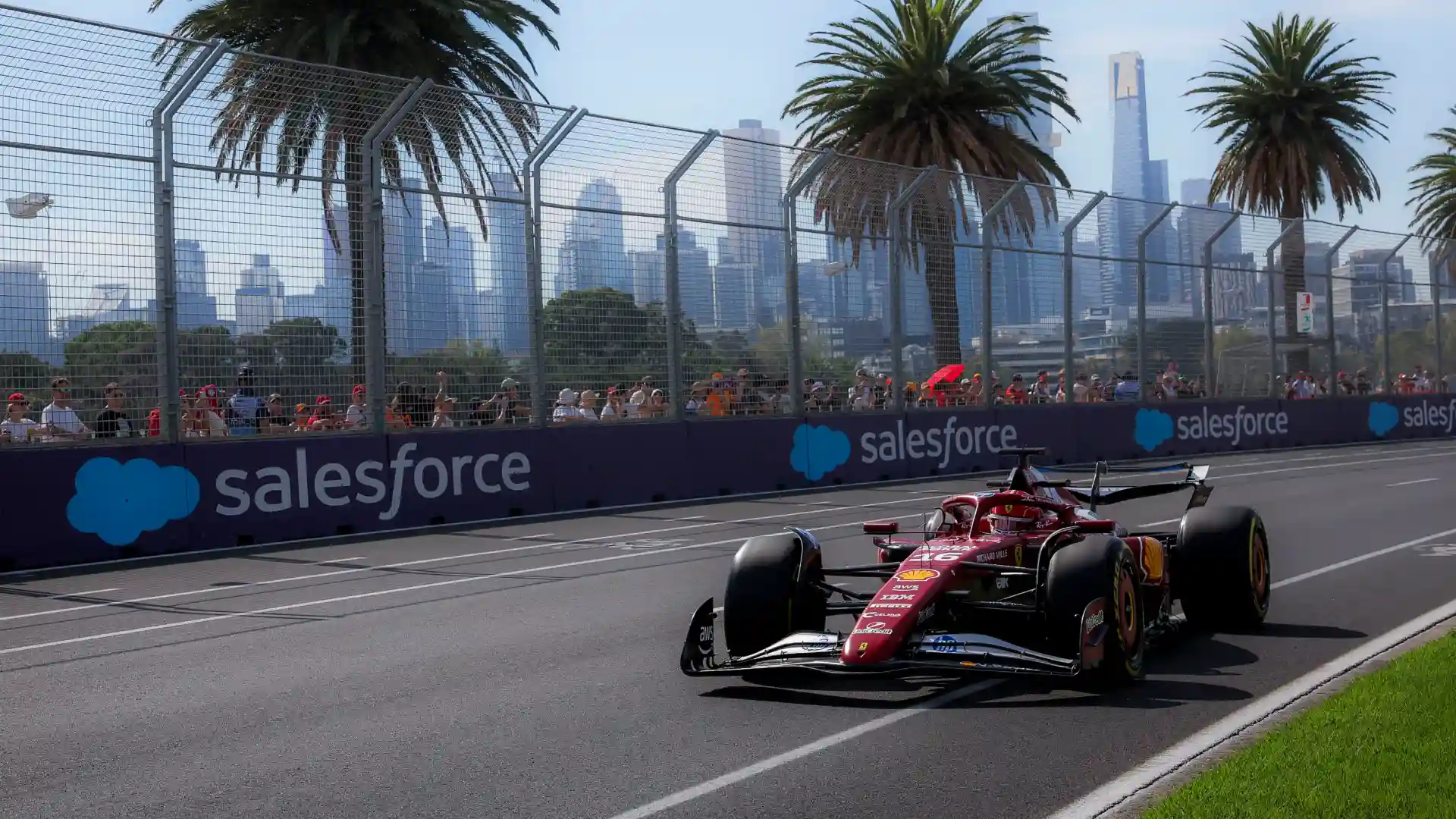
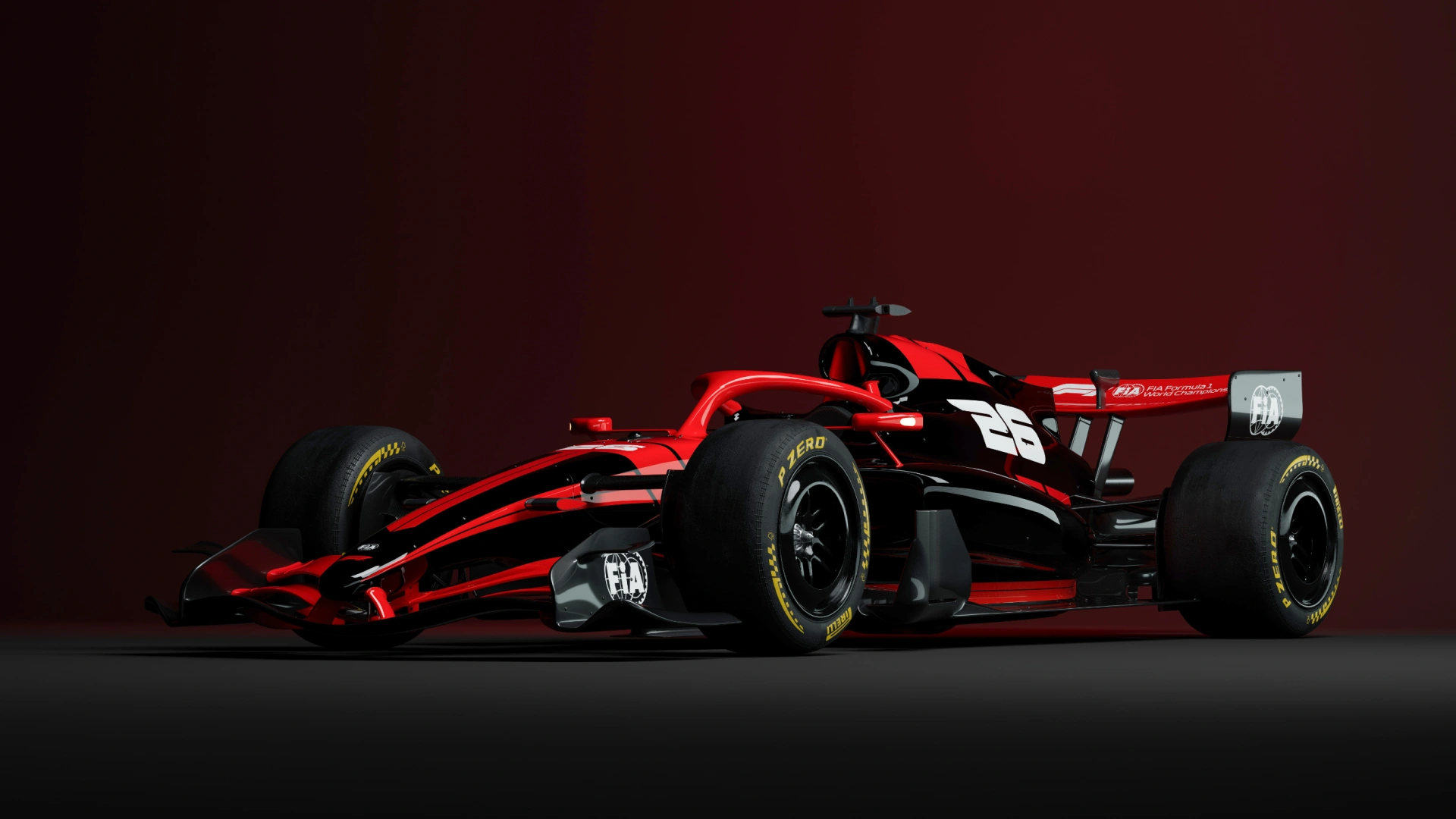
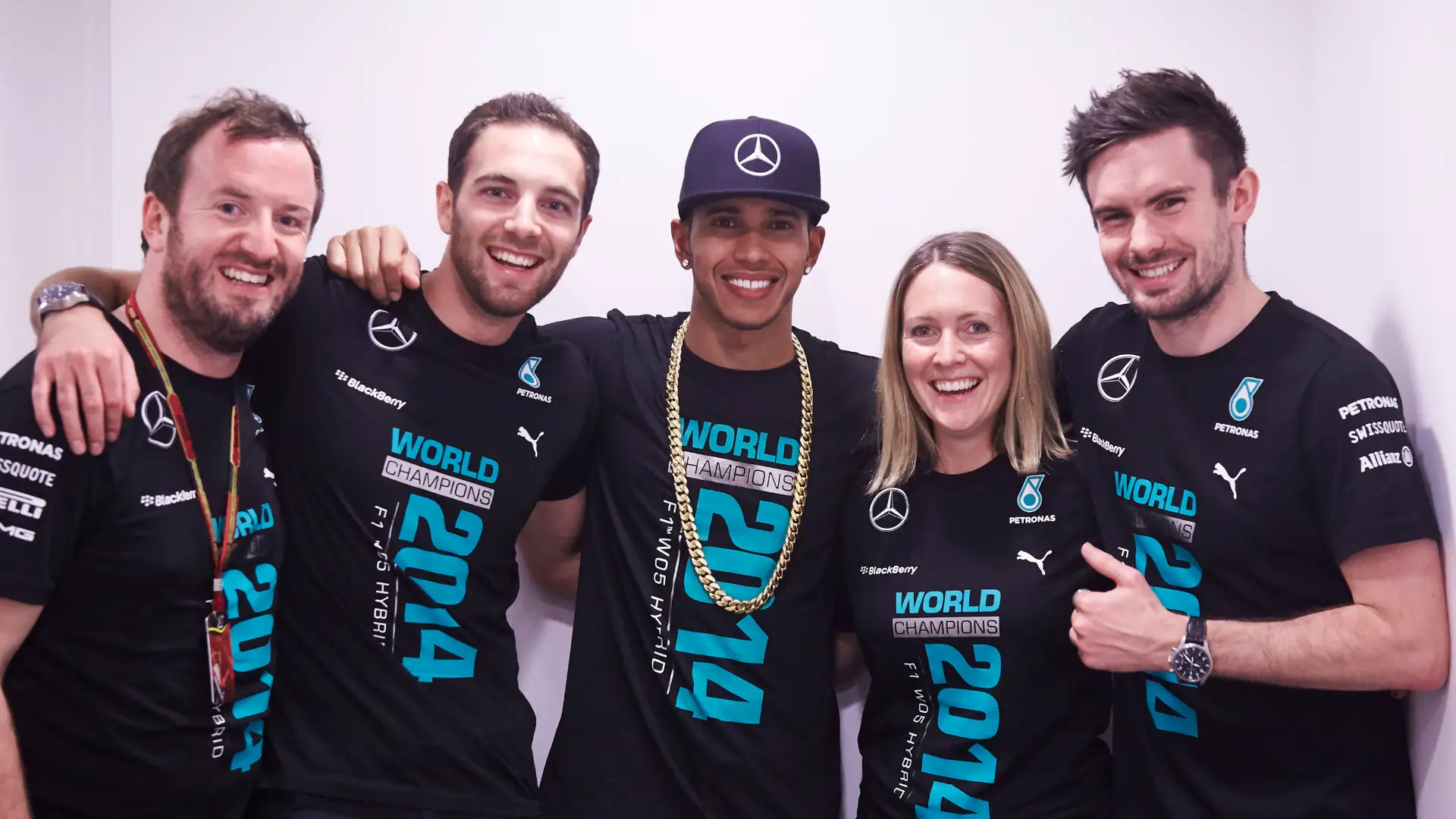
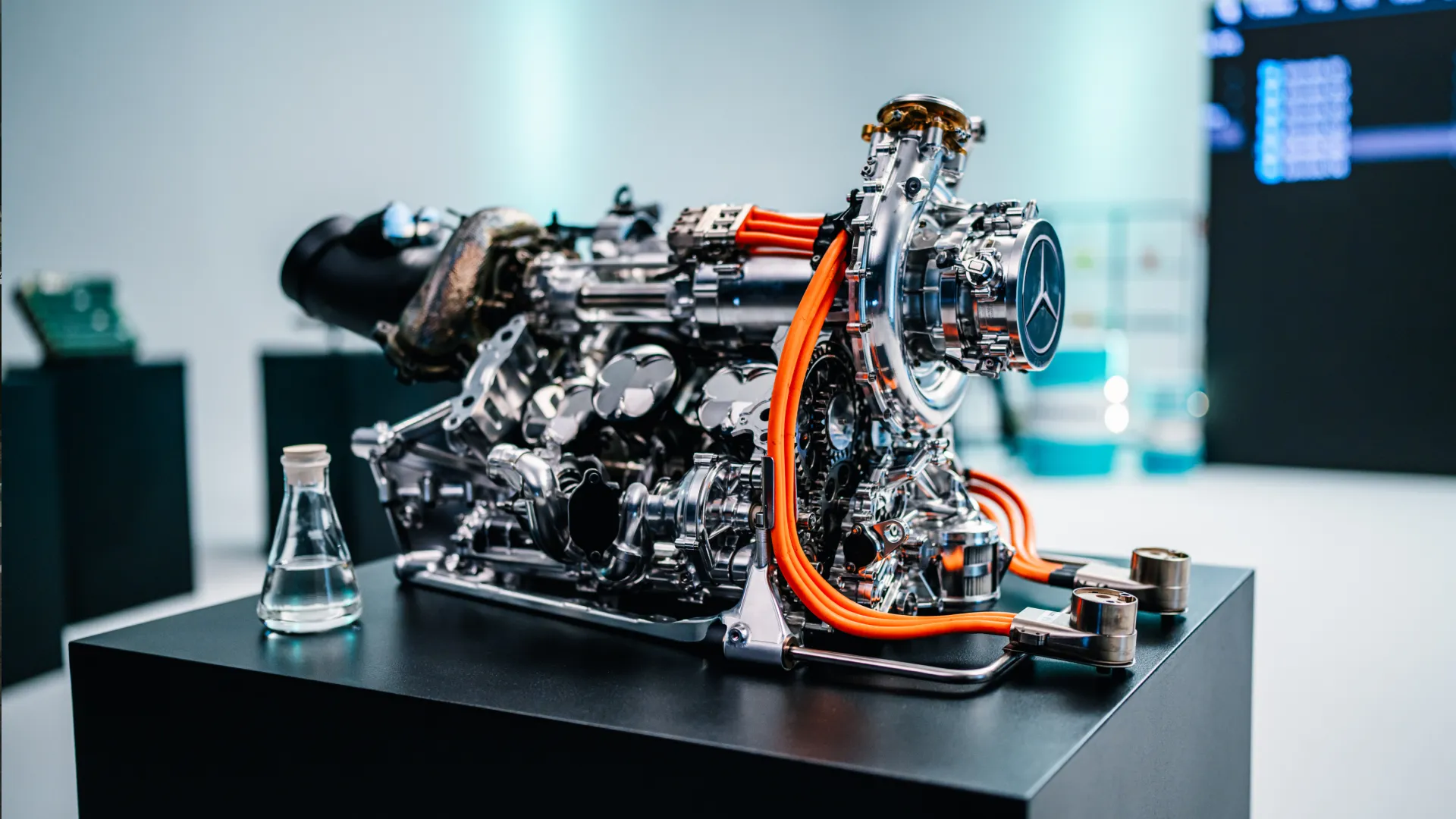
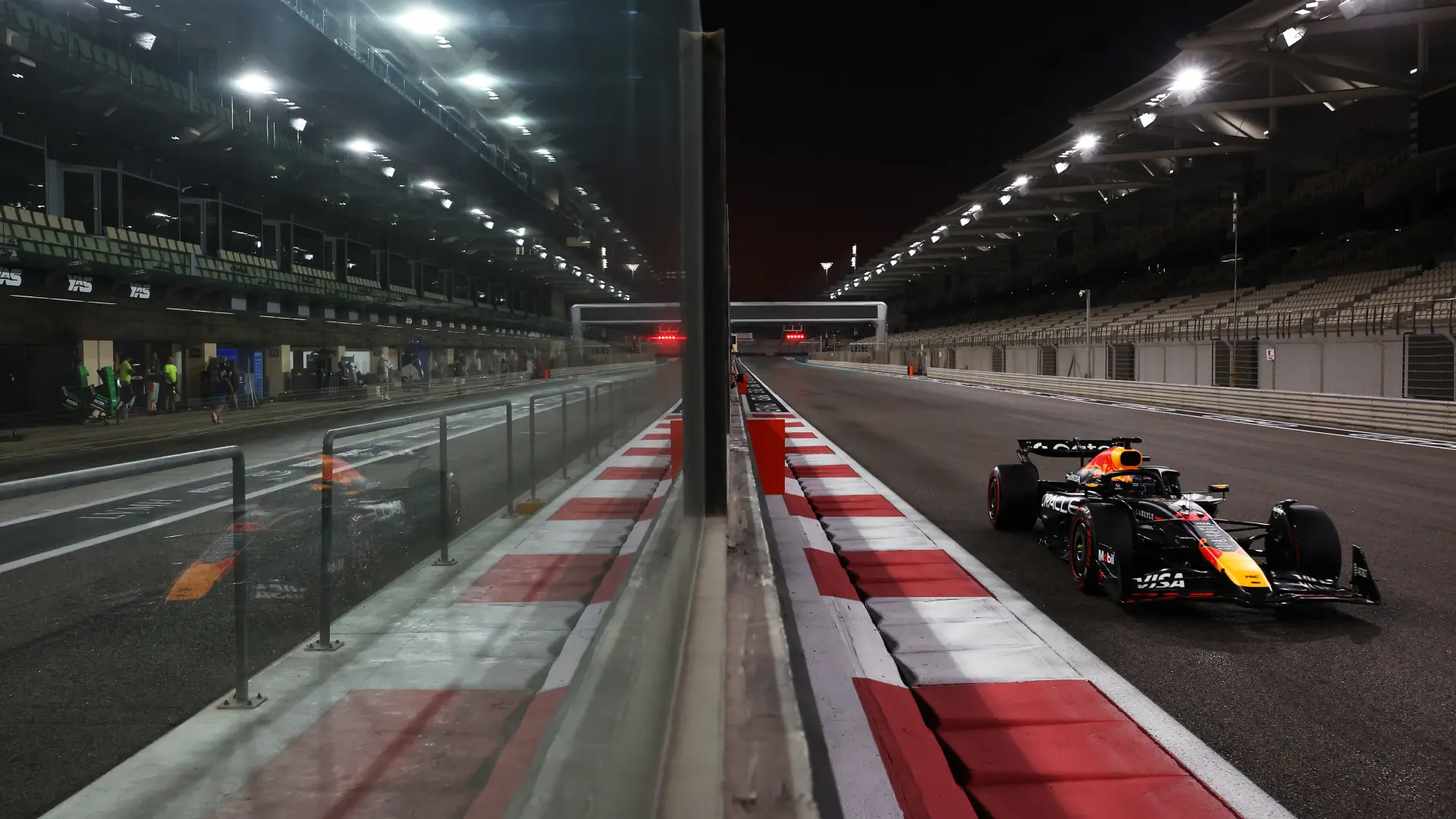

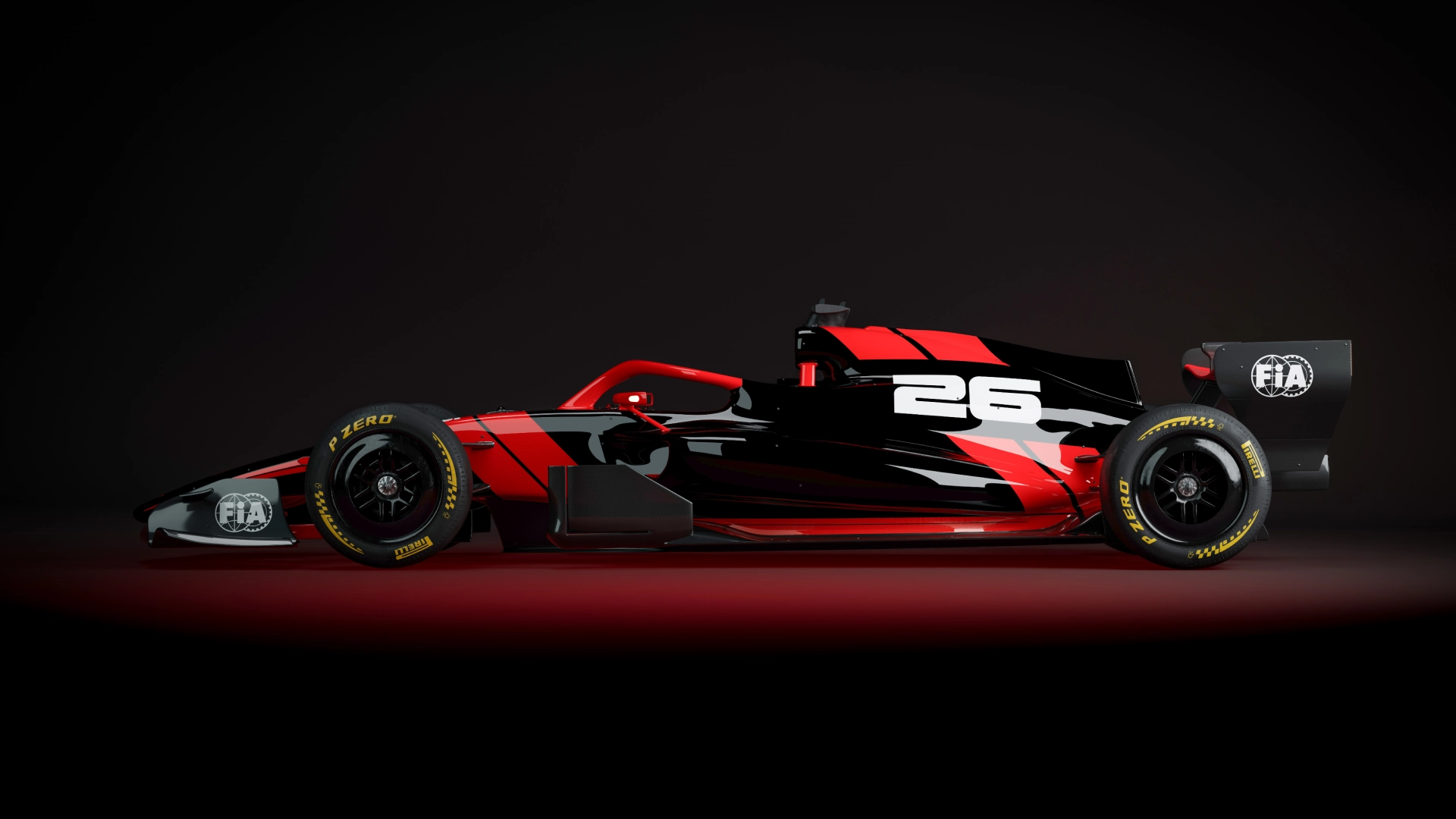
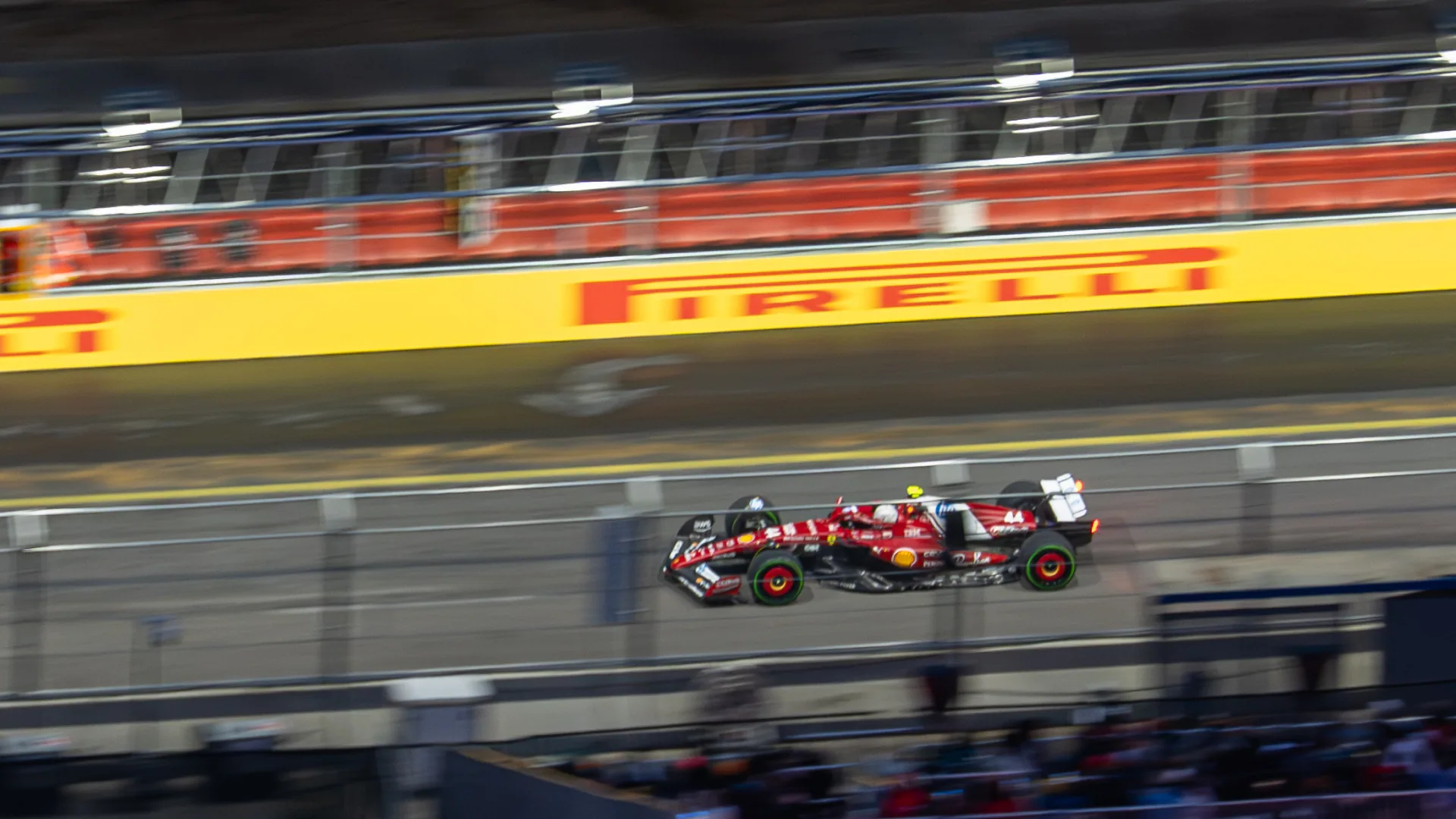
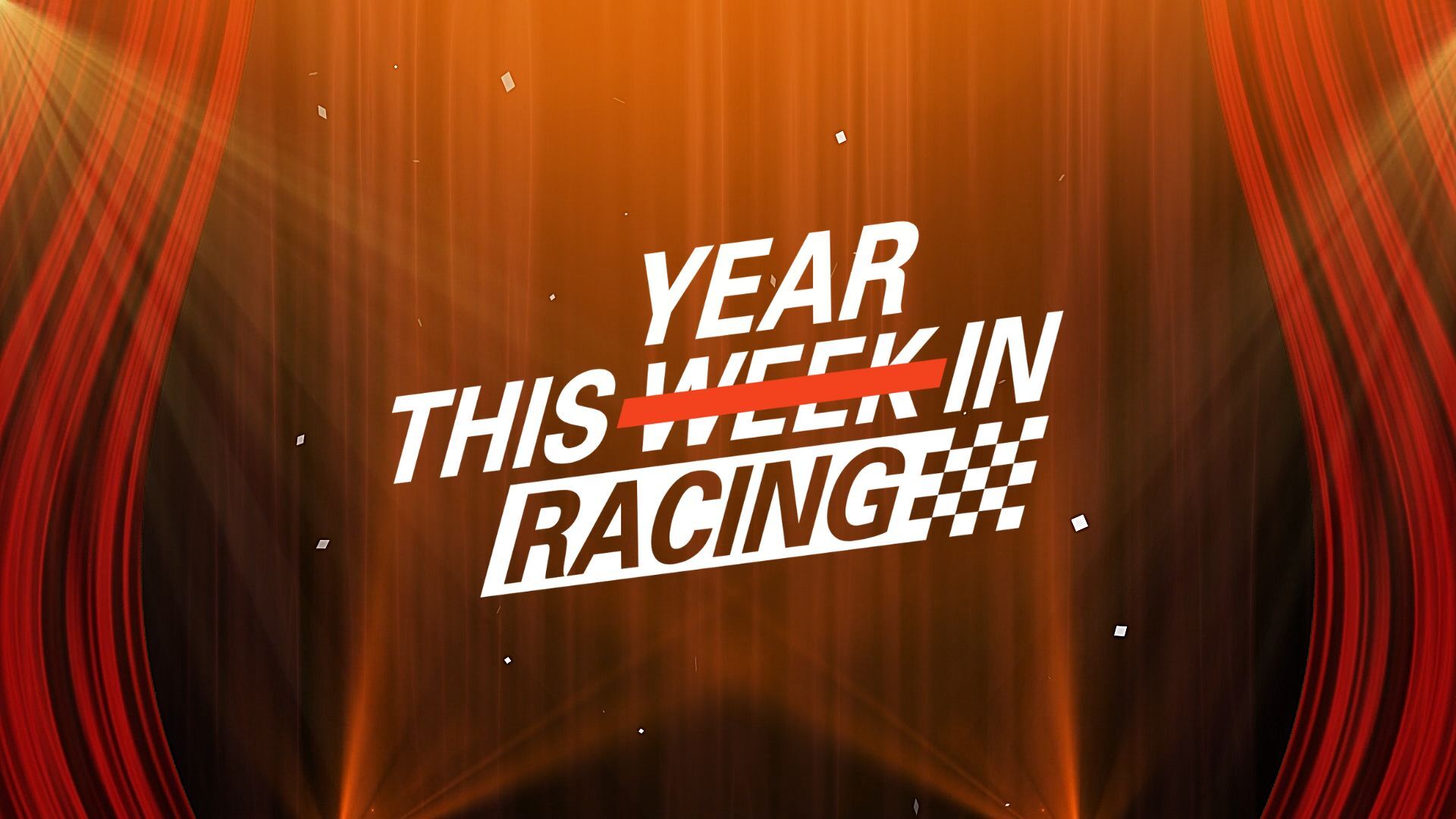
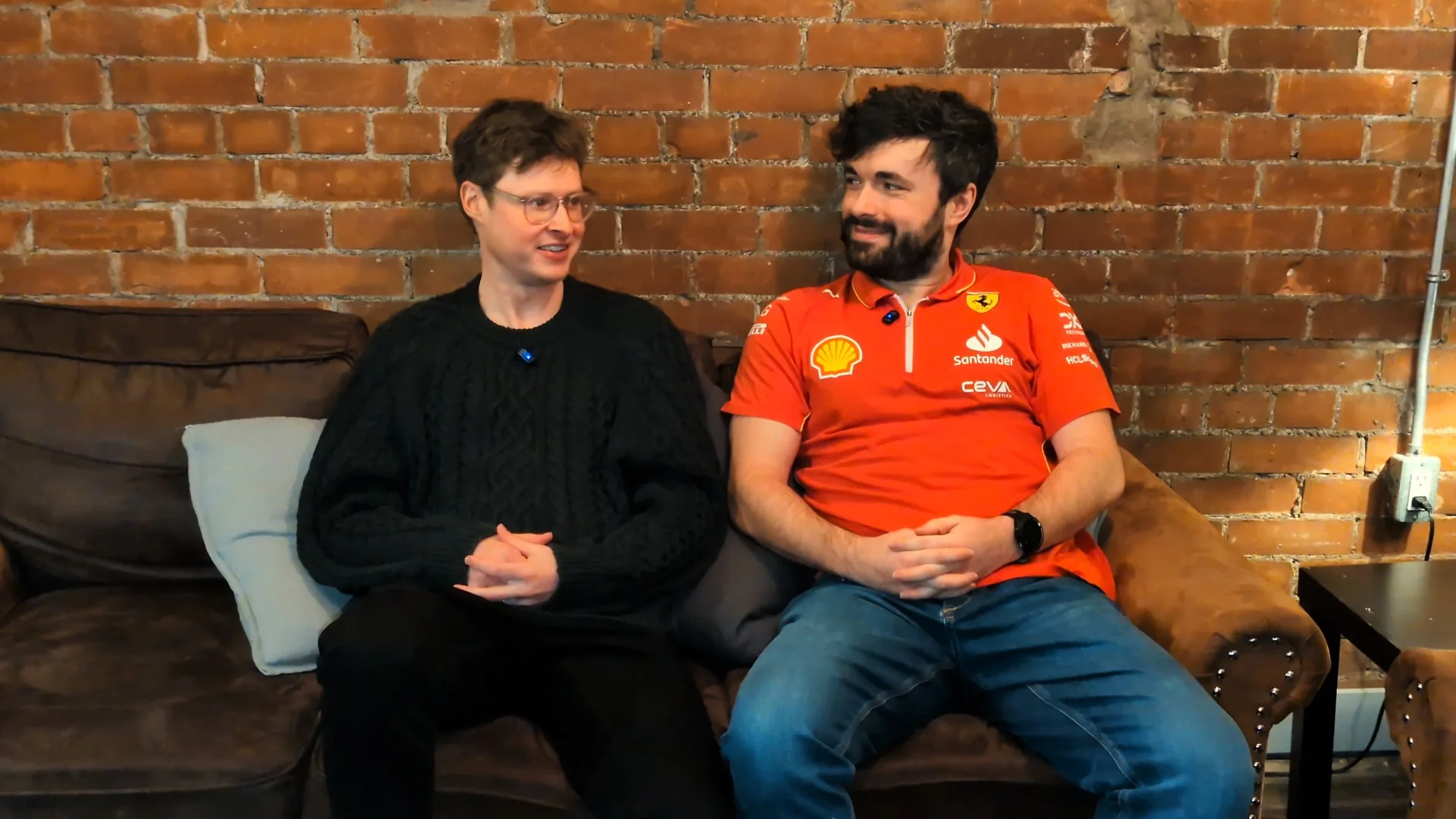
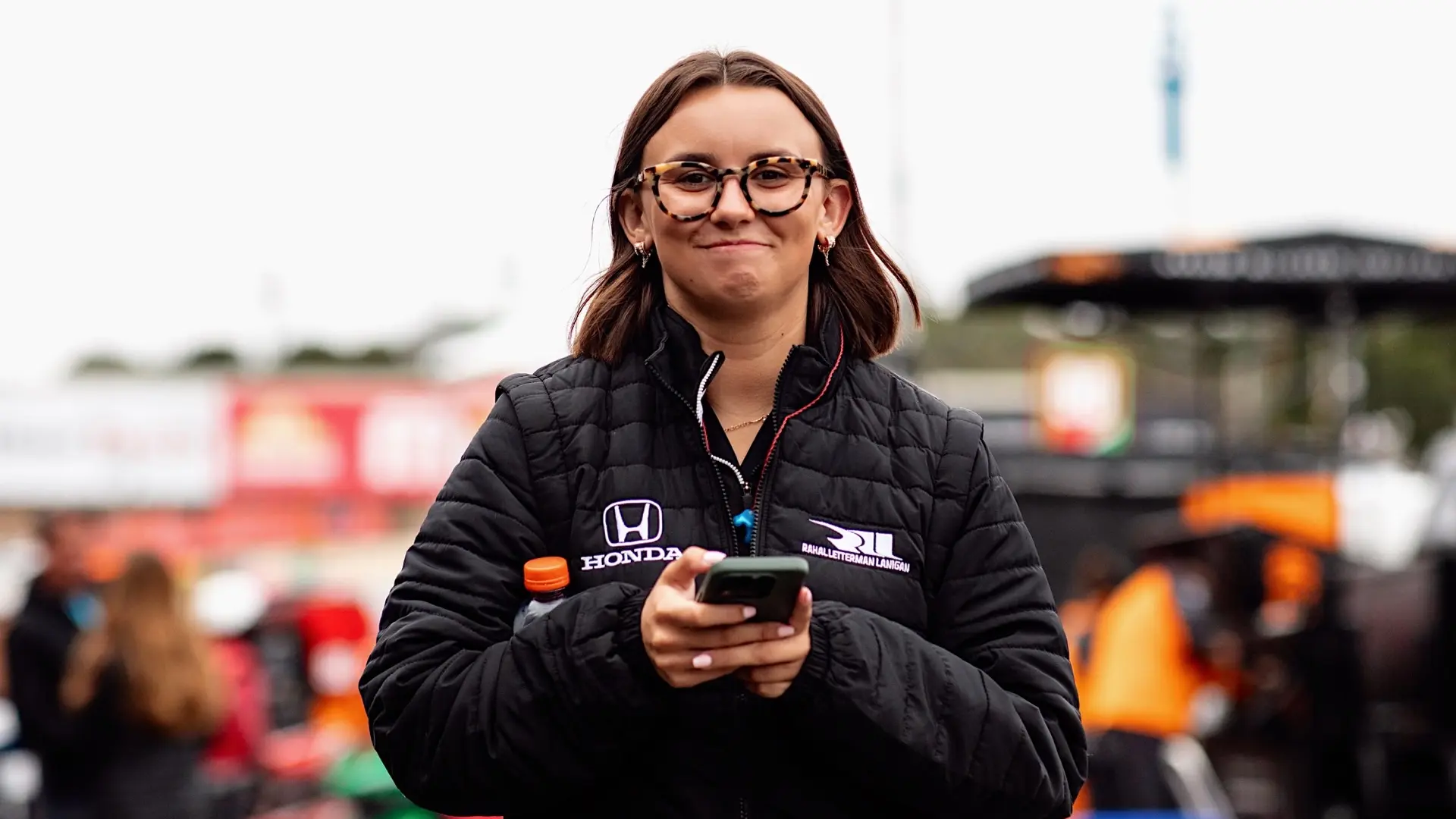
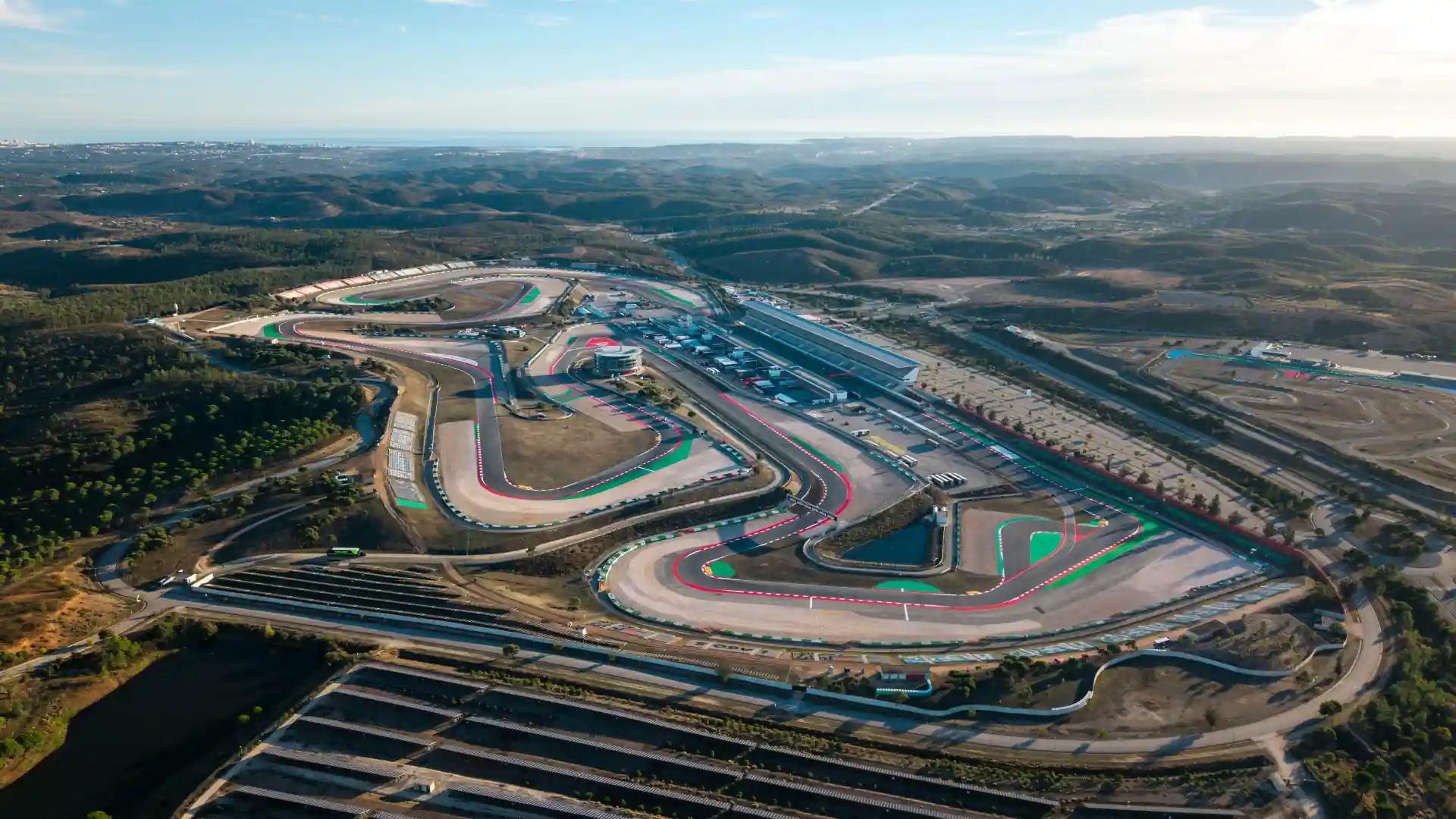
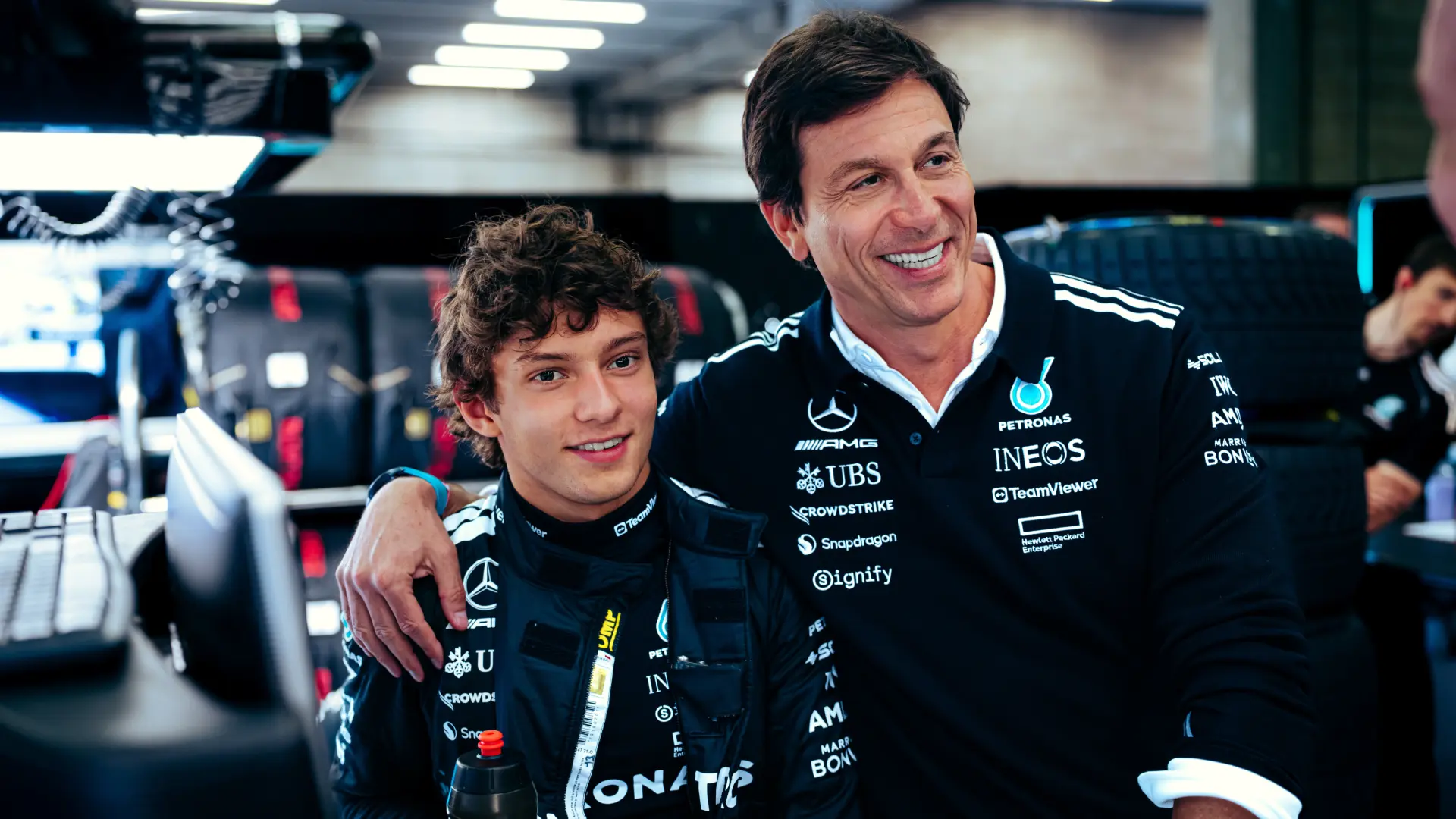
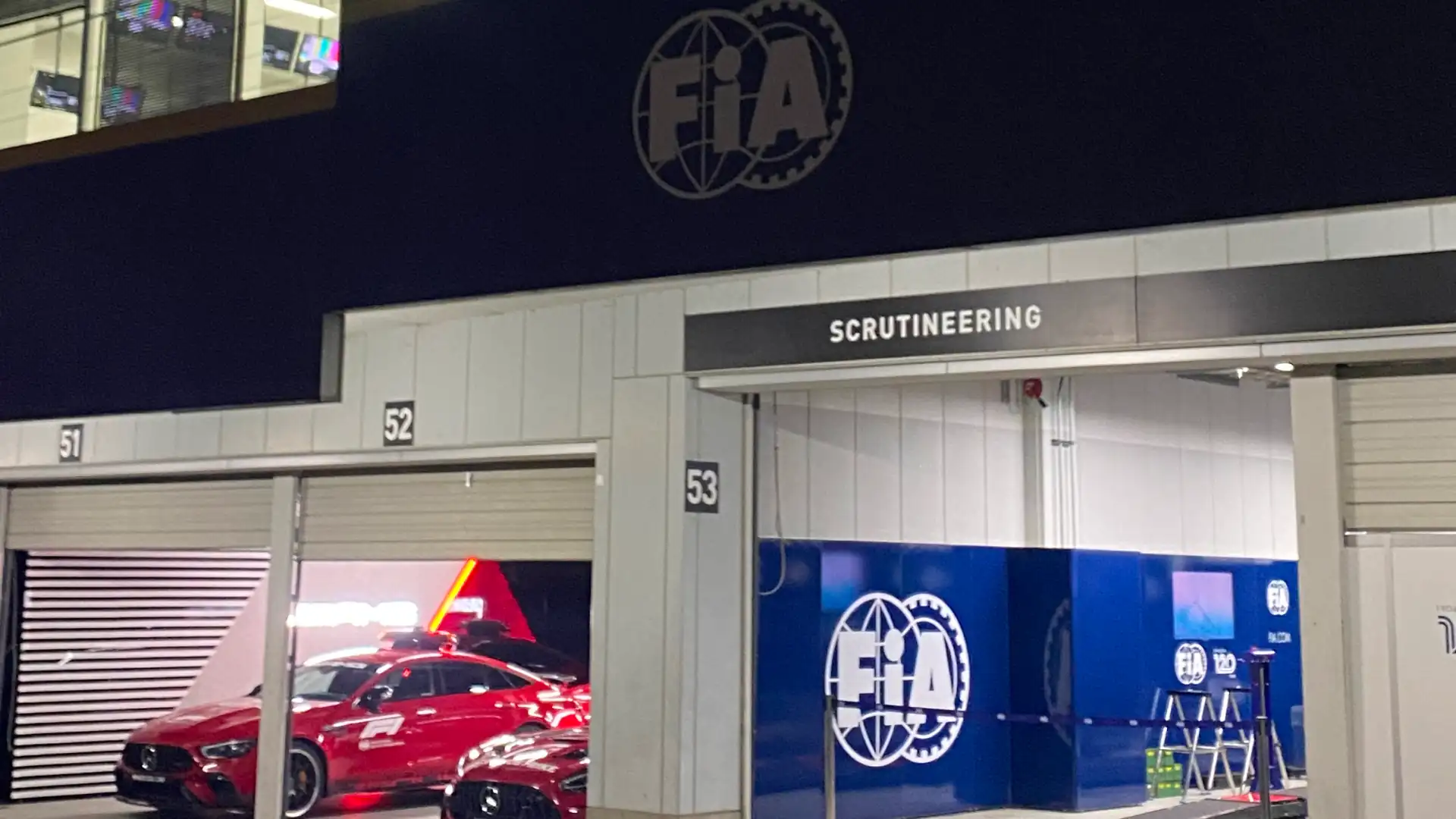
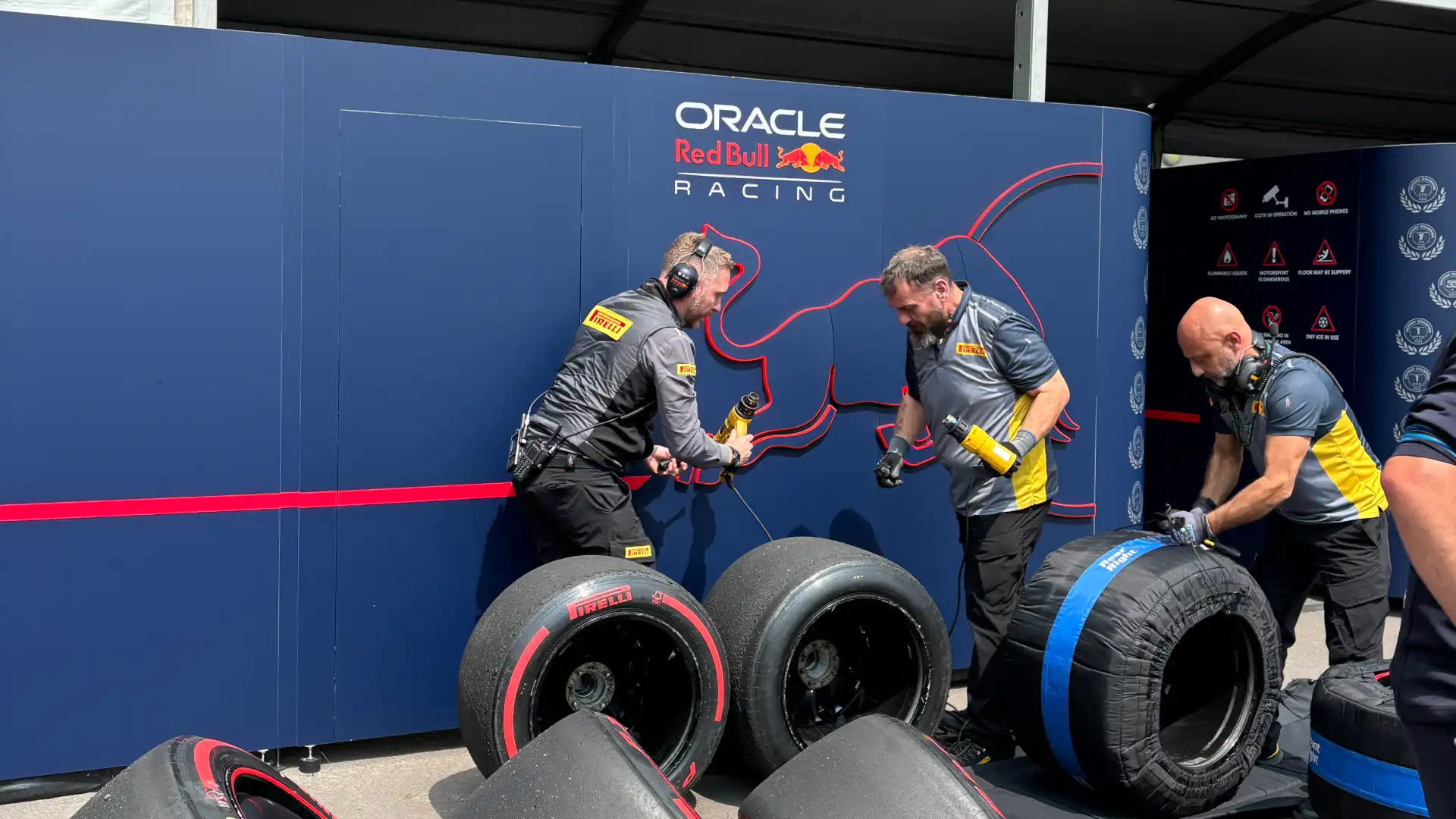
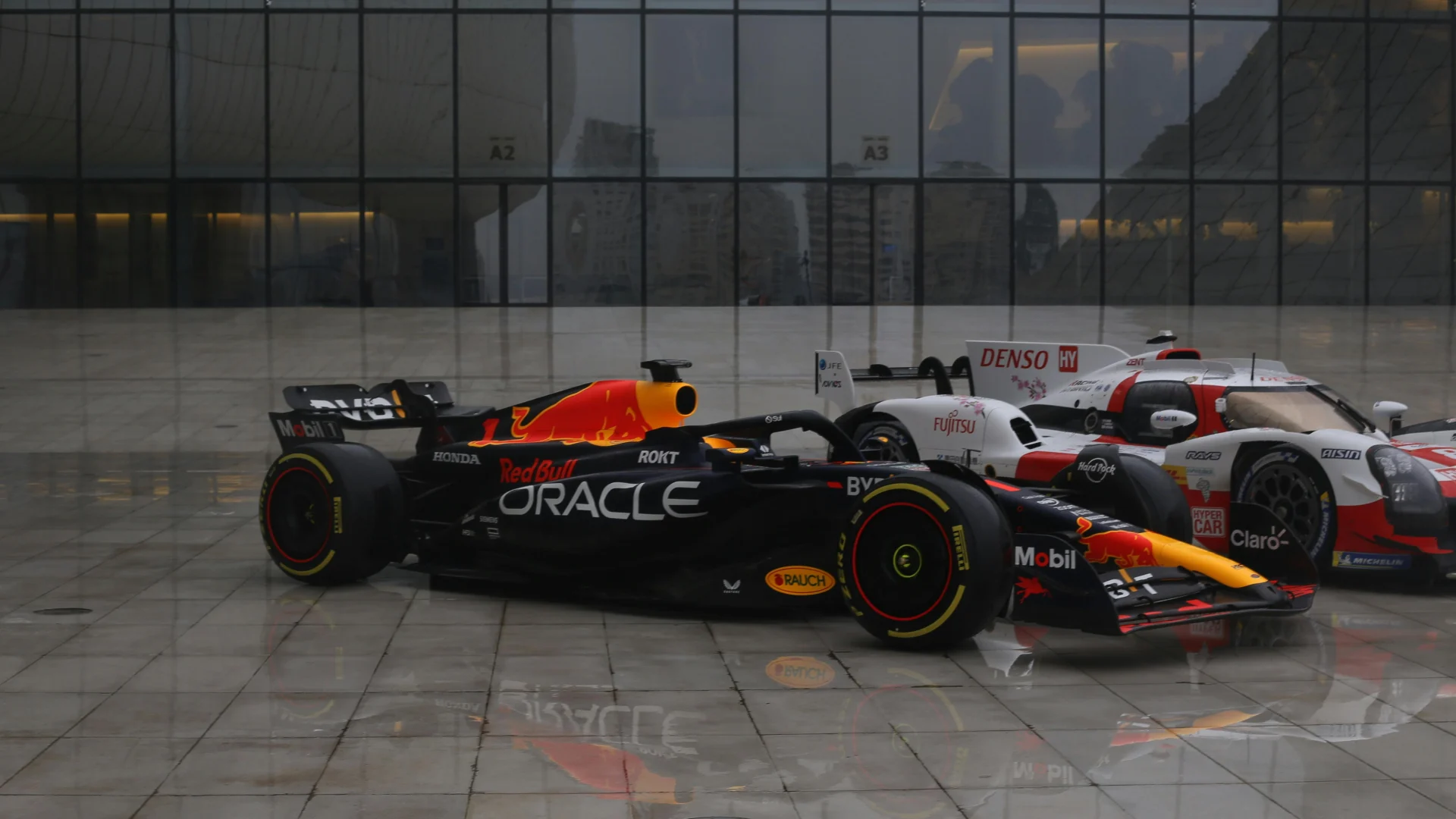

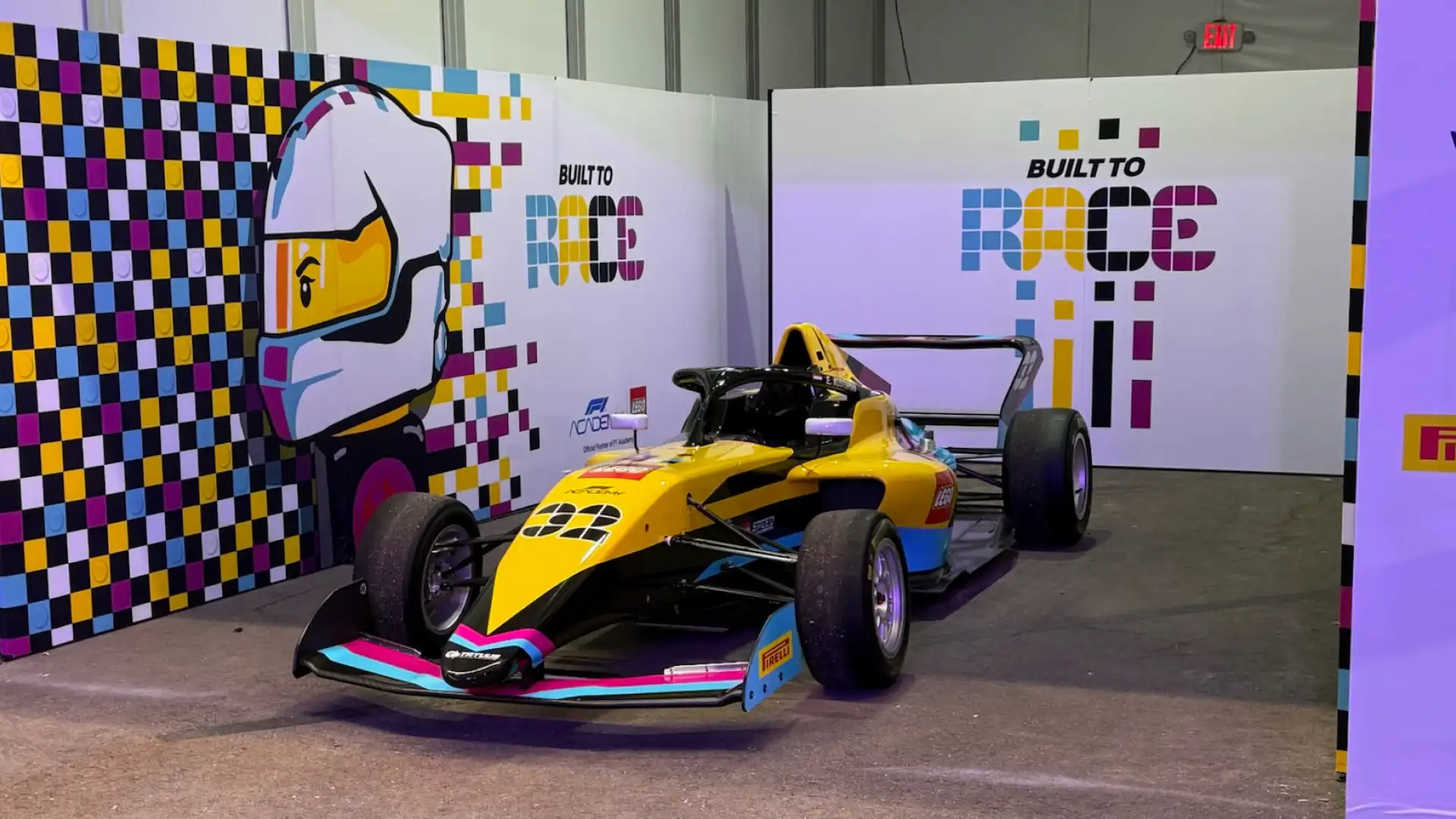
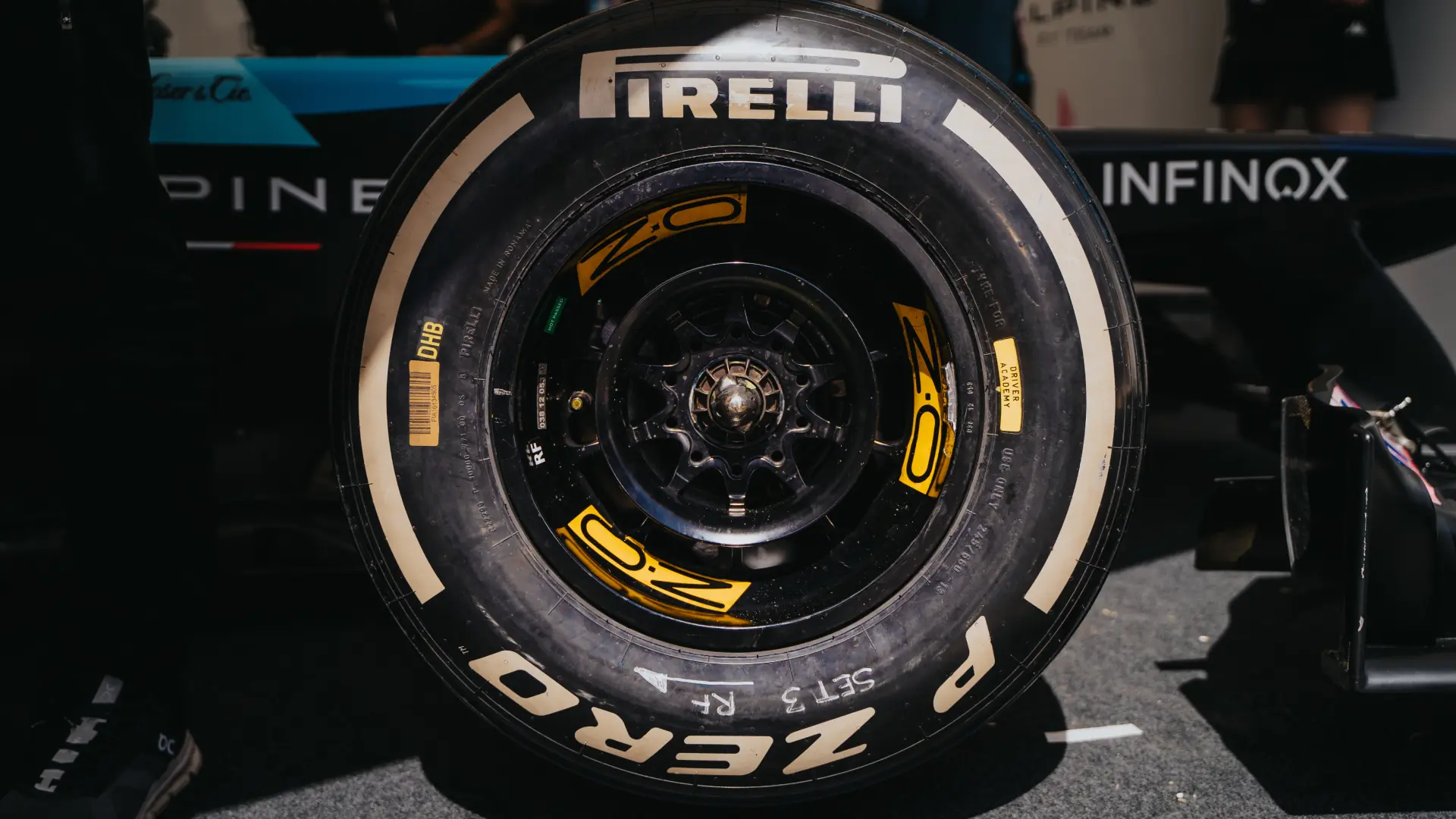
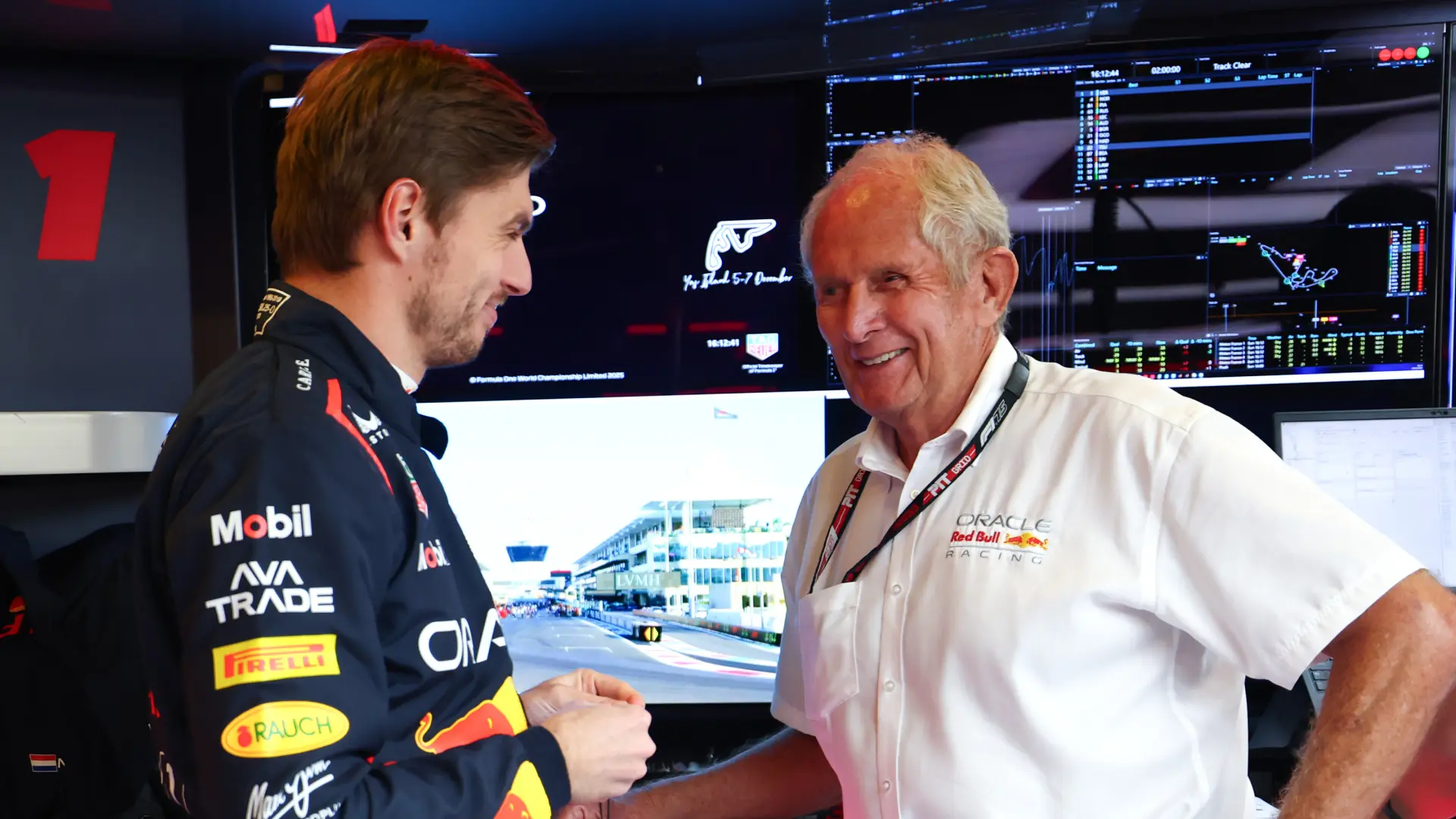

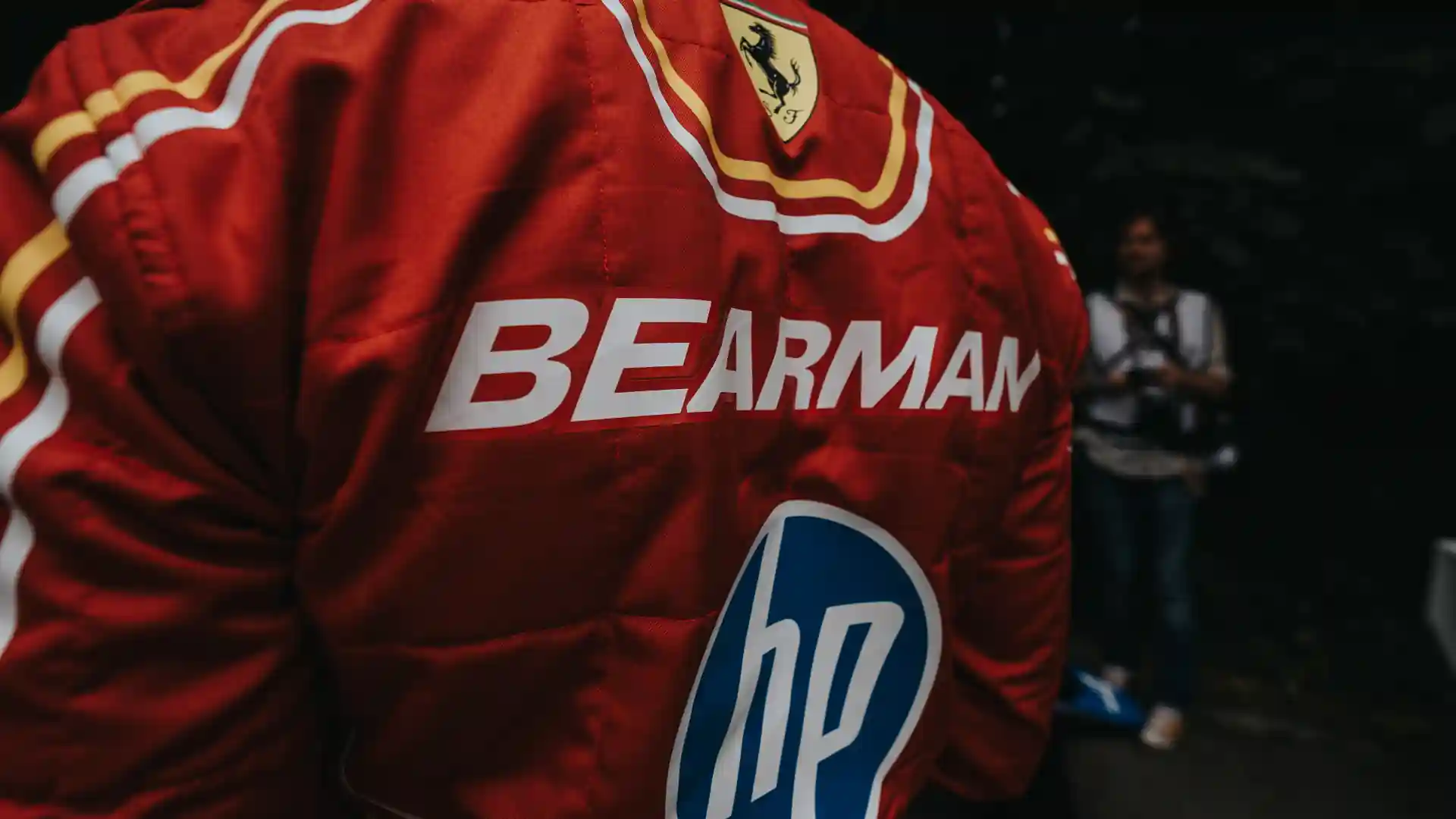
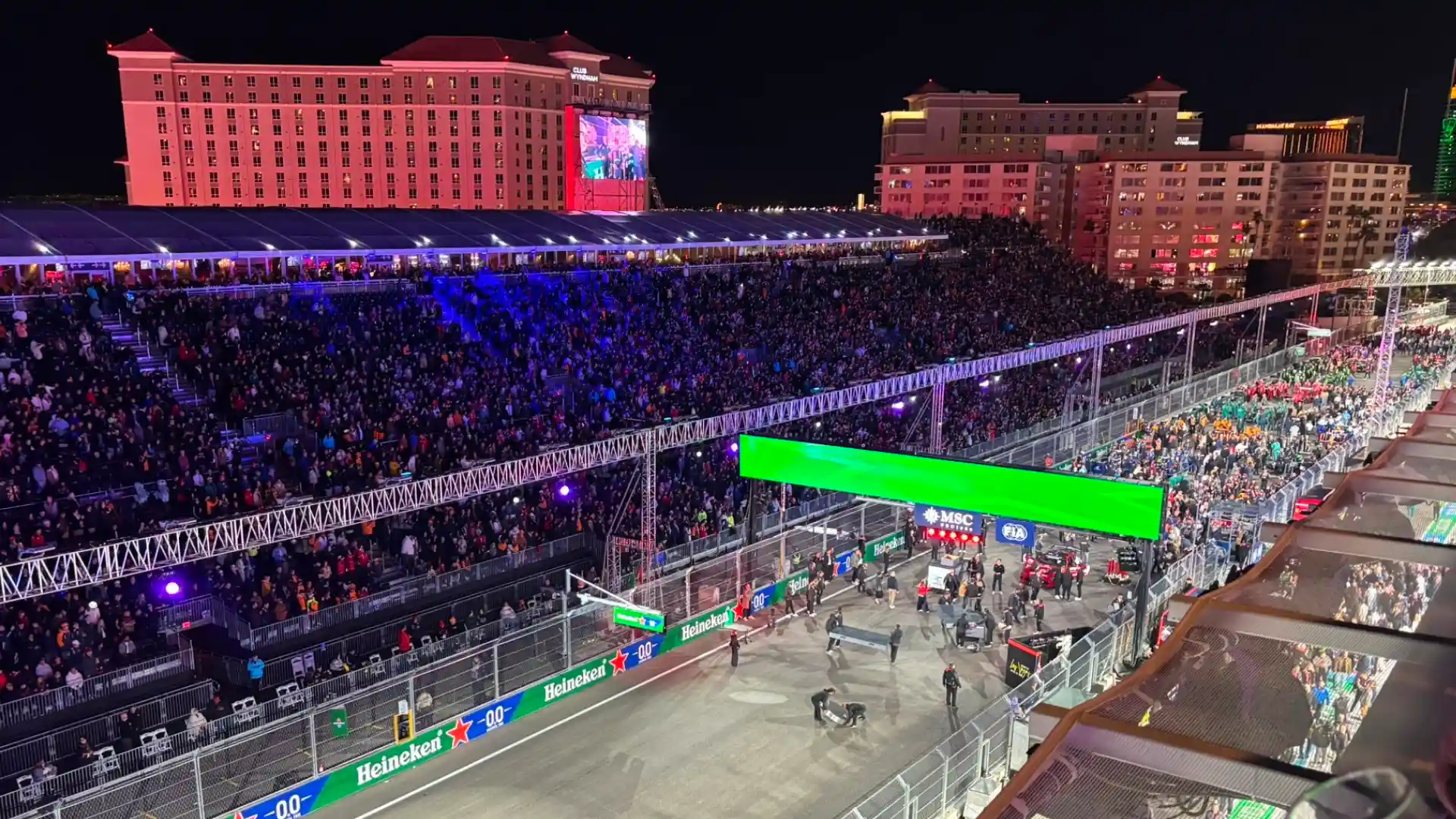
.webp)
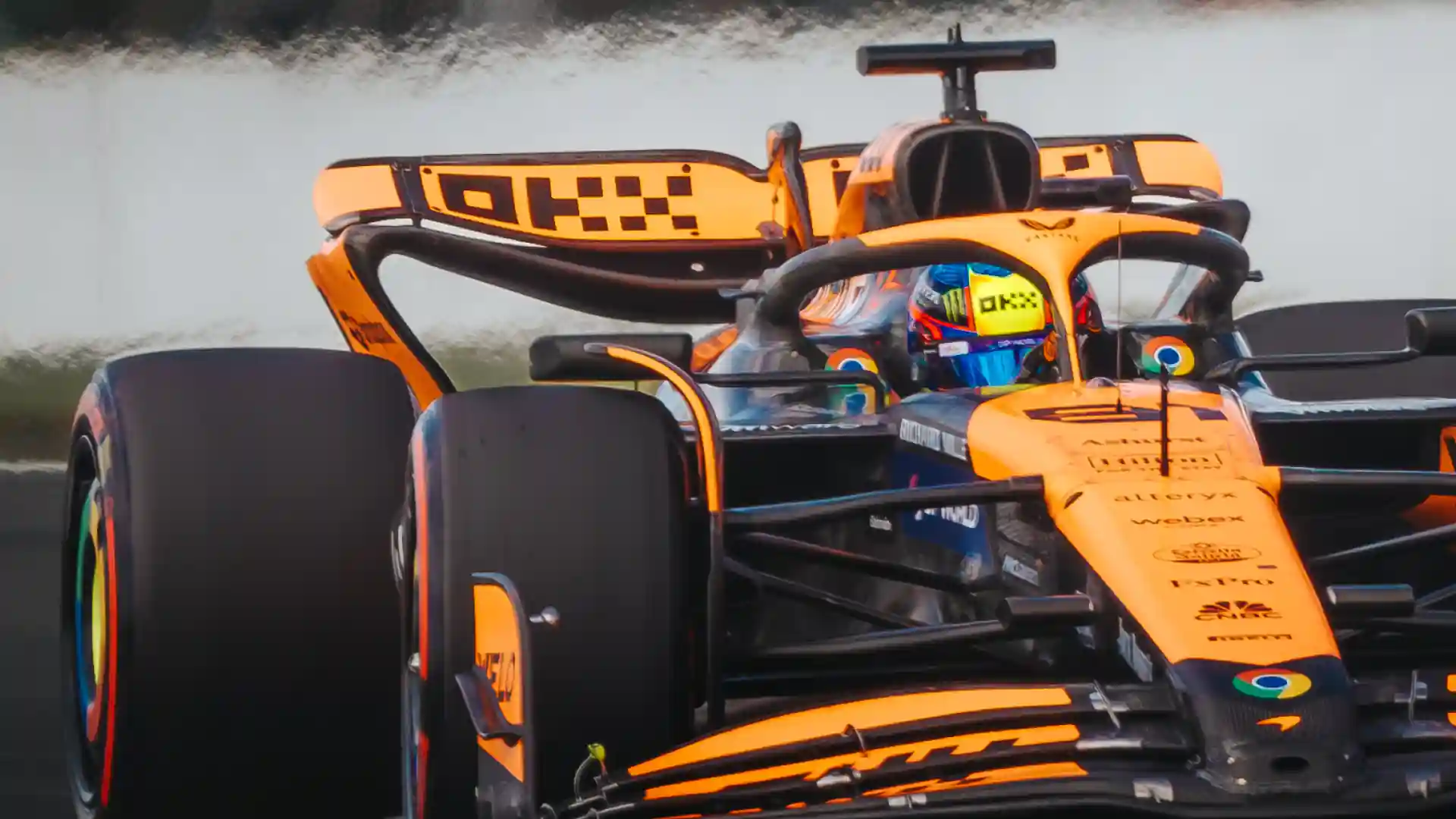

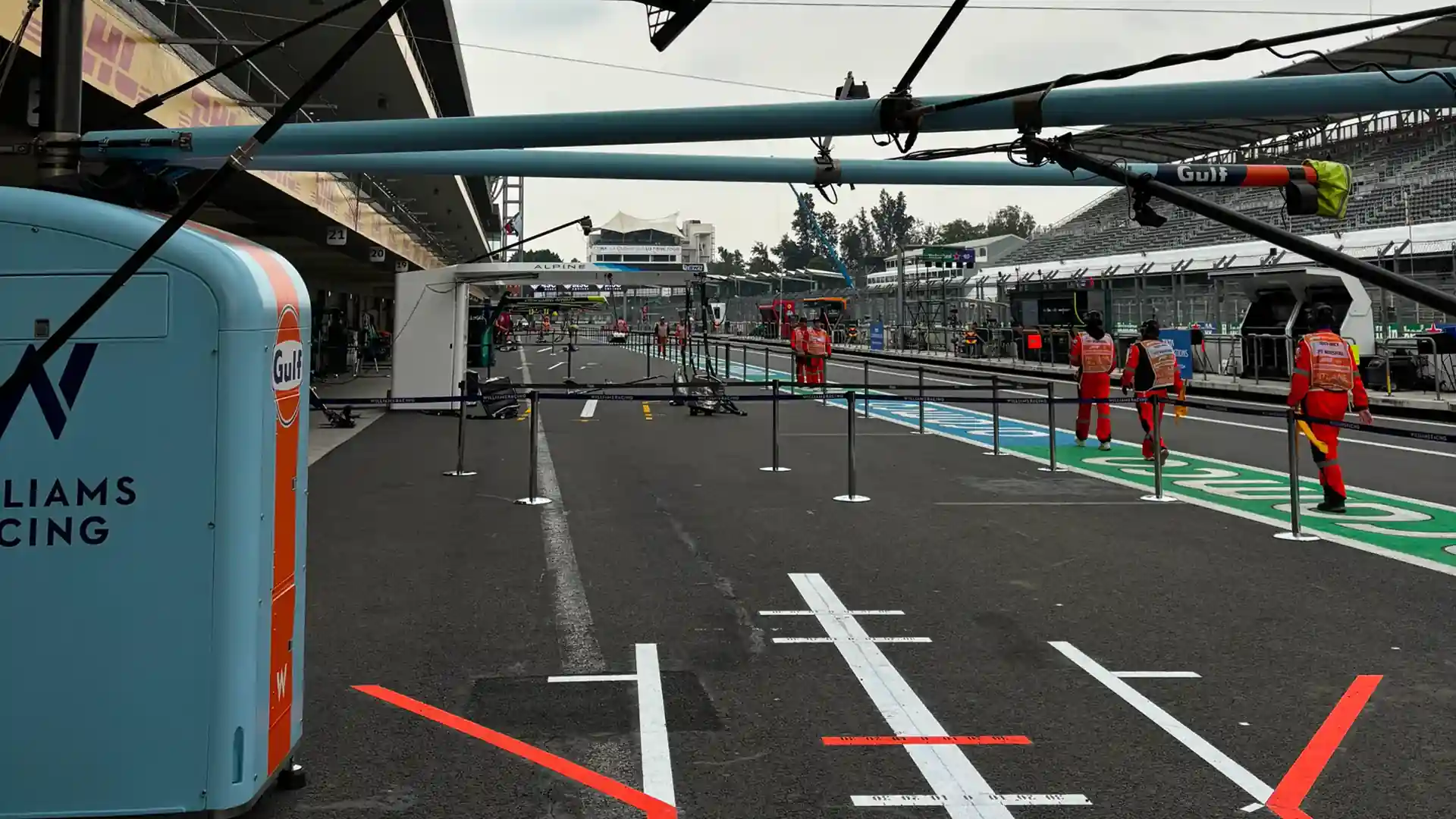
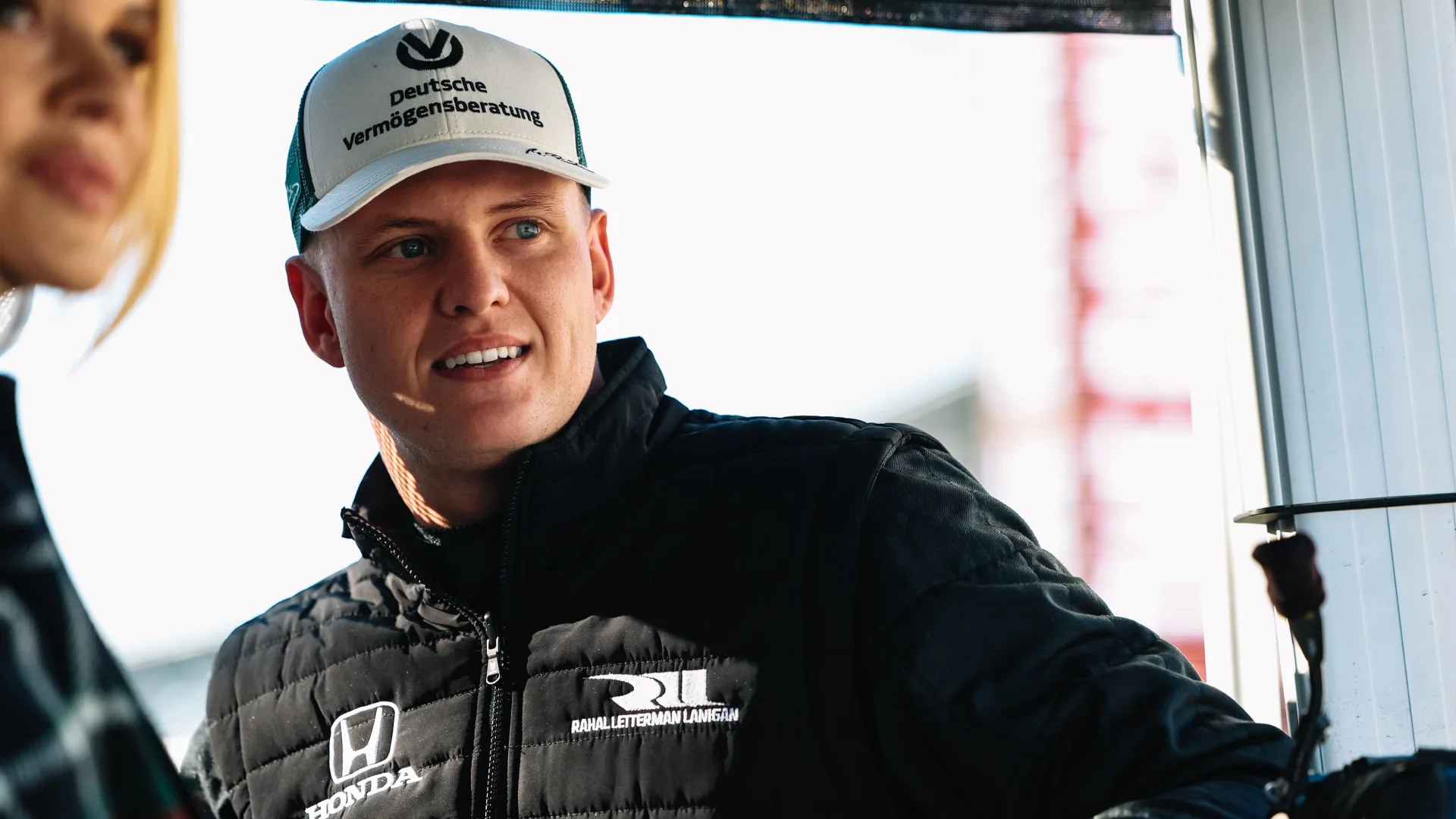
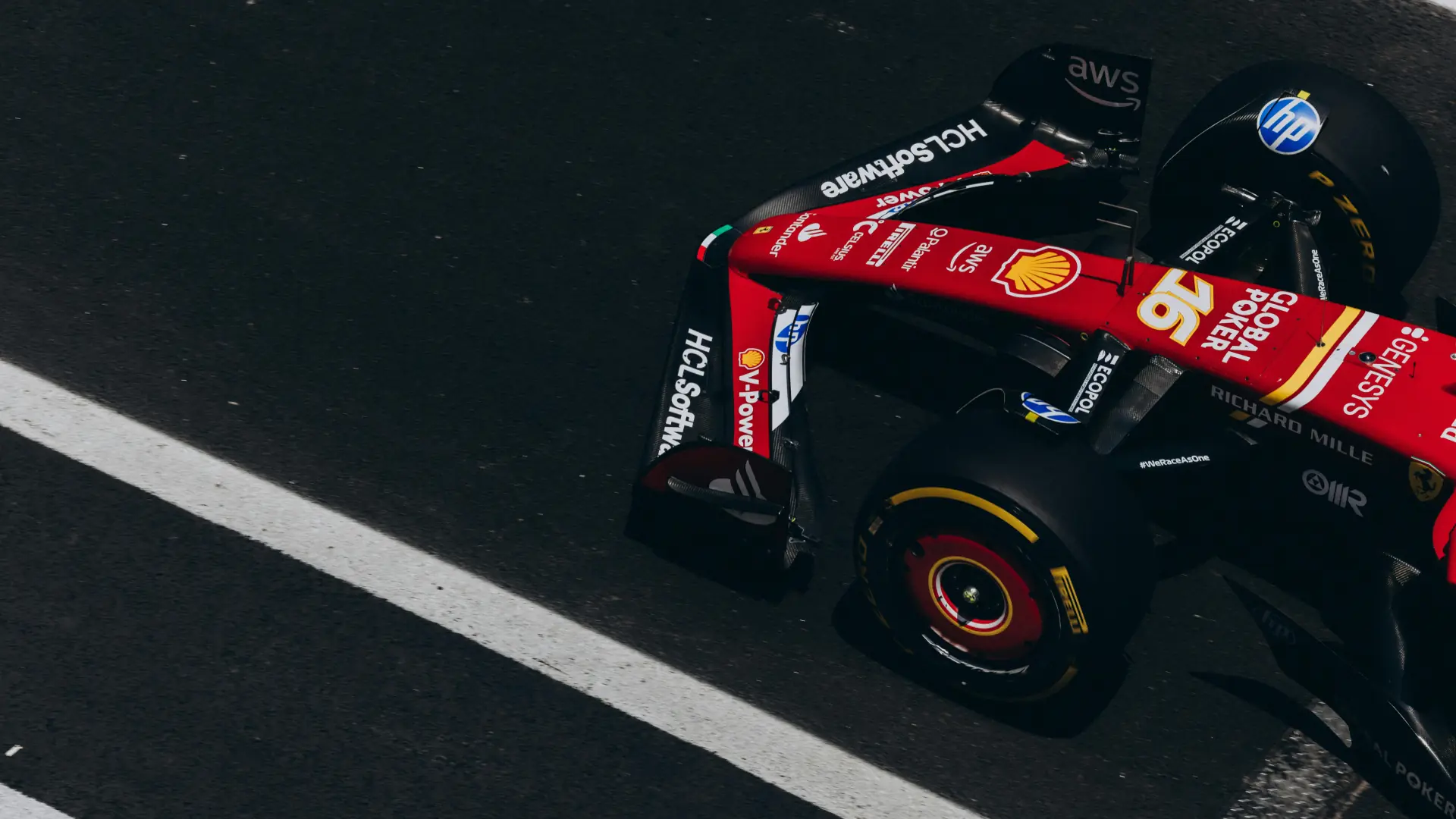


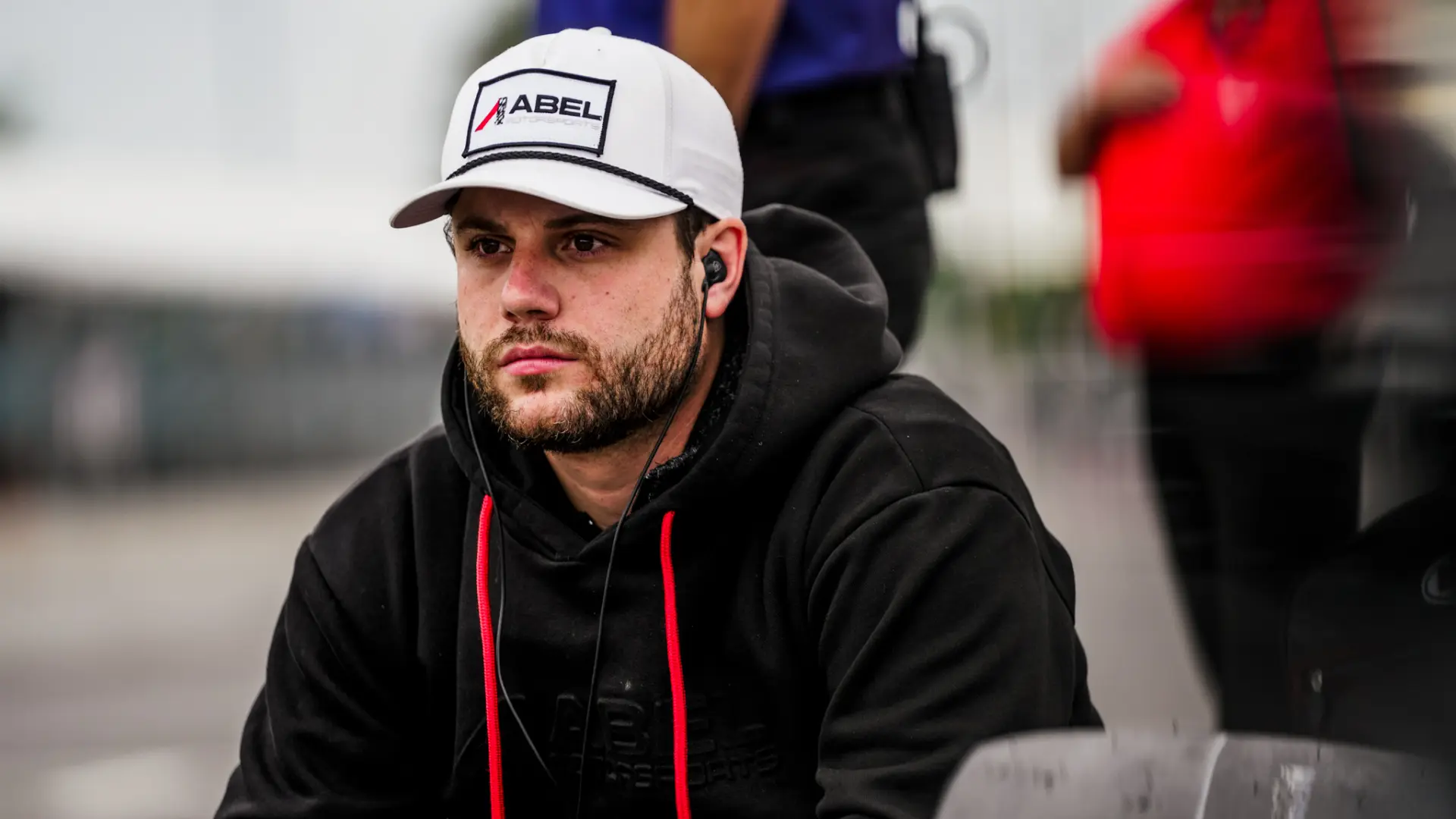

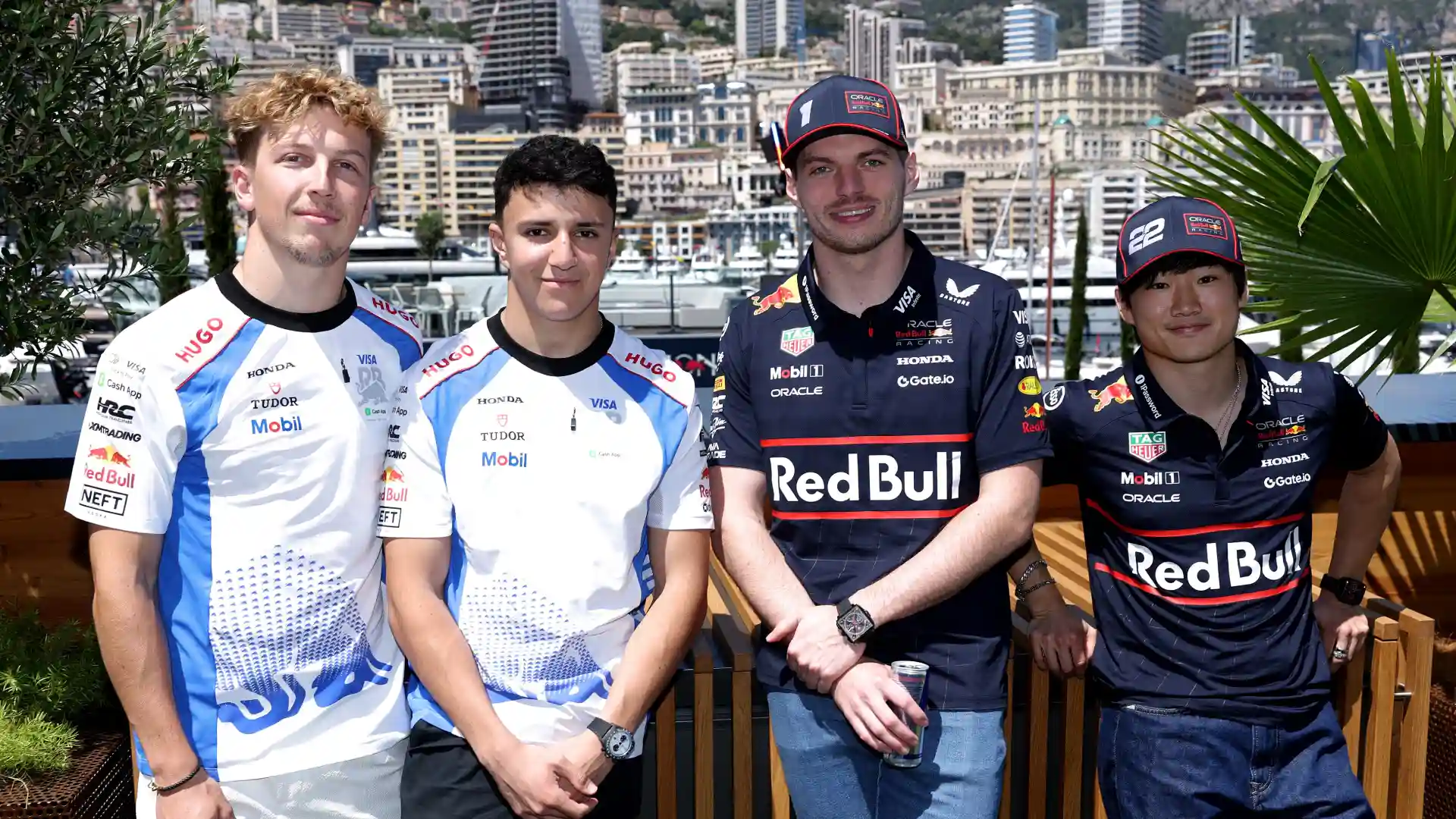
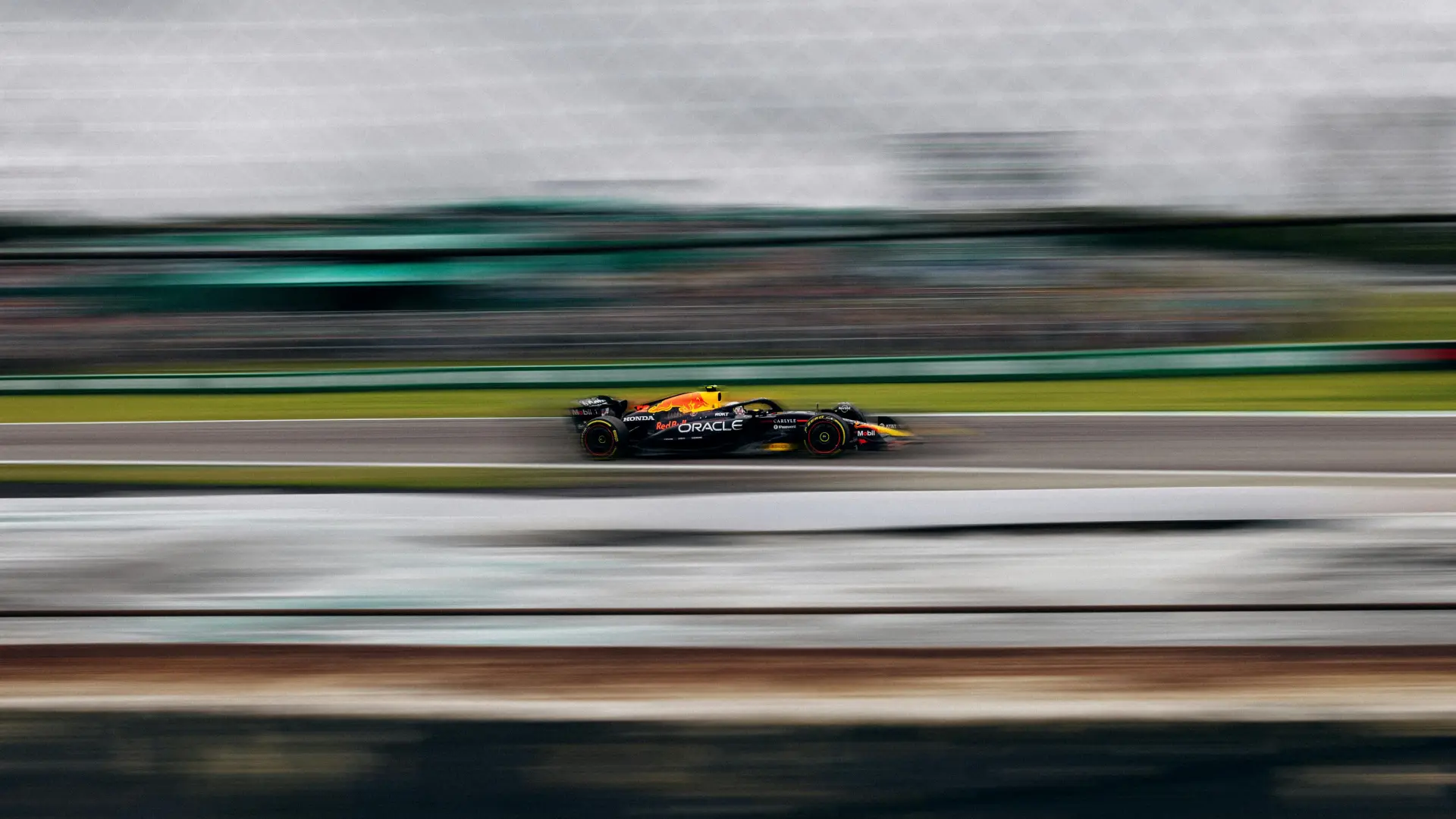
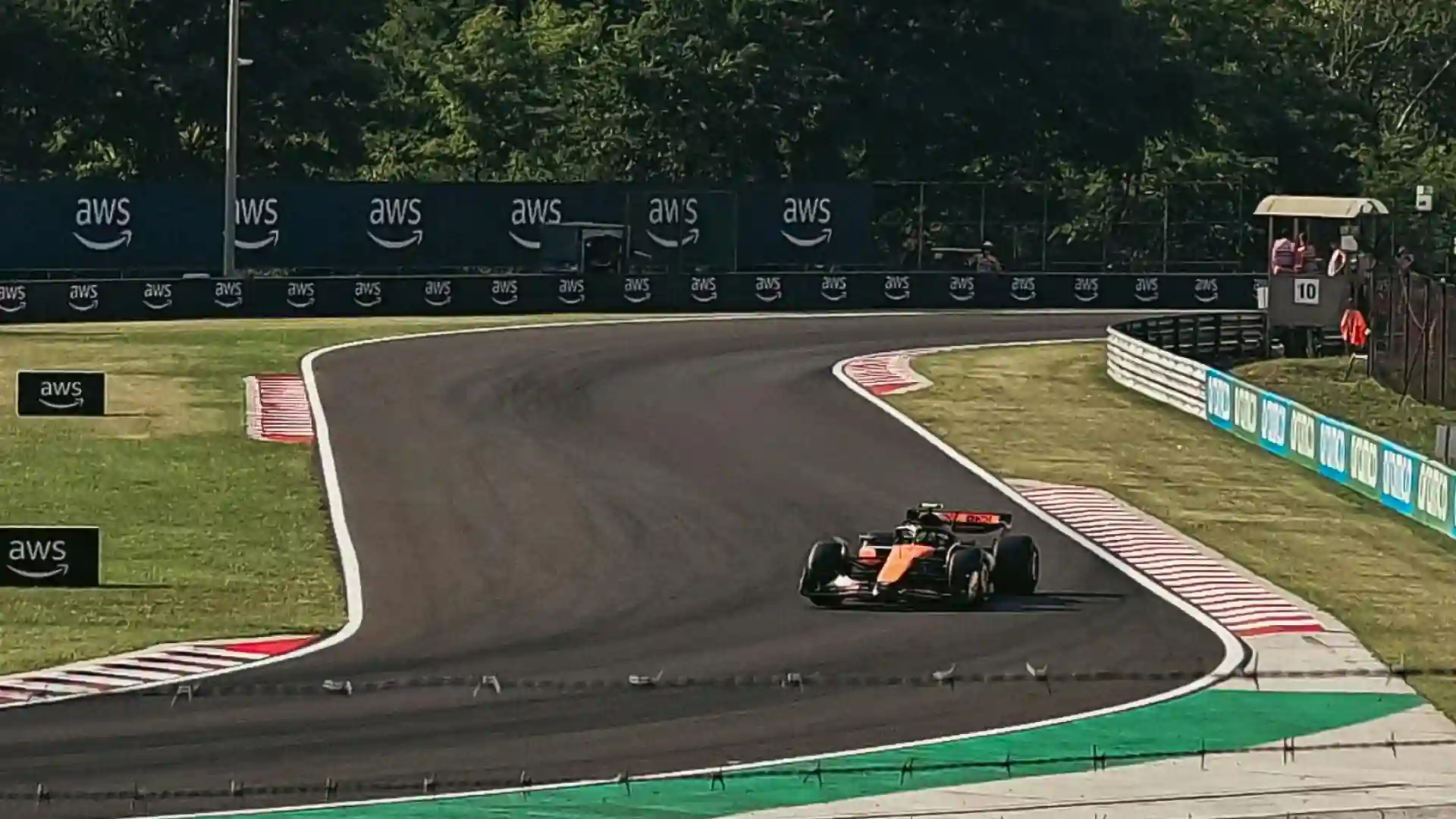
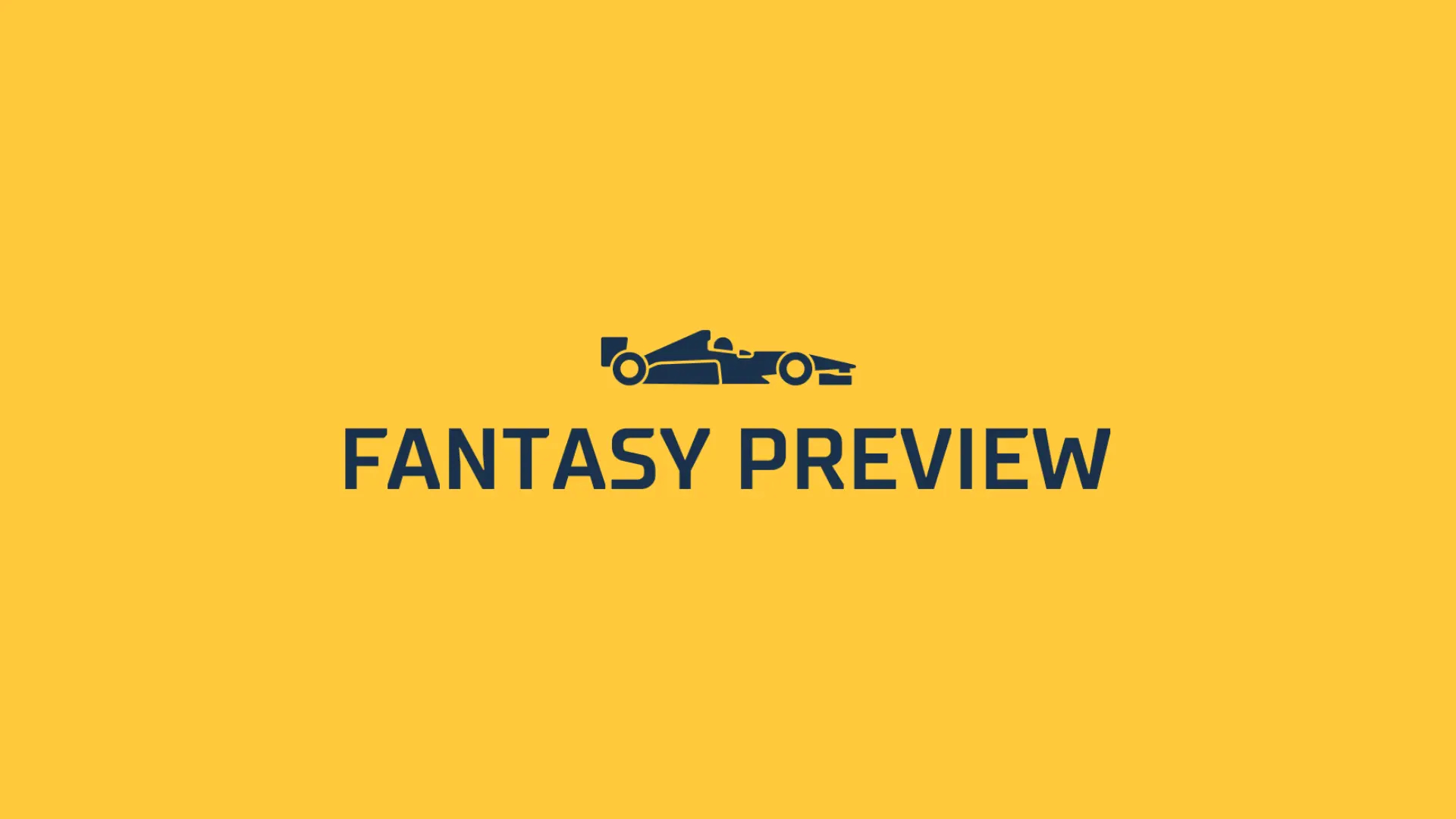
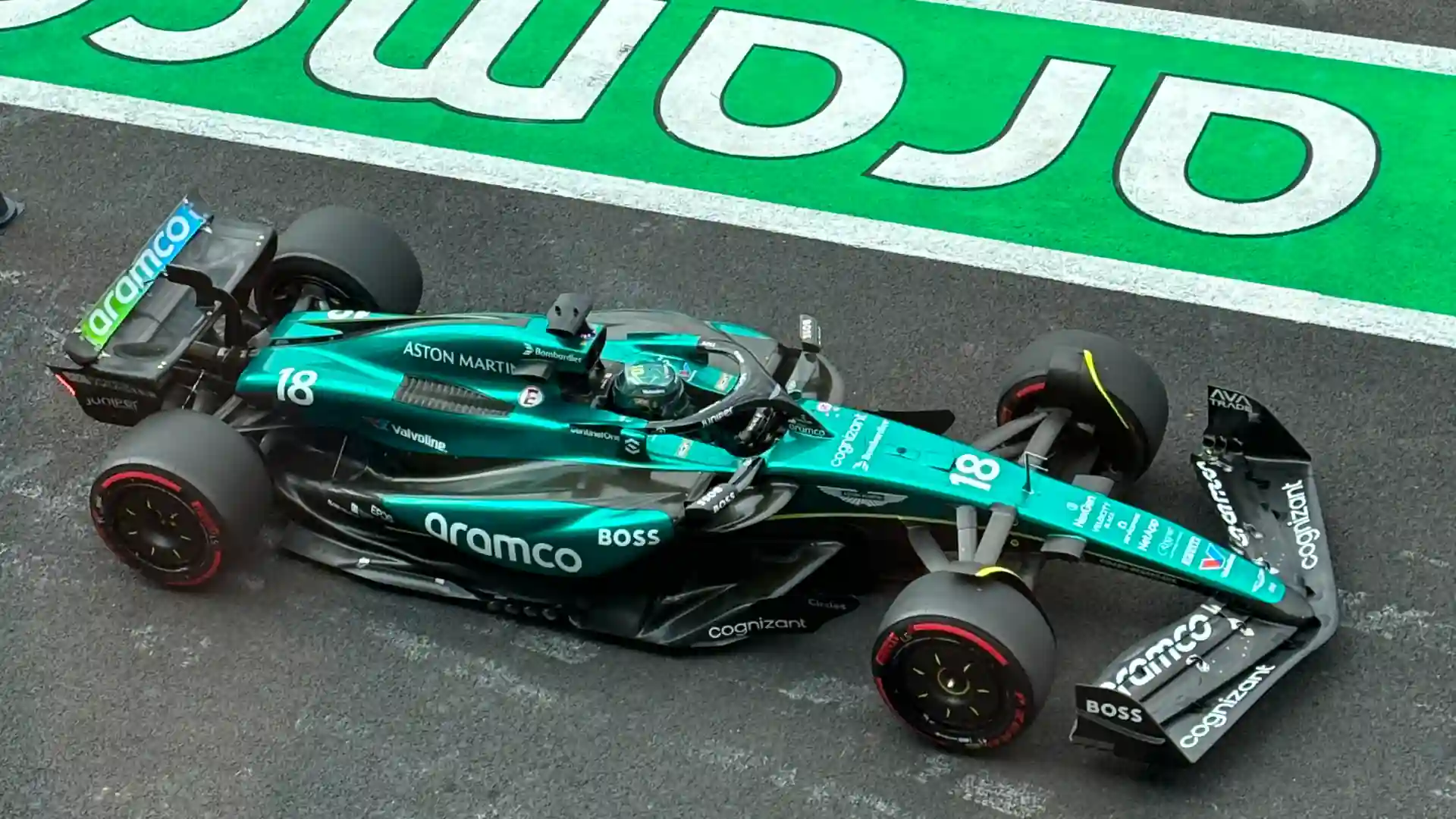
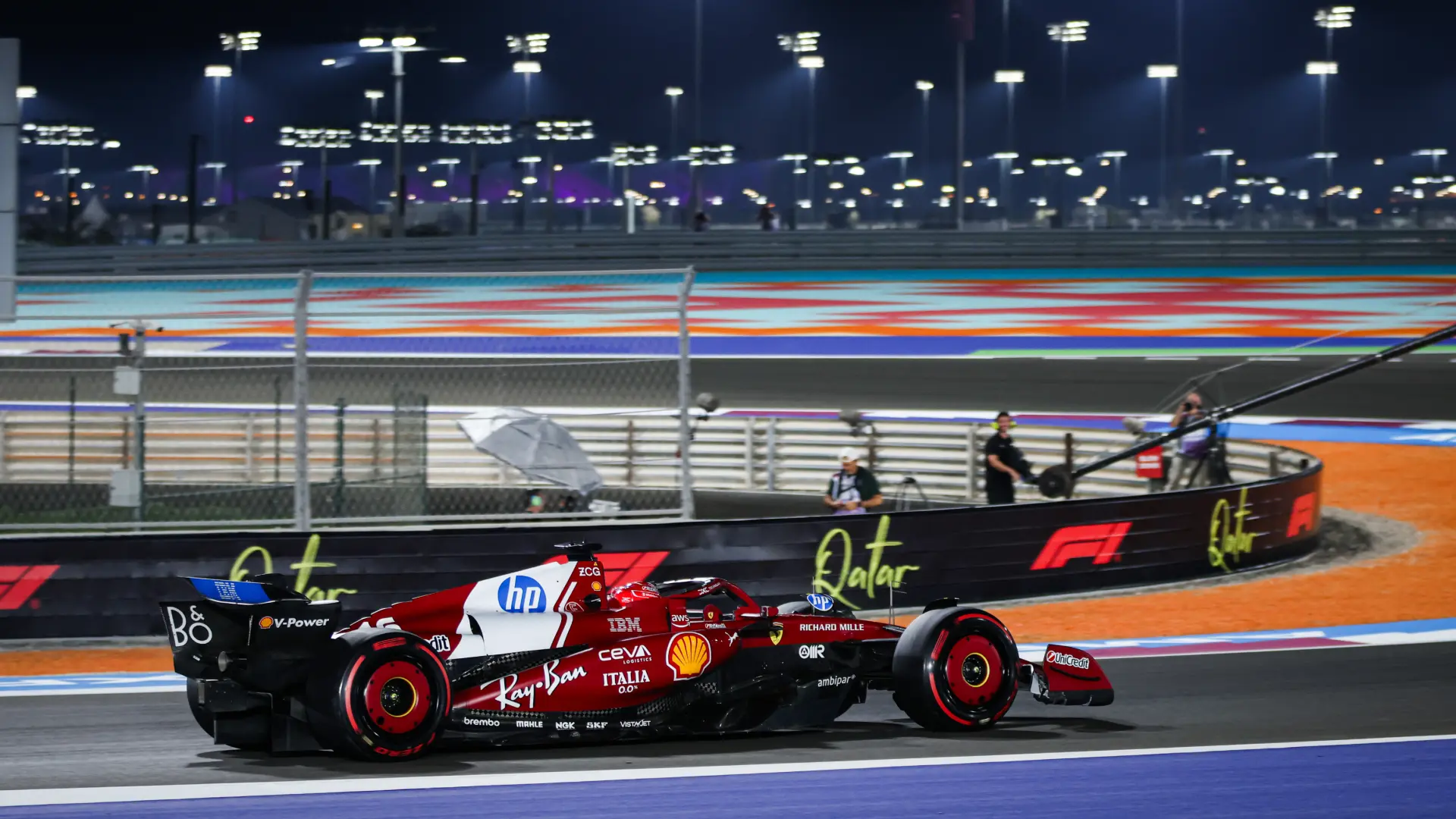

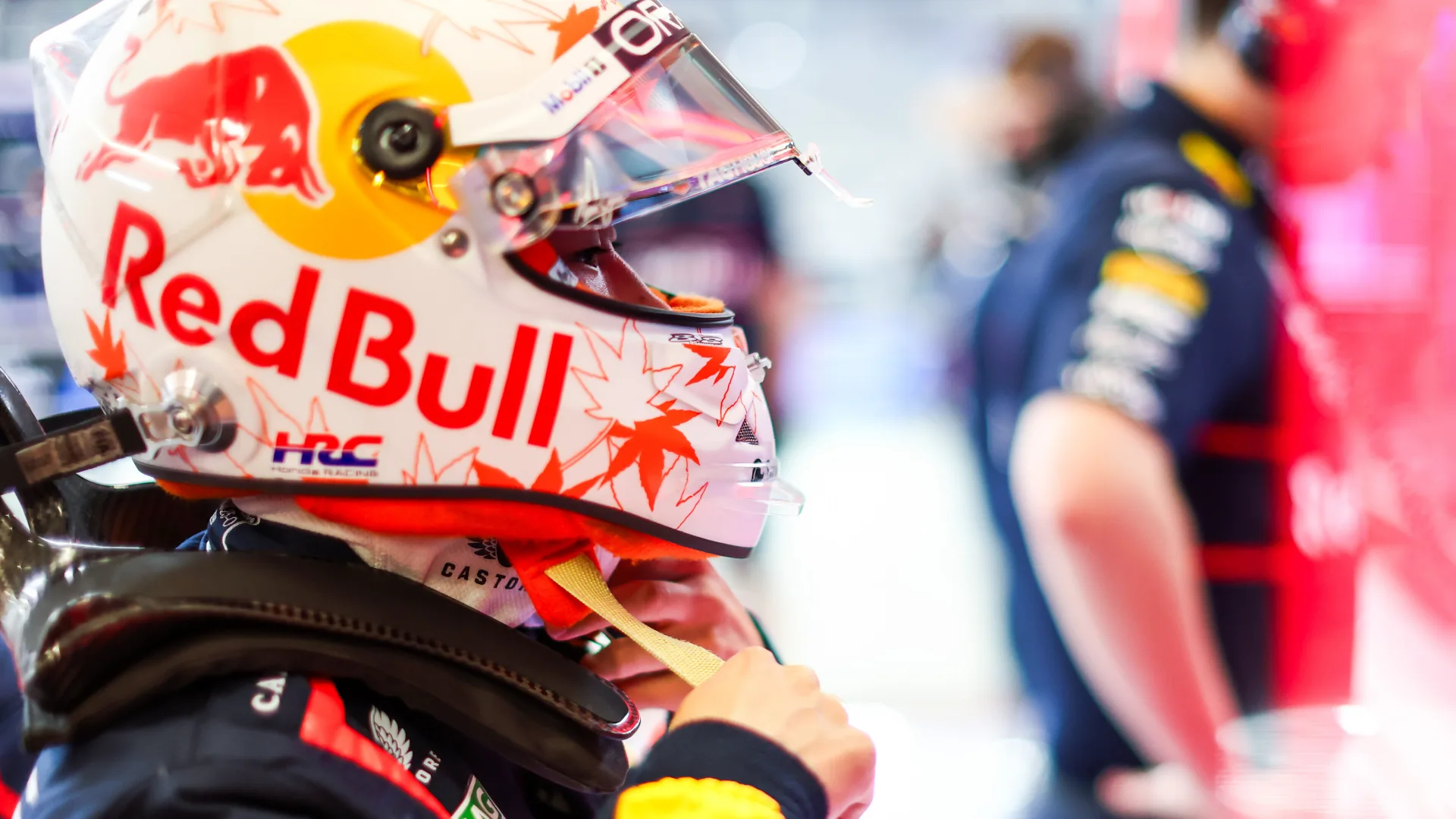

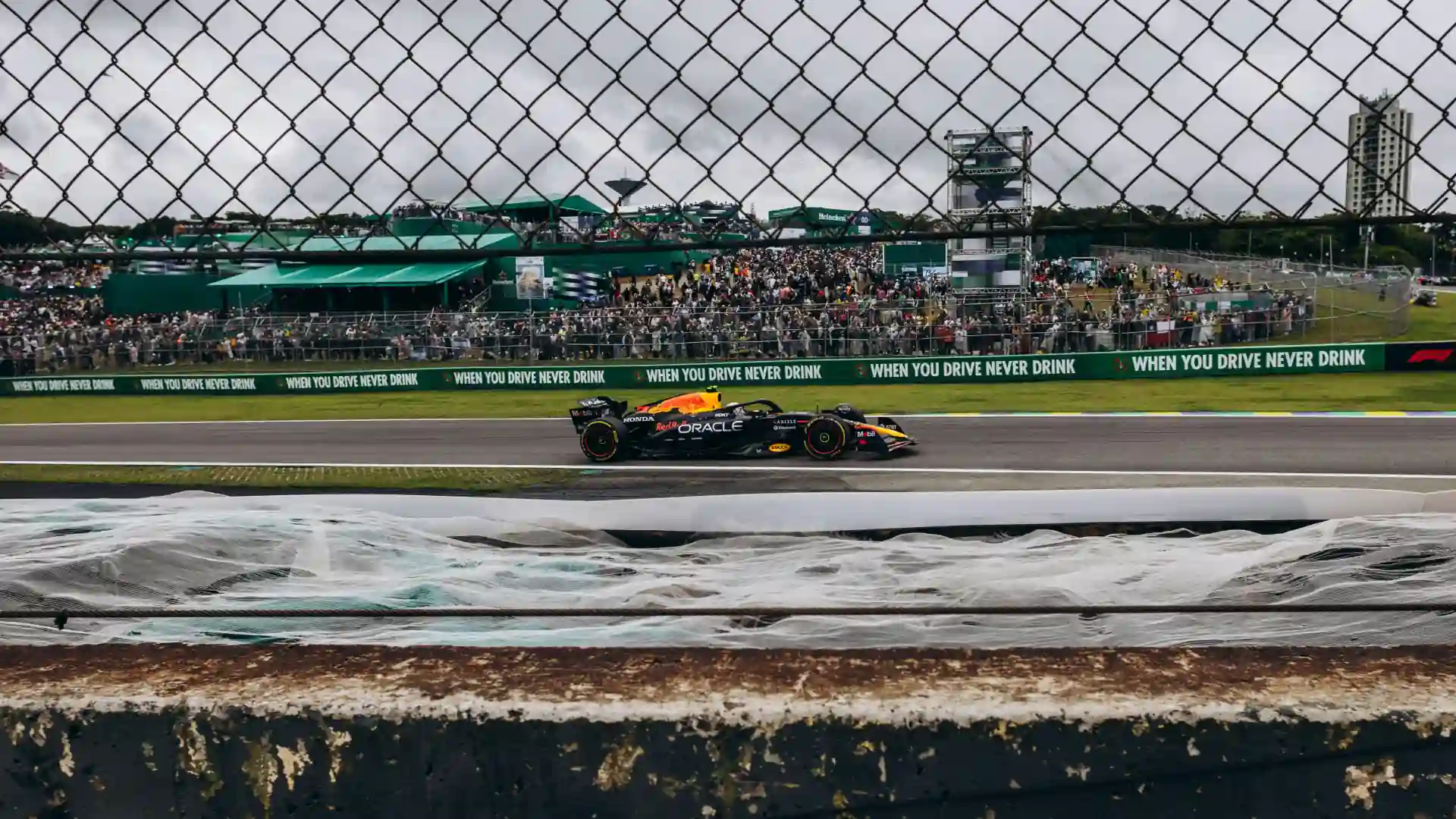

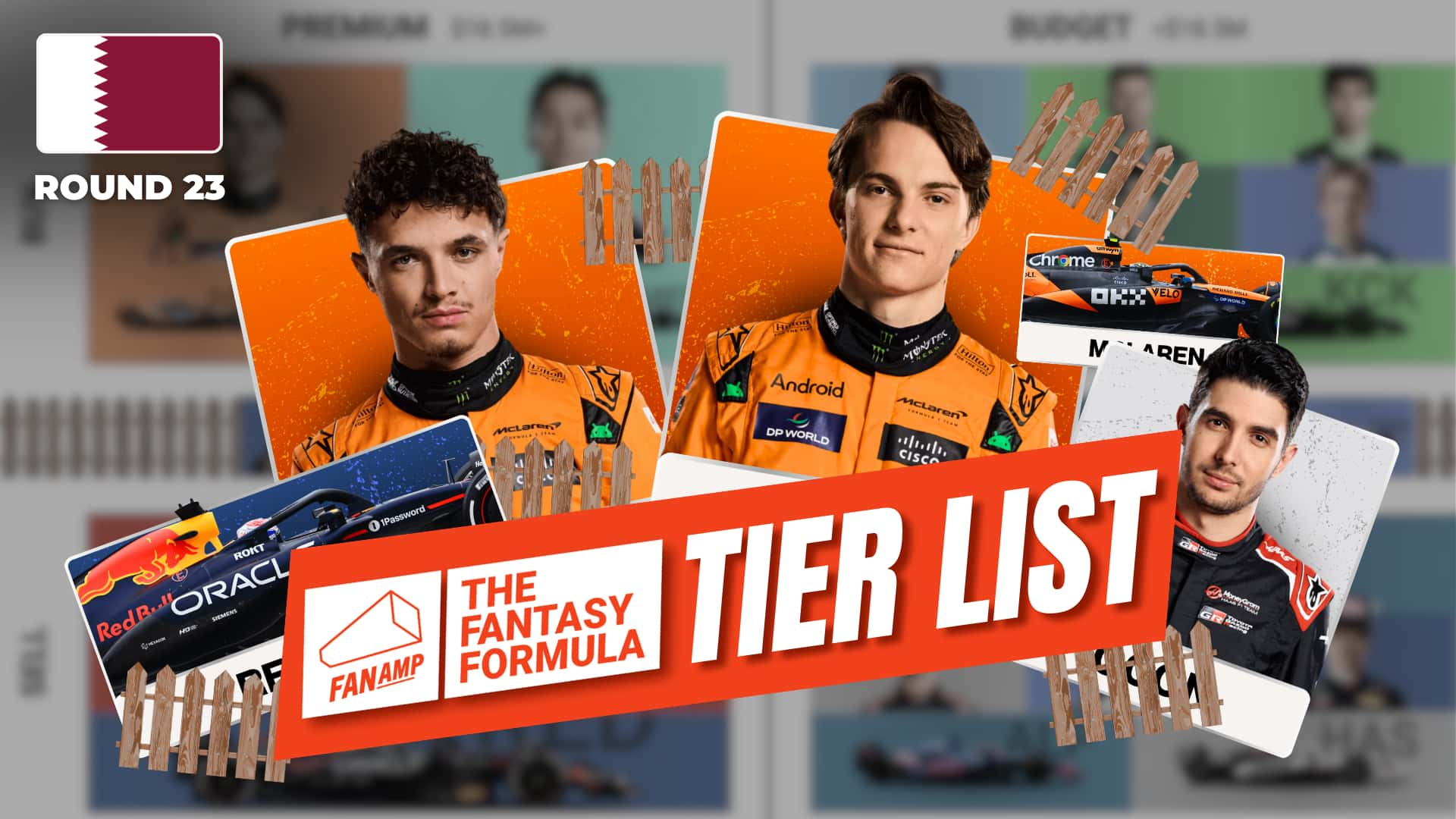
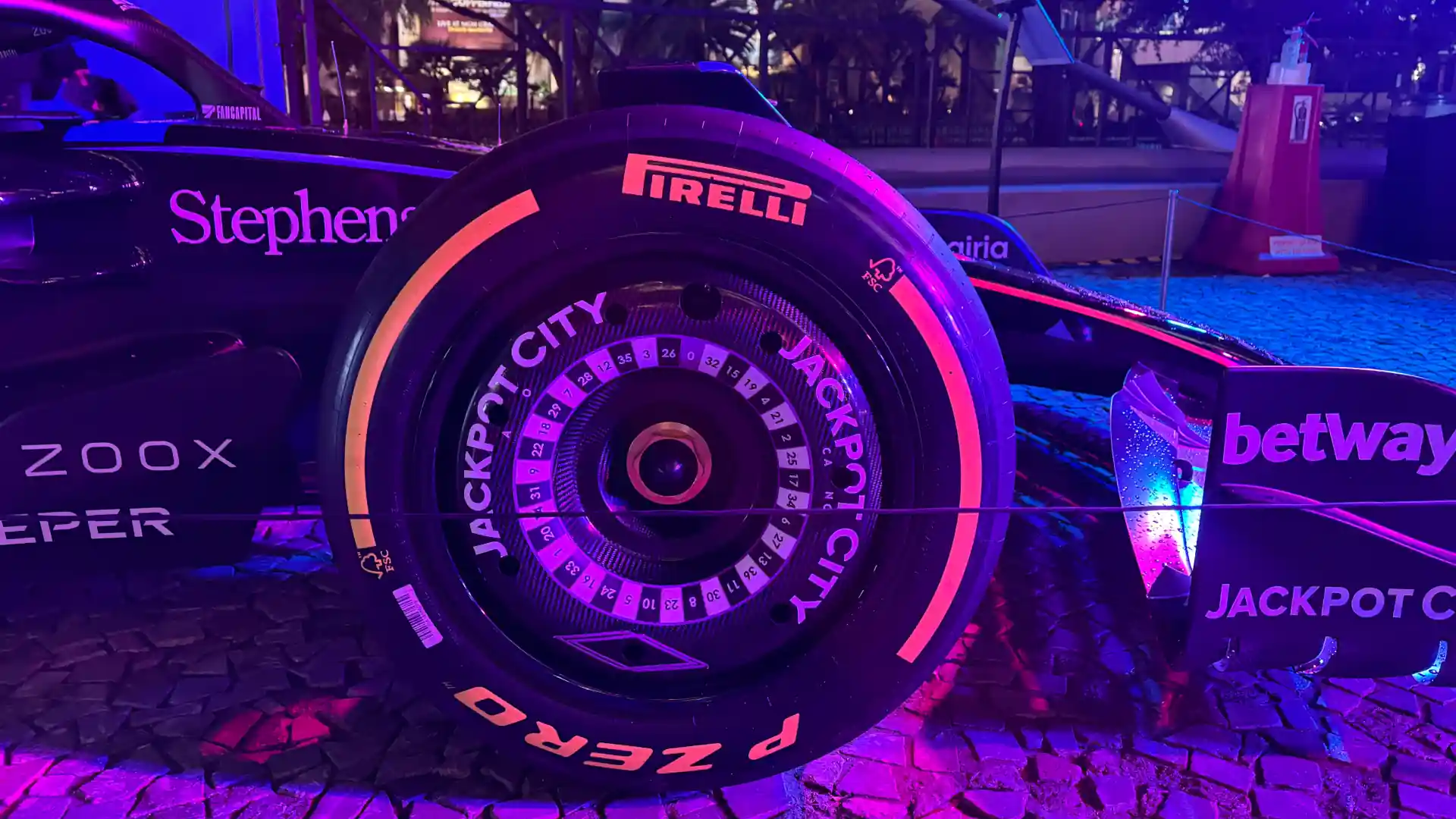
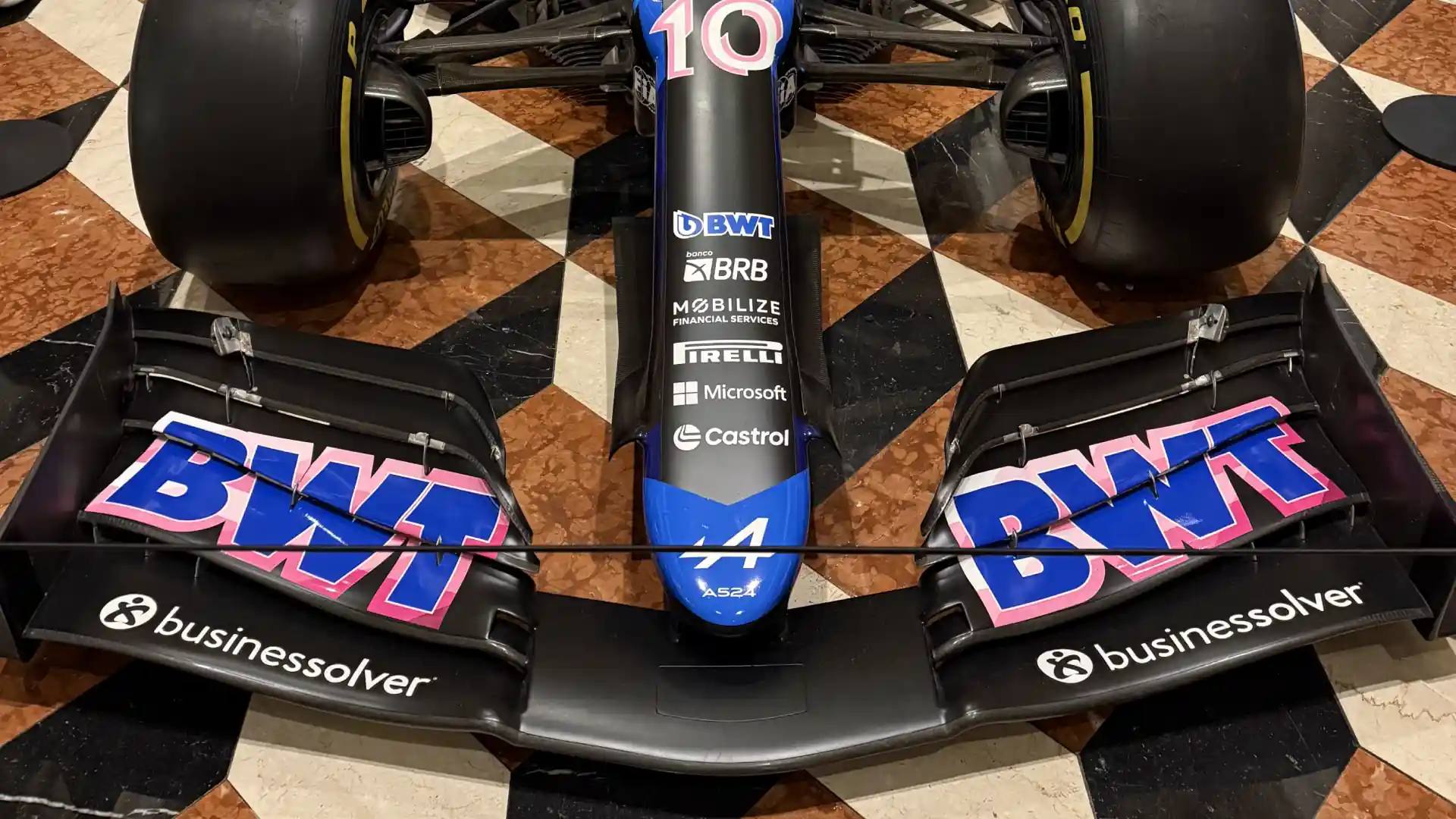

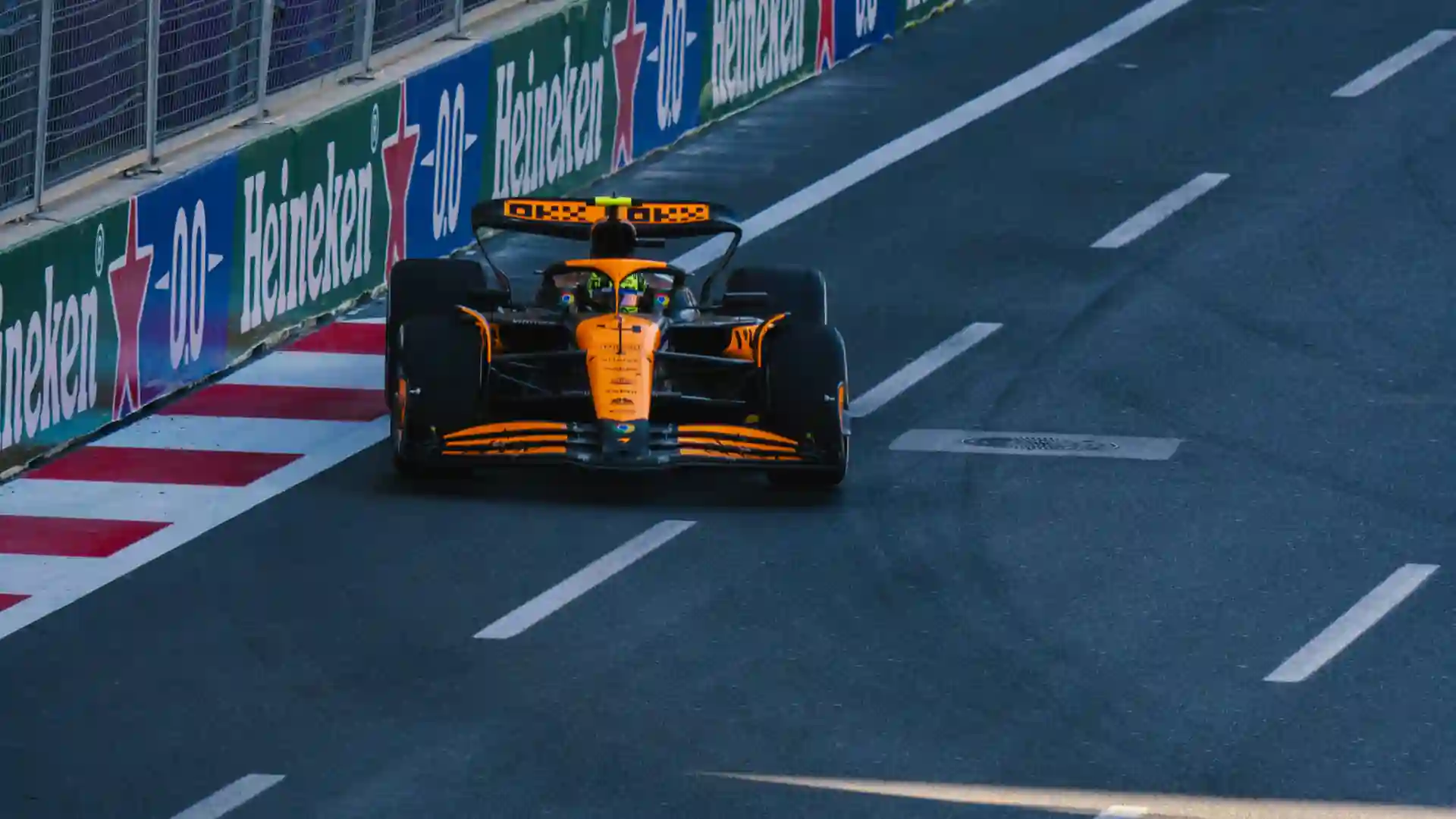
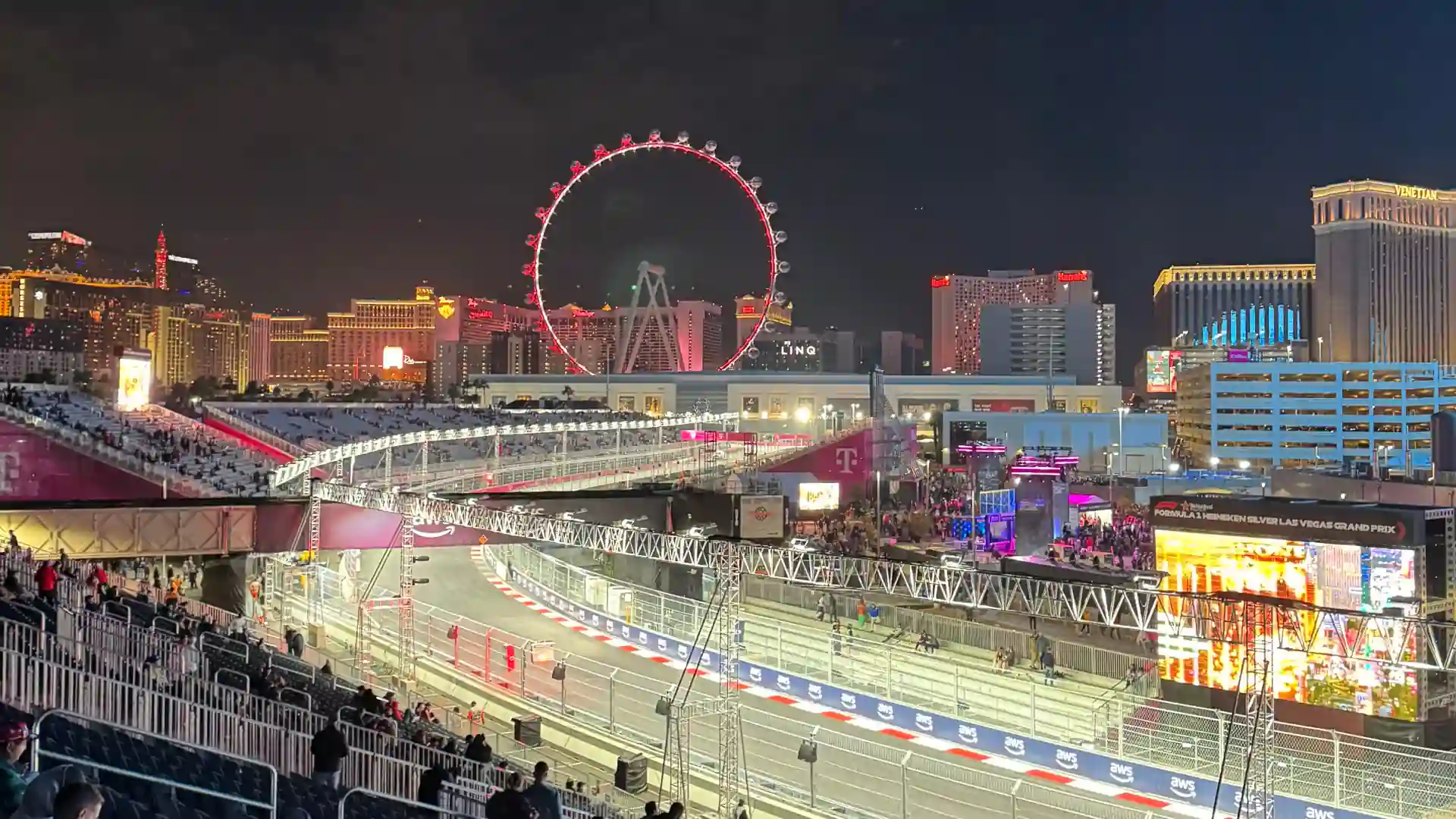
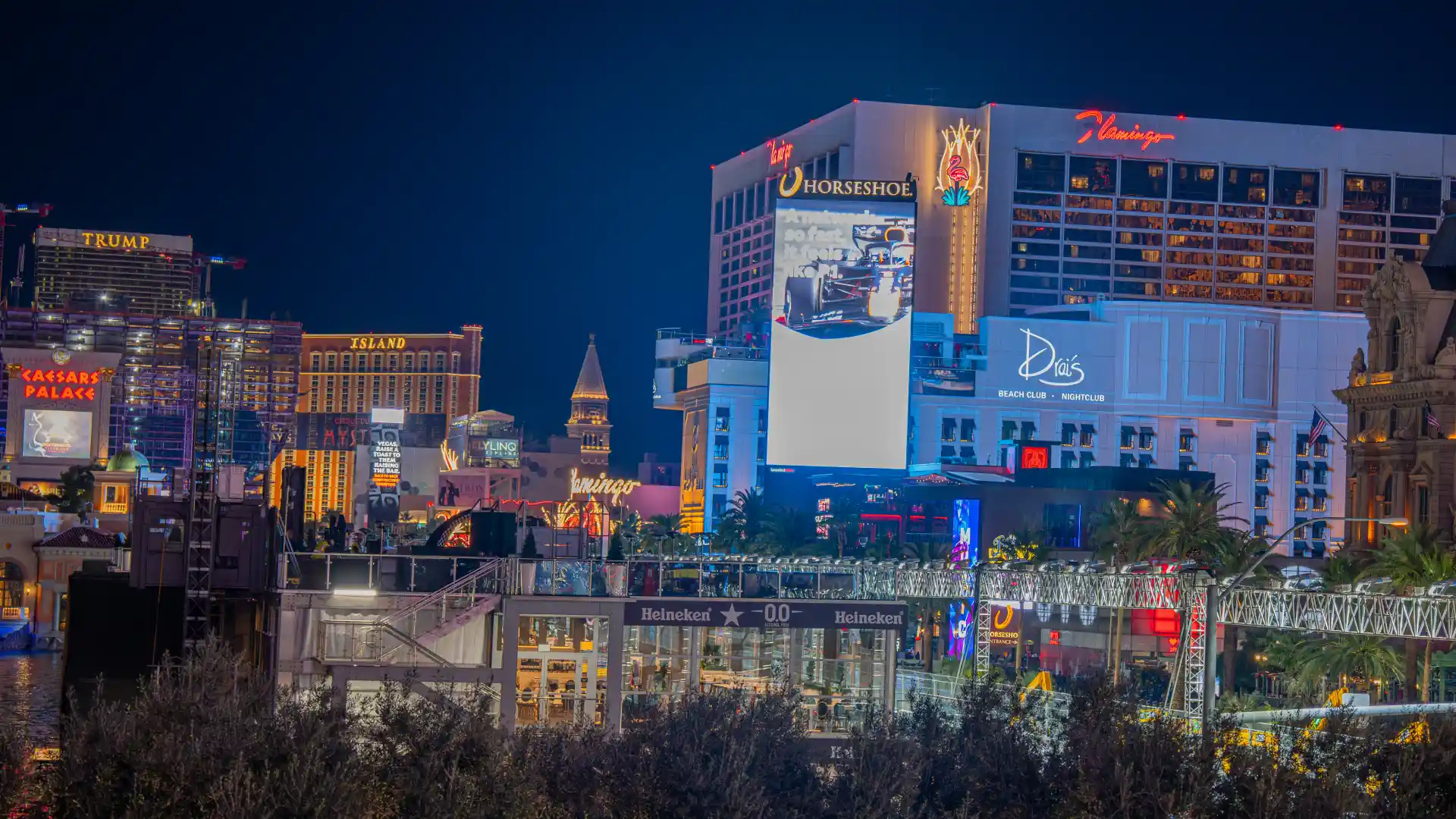
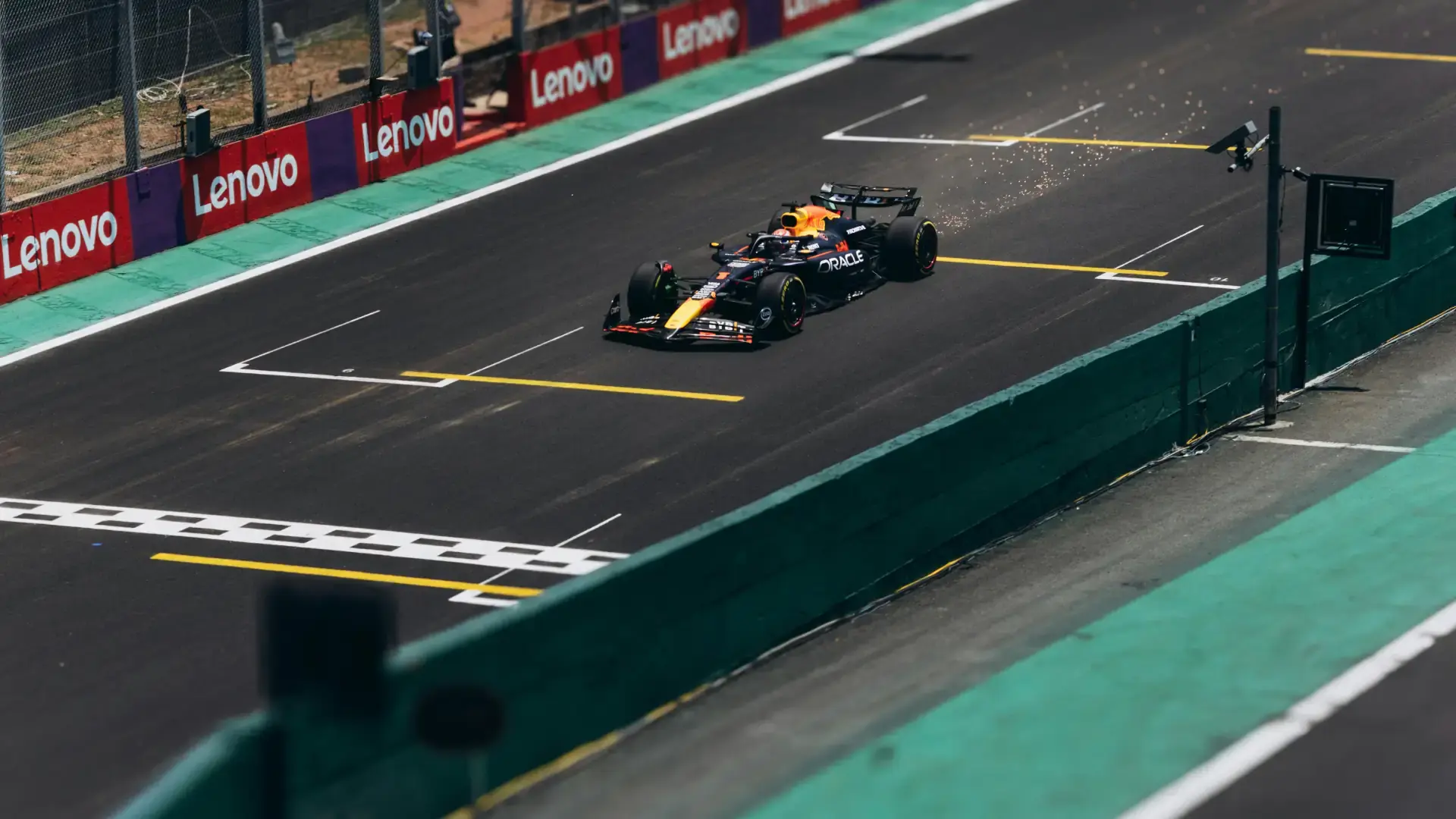

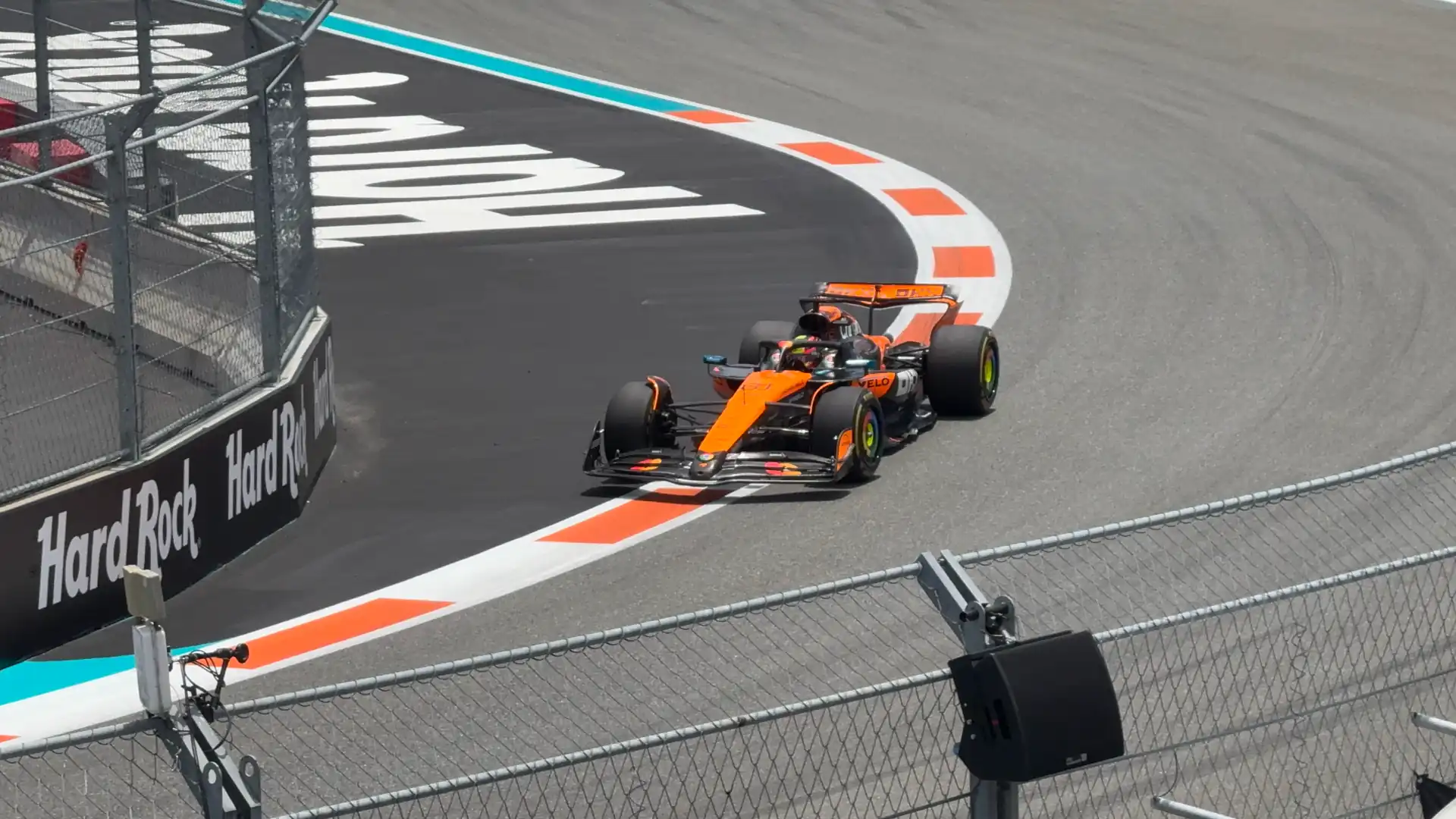
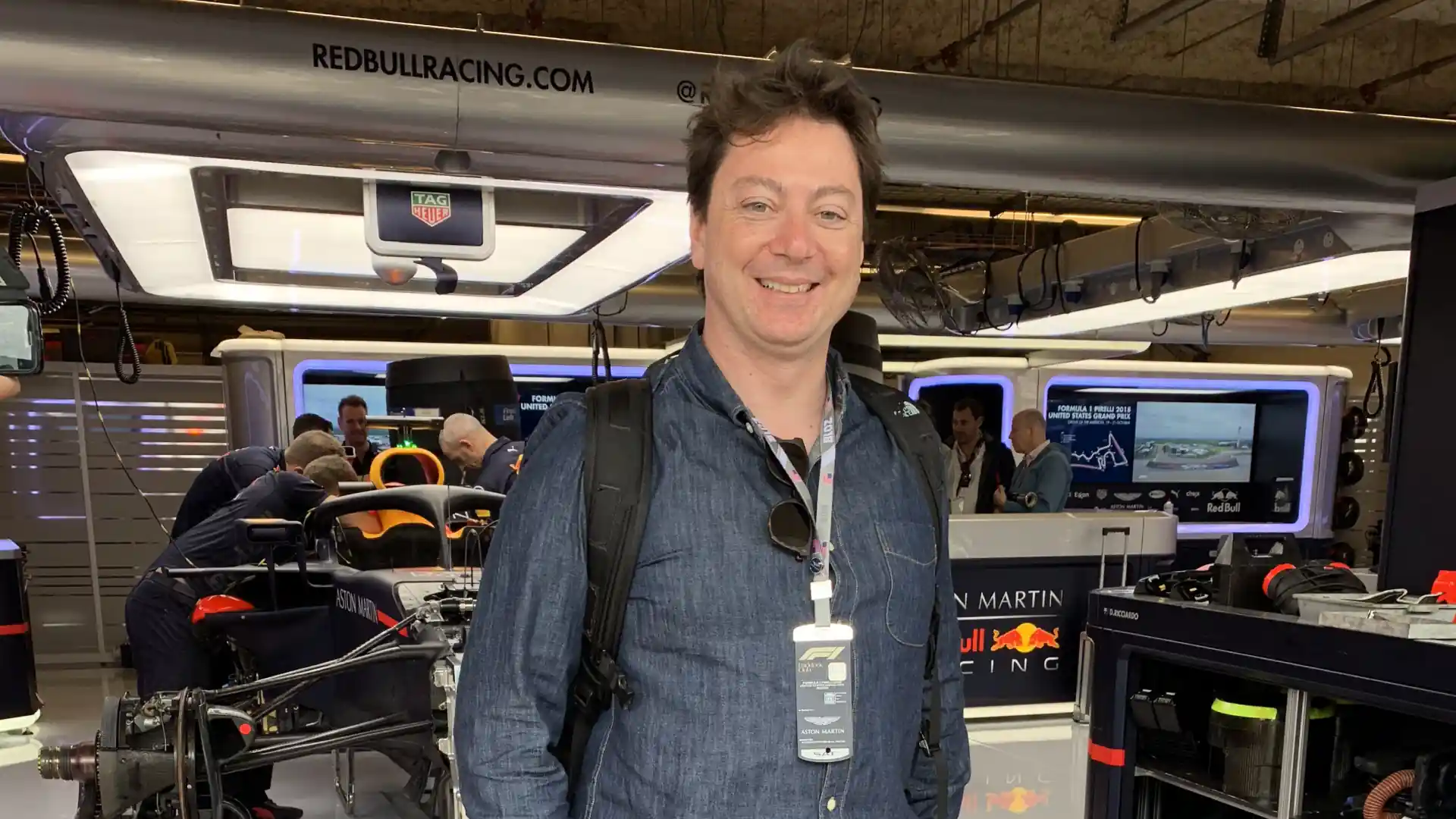

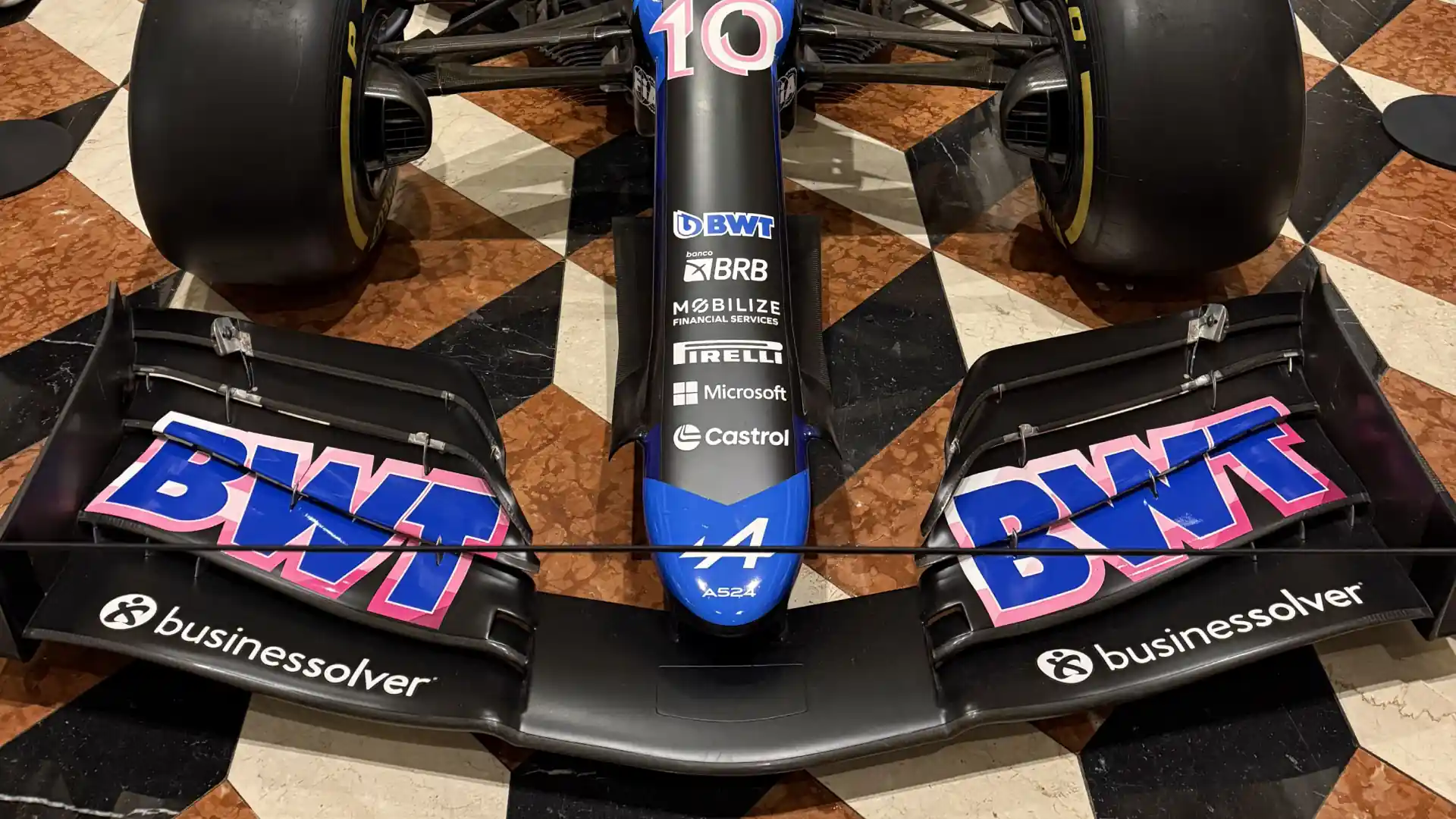
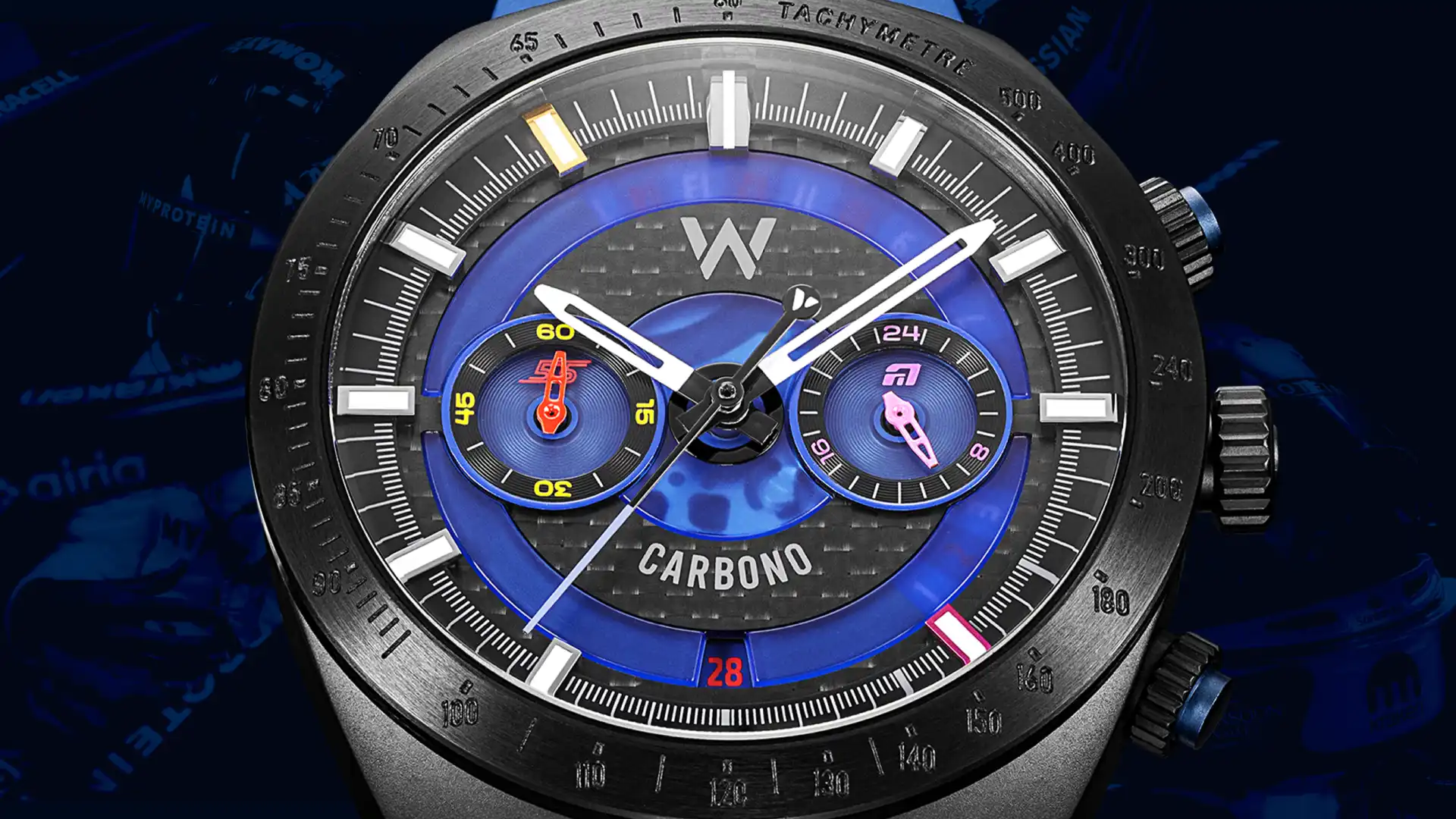
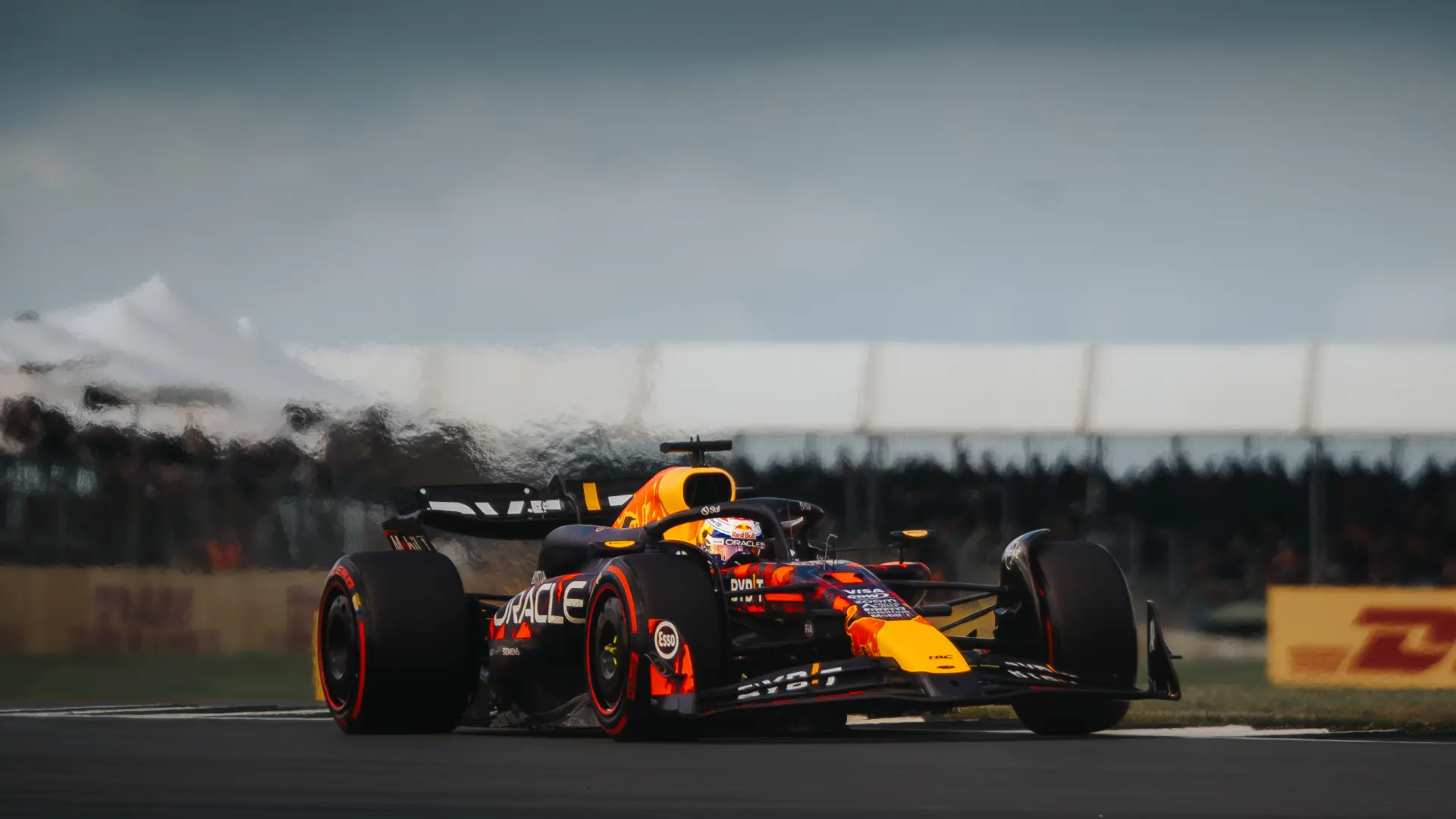
.webp)

